Time-based Media
Time-based Media in the Bachelor study programme
The Bachelor’s degree course taught in the Department of Time-Based Media develops artistic dramaturgies and specific practices for (inter-) media formation processes in all spatio-temporal dimensions. Focusing on the full range of contemporary digital media, internet art, virtual reality, sound, photography and film, and their nuanced circulatory worlds and installative or performative settings, the course stresses their interplay with traditional forms of artistic expression.
The degree course seeks to encourage the individual or collective development of artistic articulations, including its students’ ability to reflect on and to situate their work in the specific socio-cultural context of its development. Beginning with their identity as students at a Hamburg art academy, HFBK students go on to explore a range of diverse forms of artistic practice and positioning. This is accompanied by engagement with multiple contemporary and historical discourses of art theory, media criticism, diversity and sustainability.
Learning and research on the degree course is structured by our students’ completion of an artistic development project in which they develop their individual artistic vision through the interplay of practical and conceptual work. Students acquire and practice the analogue and digital technical skills requisite to their degree course in practical courses taught in the HFBK media technology and electronics workshop, the acoustics laboratory, the mixed media workshop, a range of computer laboratories and the digital / material workshop. This enables them to explore the possible techniques of design and composition, form, surface and space, virtuality and concretion, sound and tone, image and detail, object and environment, time and duration and integrate them in their individual conception. The interdisciplinary nature of the degree course provides students with the opportunity to engage with related disciplines, thereby locating their own artistic endeavours within a broader framework.
Supplementary courses in art history and theory enable students to gather experience and explore a range of issues in their chosen field in greater depth.
The HFBK also maintains a number of international exchange programmes and project cooperation agreements with various institutions throughout the world, which afford our students the opportunity to refine the insights gained into their chosen discipline by engaging with other cultural contexts. We place great importance on the involvement of various publics in artistic research at the HFBK and the communication and discussion of art in the context of the diverse institutional and societal contexts of its presentation. Students are accorded the opportunity to present and discuss their work in the HFBK gallery and annual exhibition, in projects conducted with external partners and various workshops and events.
Time-based Media in the Master study programme
The Master’s degree course taught in the Department of Time-Based Media enables its students to take an interdisciplinary approach to examining different ways of working with time-based media. This involves video and sound, installations and performative staging, interactive systems, design with digital media and innovative programming in analogue and digital spaces.
The course takes an artistic approach to exploring and giving expression to the interdisciplinary issues involved in the productive, receptive and reflexive aspects of time-based media. Beginning with their identity as students at a Hamburg art academy, students go on to develop their individual understanding of diverse forms of artistic practice and positioning. This process involves a discussion of current discourses in art and social theory, media criticism, sustainability and their multiple historical and contemporary dimensions.
This Master’s degree course seeks to enable its students to acquire proficiency in a wide range of media-oriented research, development and design skills. It tests, develops and deepens their understanding of a wide range of media forms and formats (such as video, film, photography, sound, games, NFTs and interactive systems) through the realization of an artistic development project in analogue and digital spaces.
The interdisciplinary nature of the degree course provides students with the opportunity to engage with related disciplines. Supplementary courses in art history and theory enable students to augment their experience in and knowledge of their chosen field.
A range of international exchange programmes and project cooperation agreements provide students with the opportunity to reflect on their unique cultural perspective. Participation in HFBK exhibitions and exchange programmes such as the annual exhibition or collaborations with project partners give students the opportunity to gather experience in the presentation, communication and discussion of art in a range of formats.
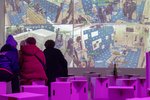
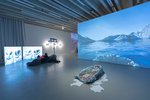

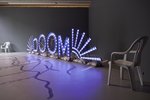
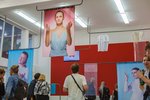
 Kader Attia
Kader Attia
 Angela Bulloch
Angela Bulloch
 Simon Denny
Simon Denny
 Jeanne Faust
Jeanne Faust
 Sung Tieu
Sung Tieu
 Ulf Freyhoff
Ulf Freyhoff
 Tilo Kremer
Tilo Kremer
 David Huss
David Huss
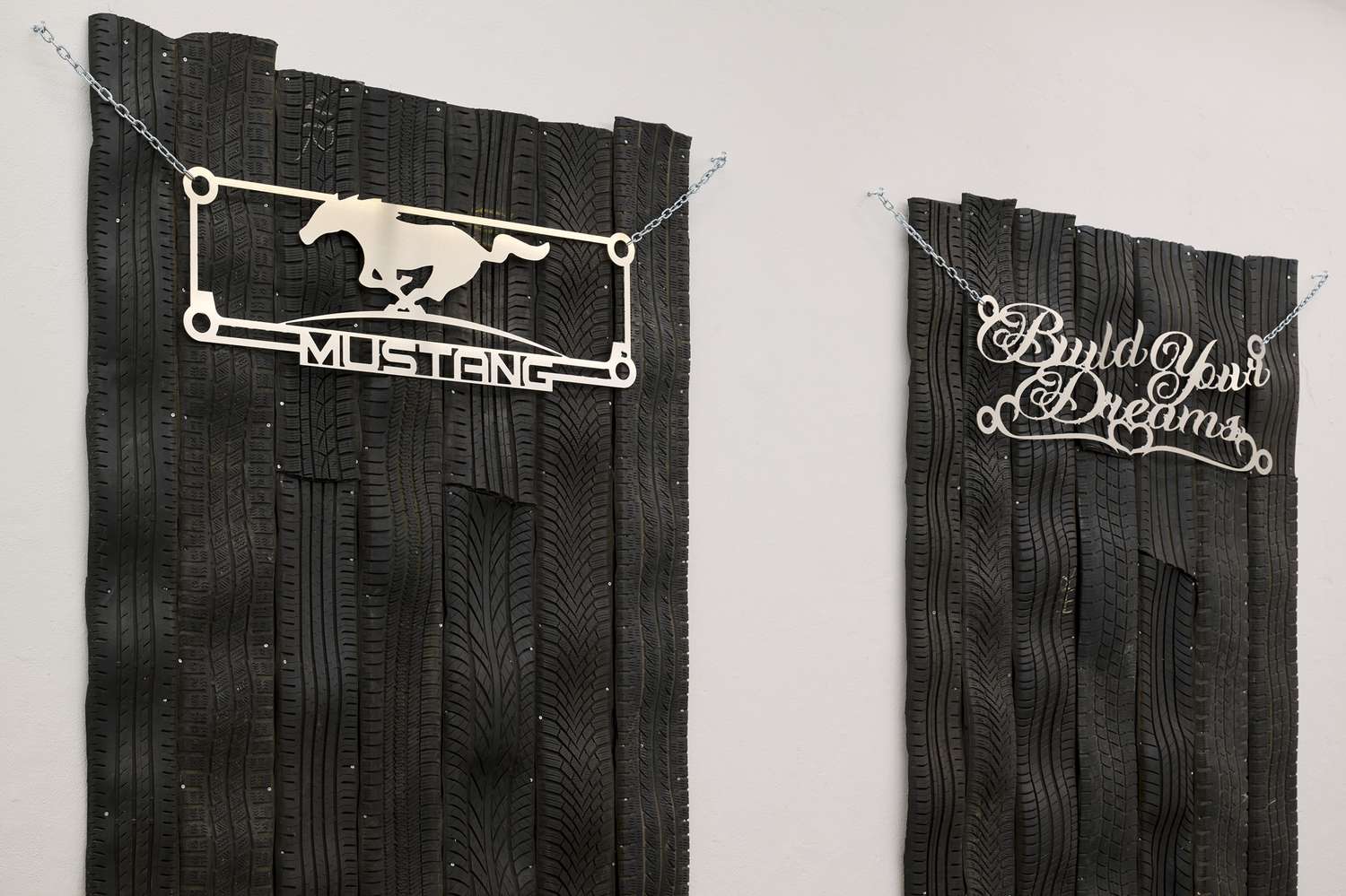
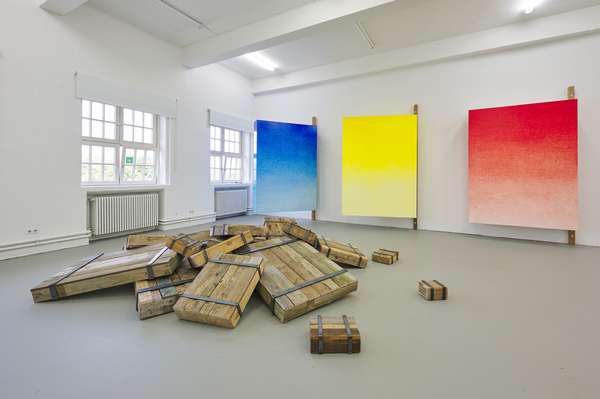
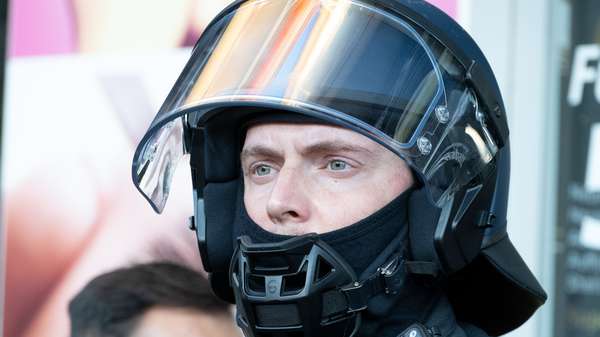
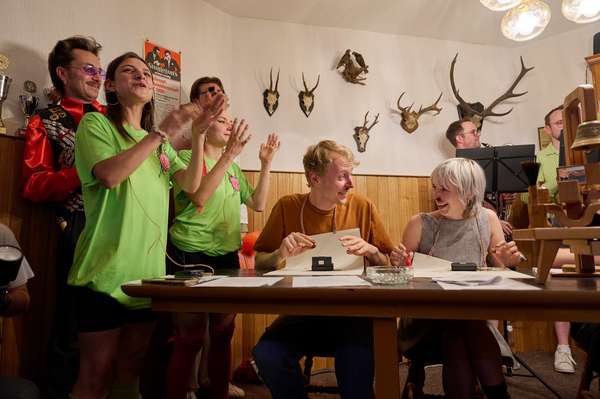
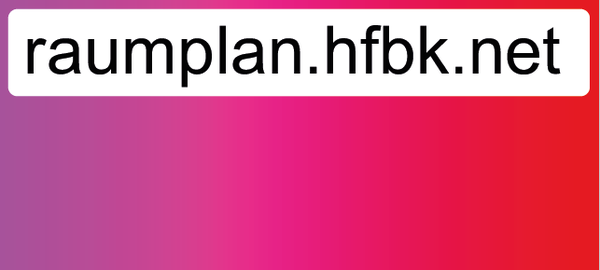
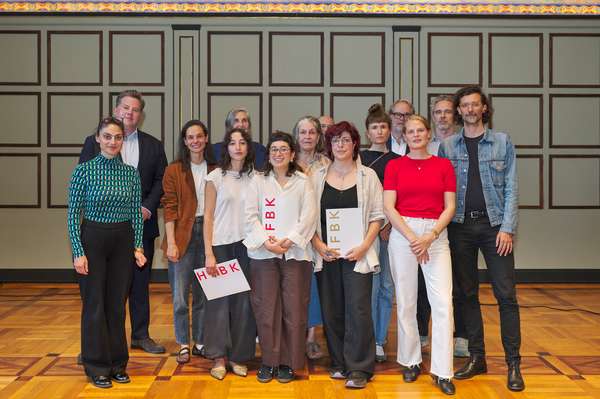

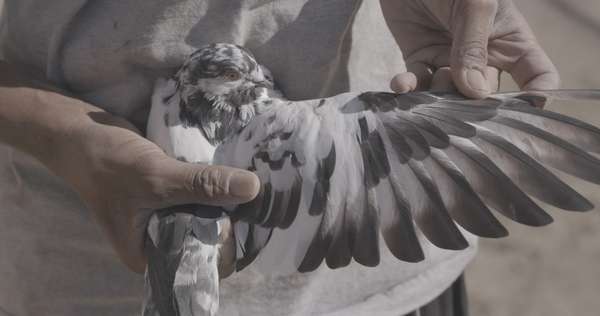
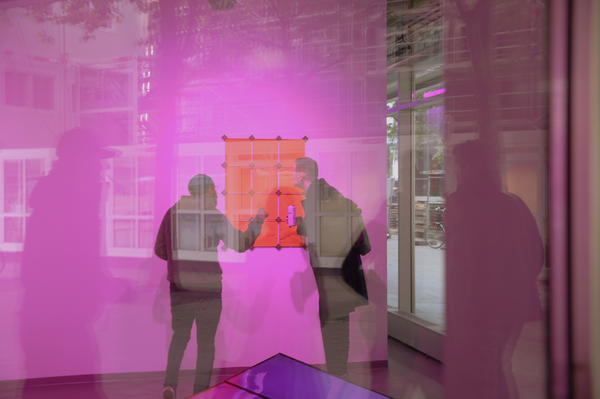
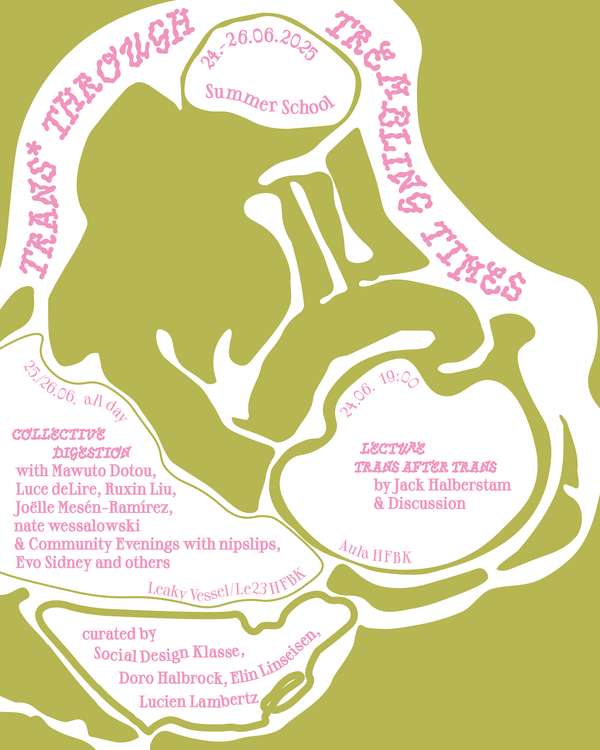
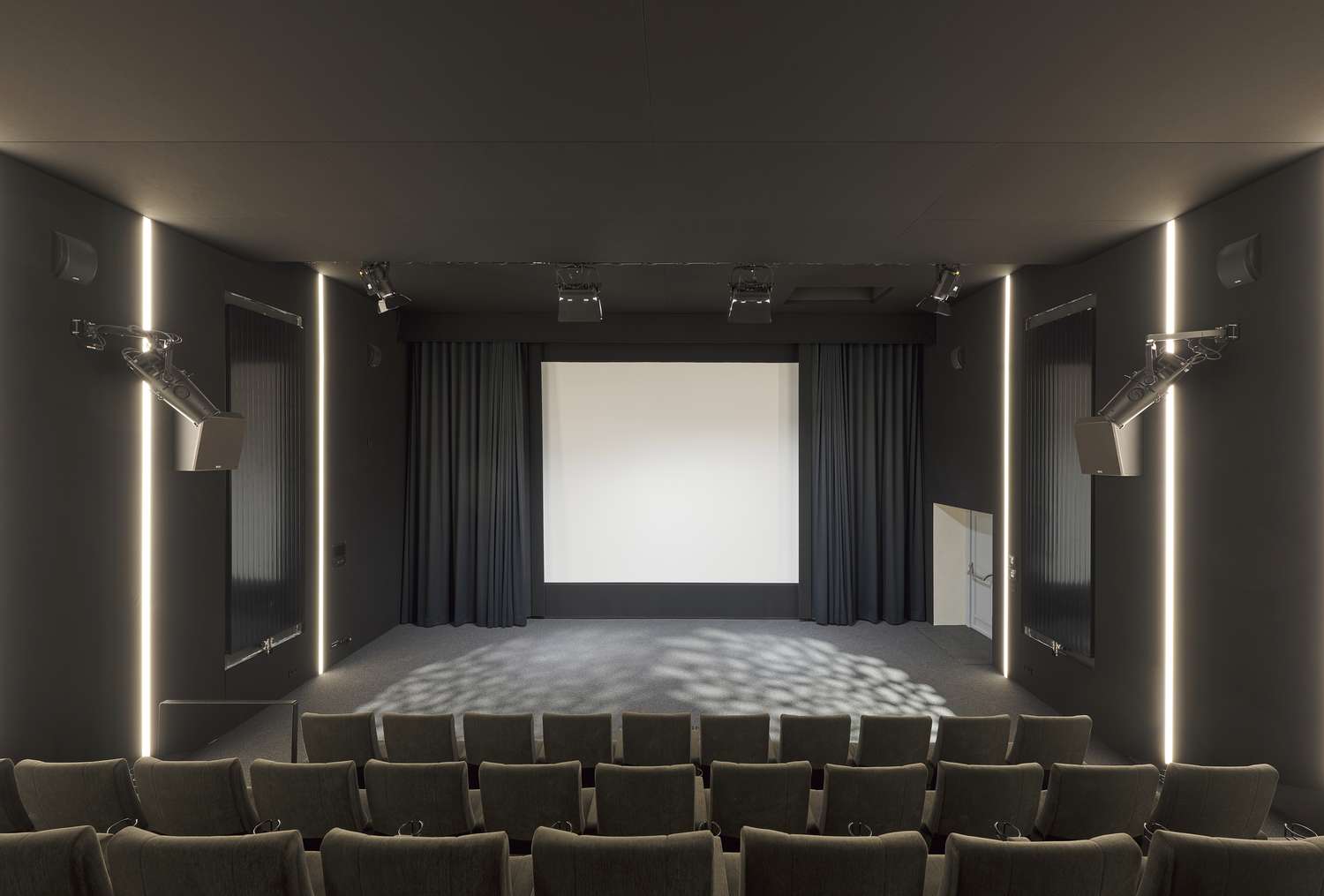
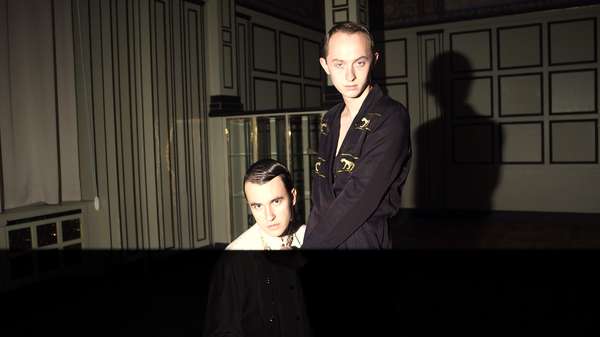
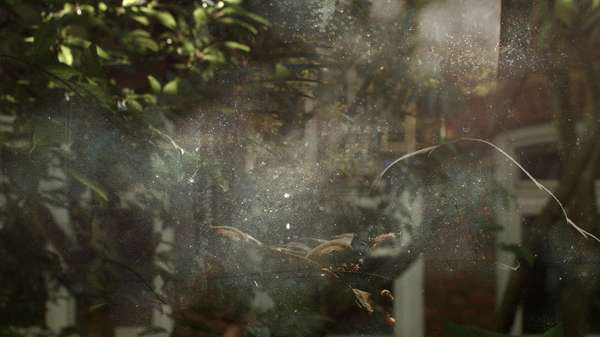
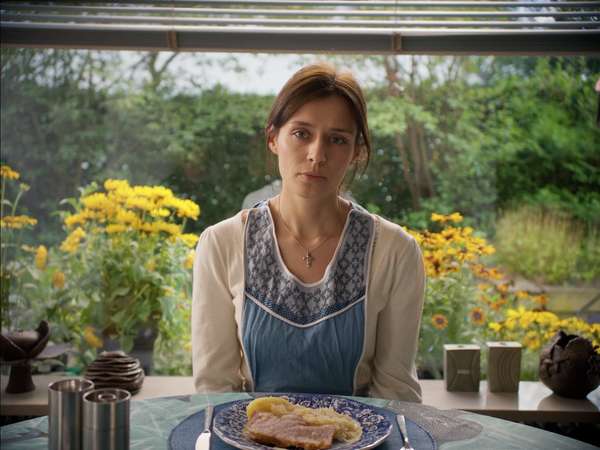
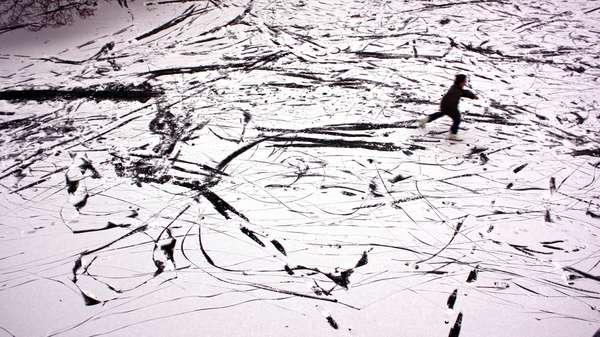
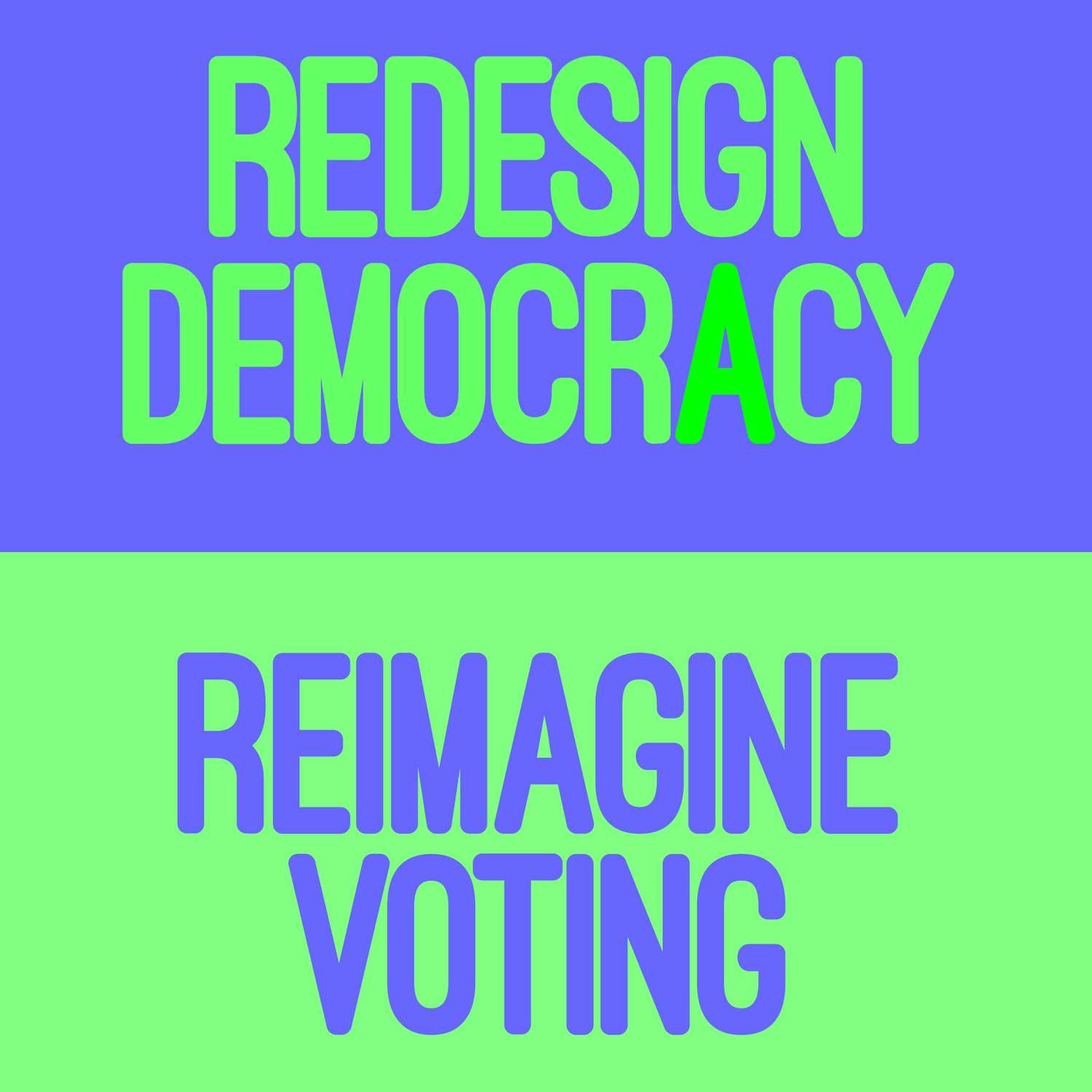
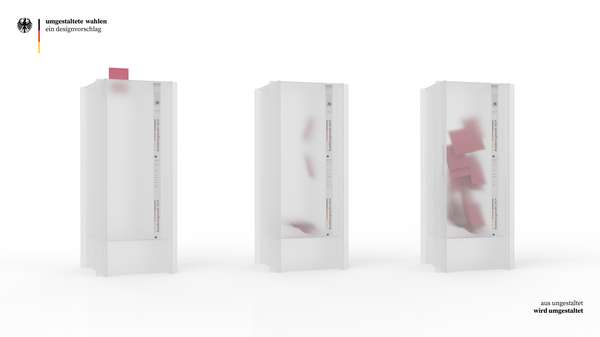
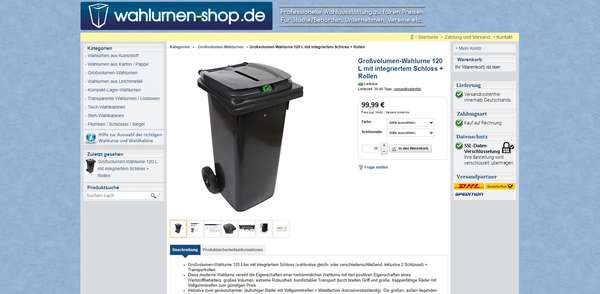
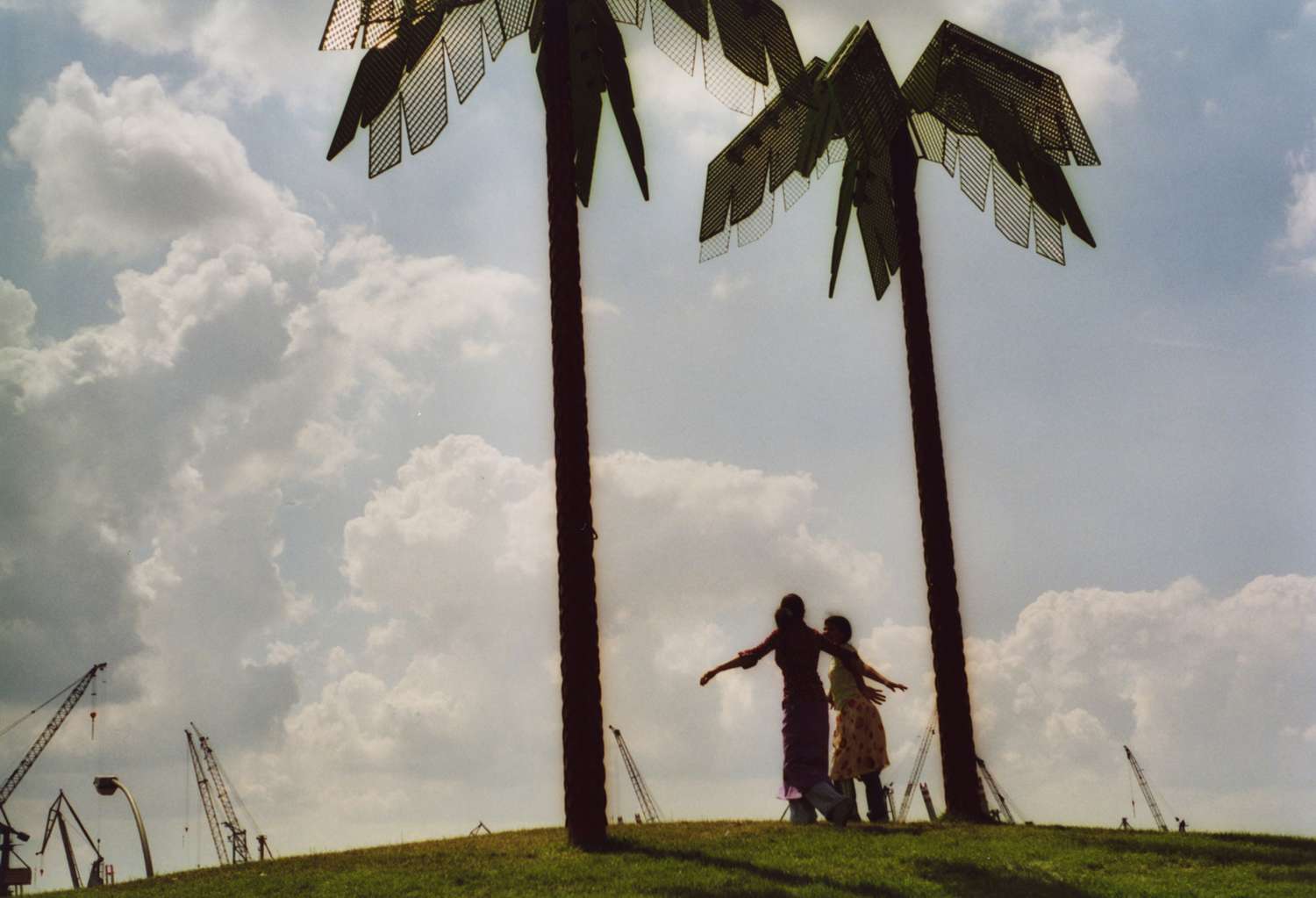
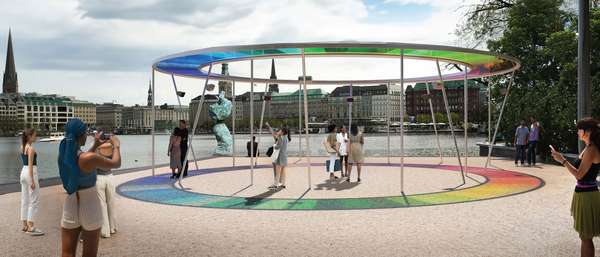
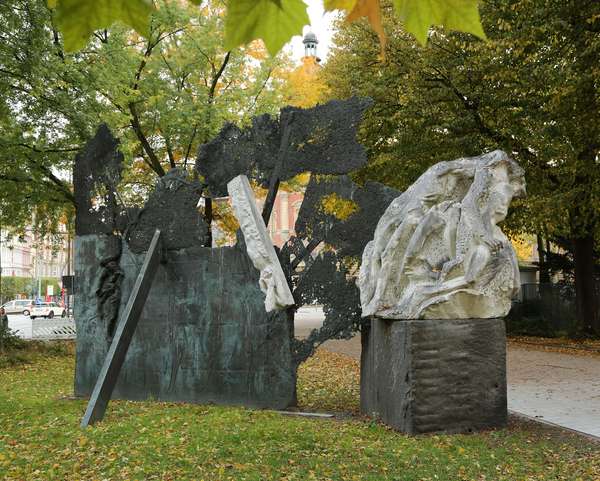
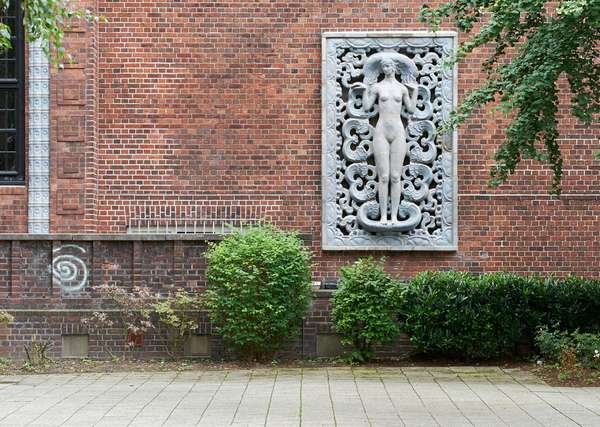
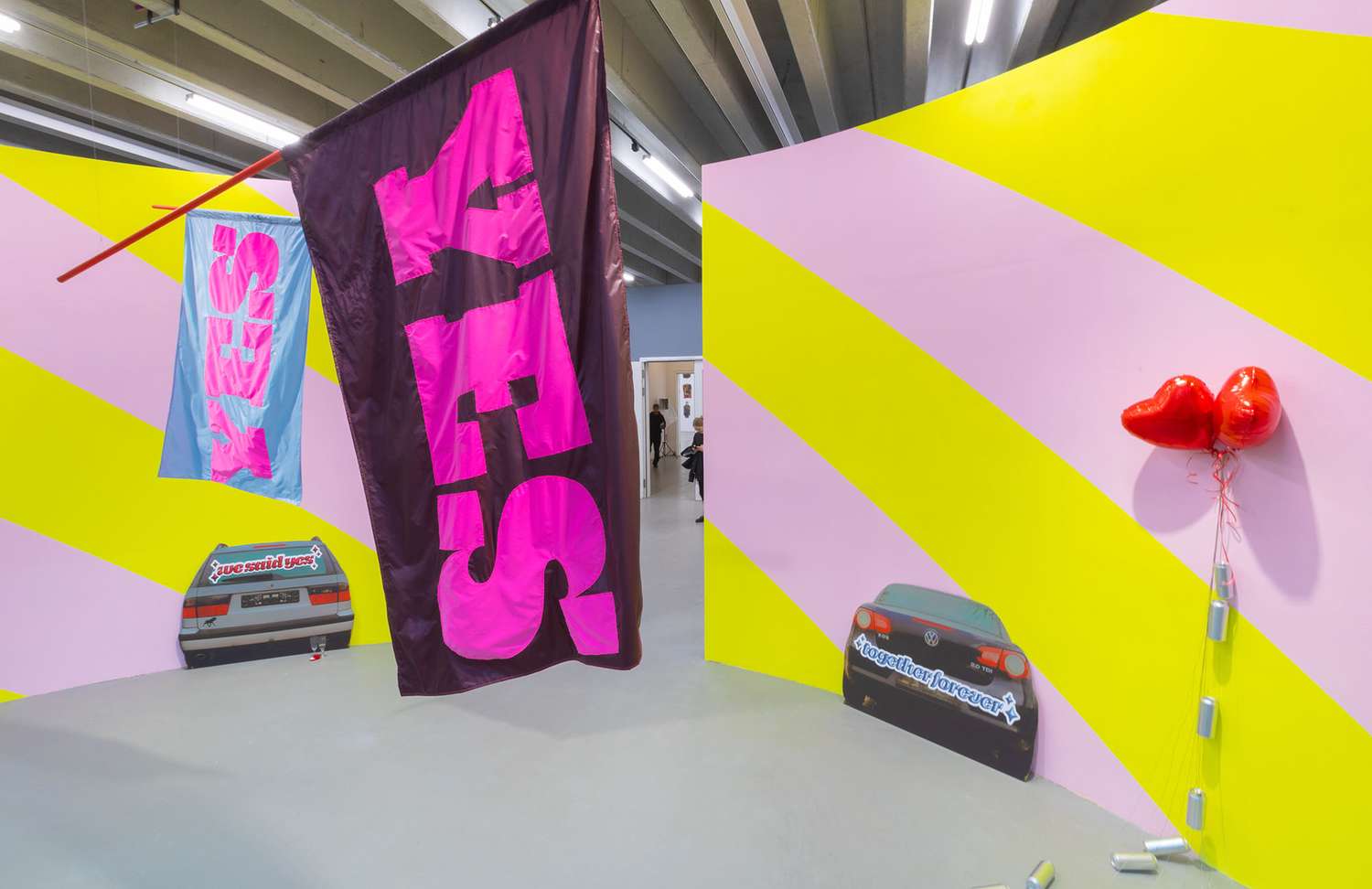
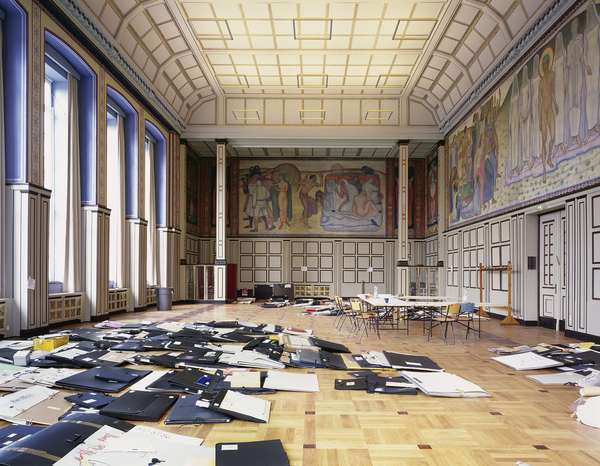
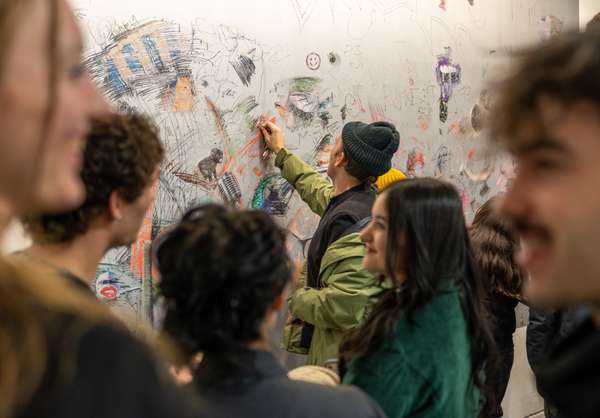
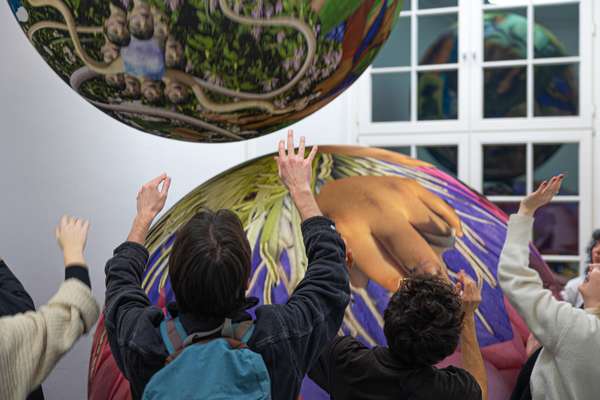
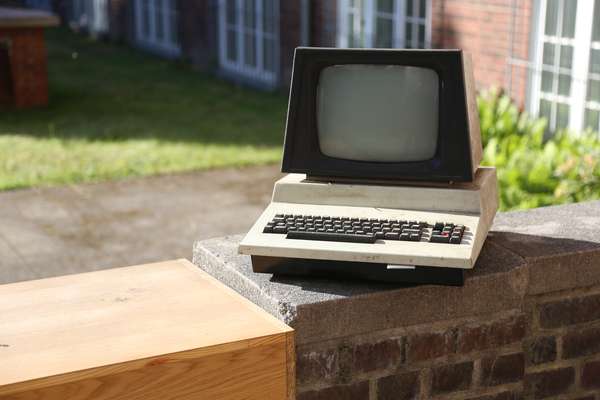

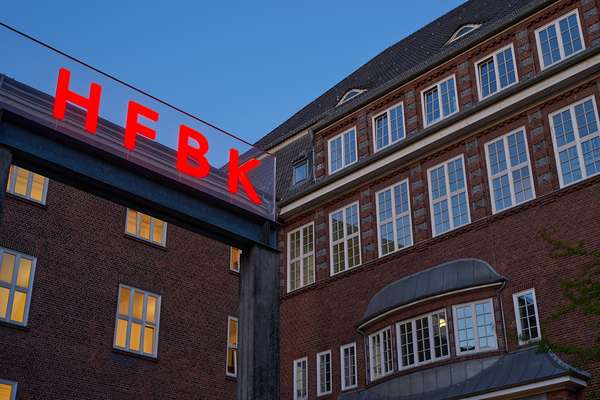
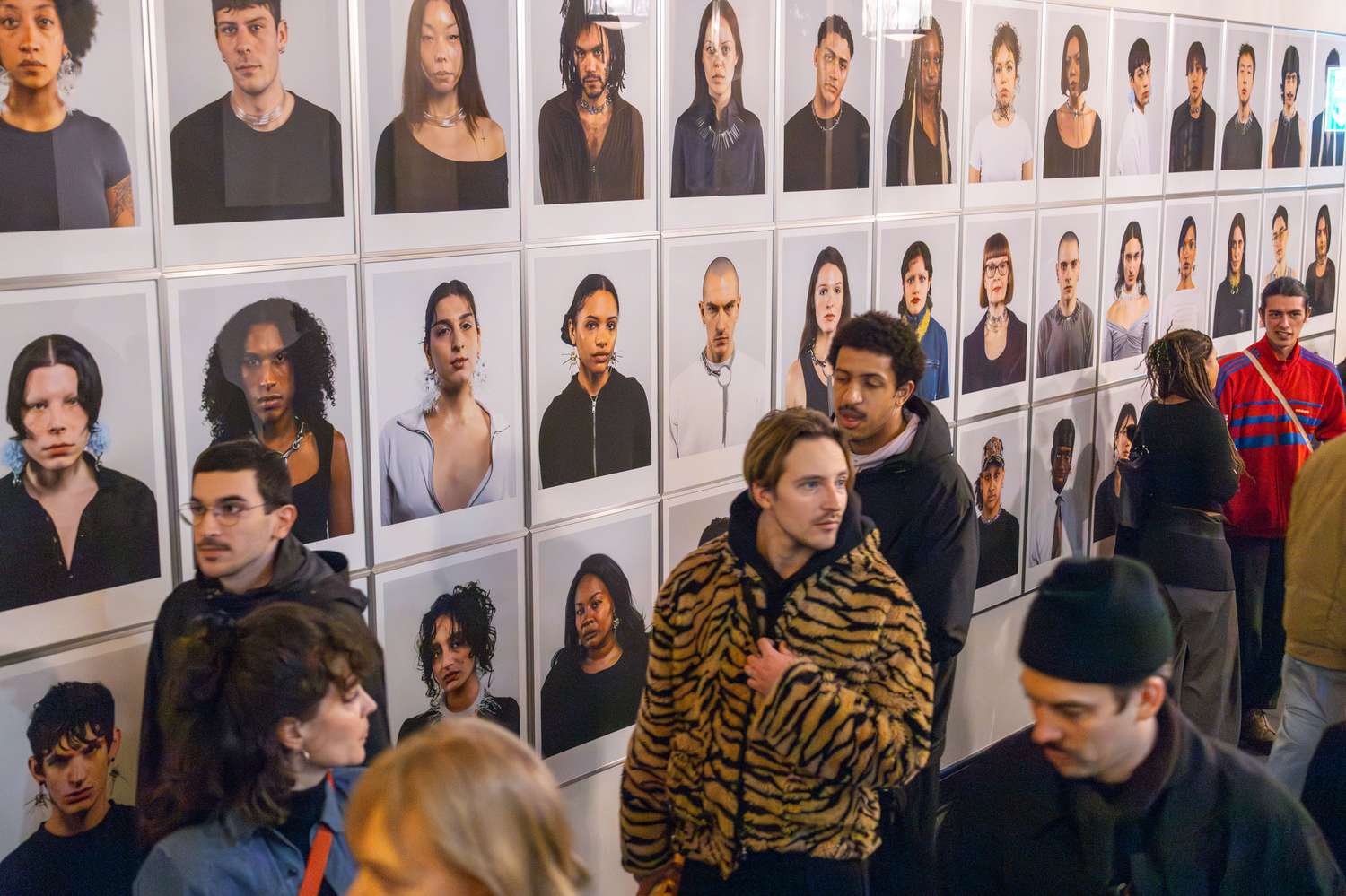

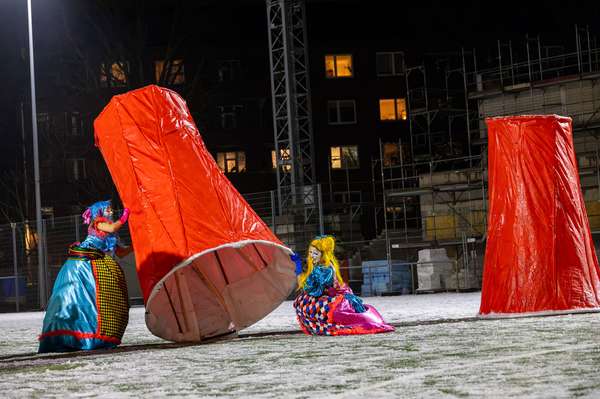
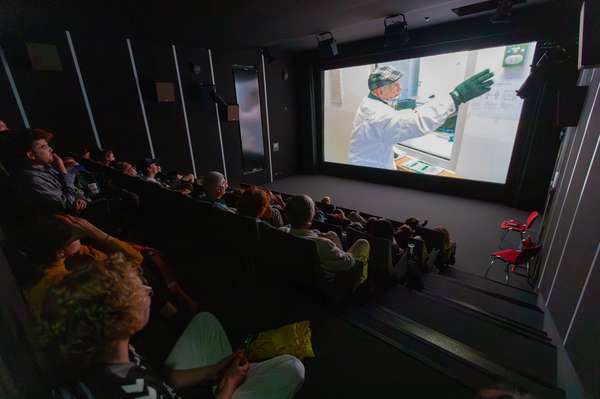
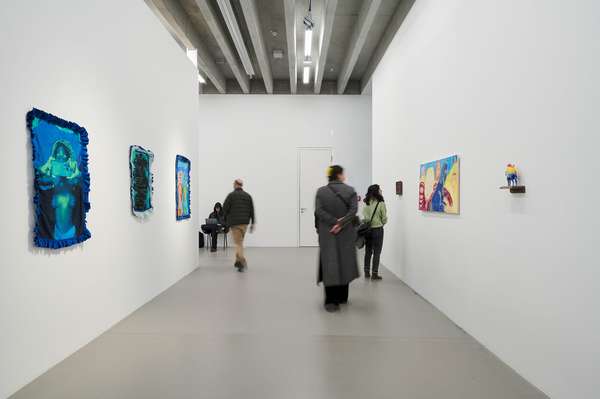
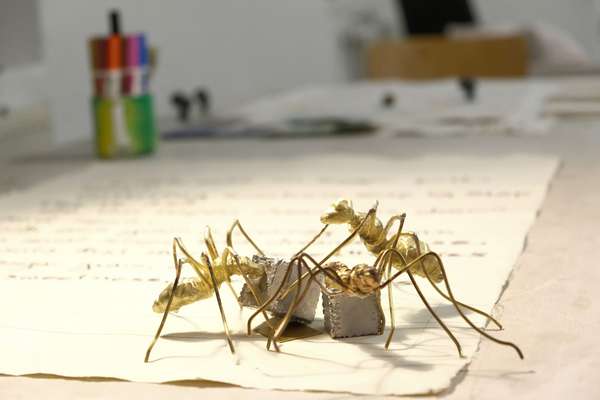
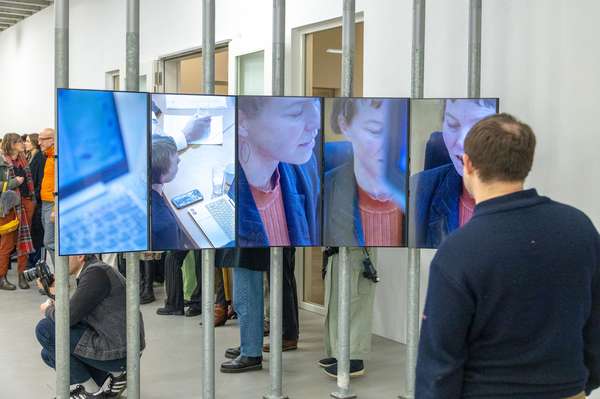
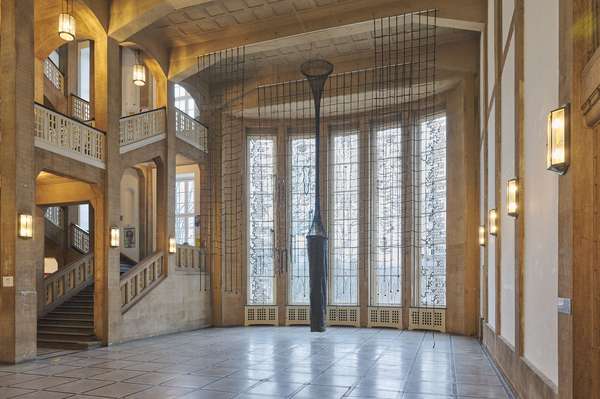
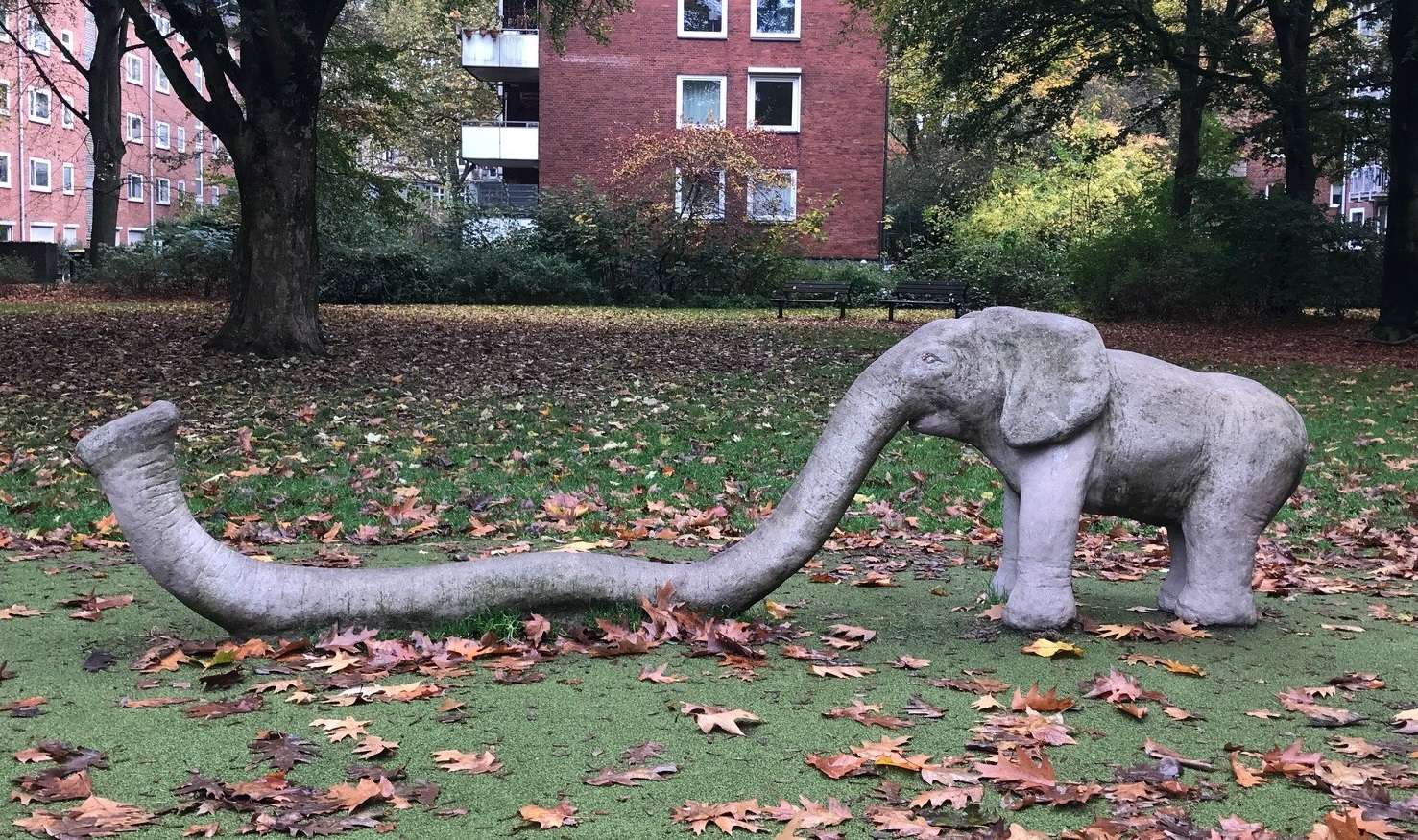
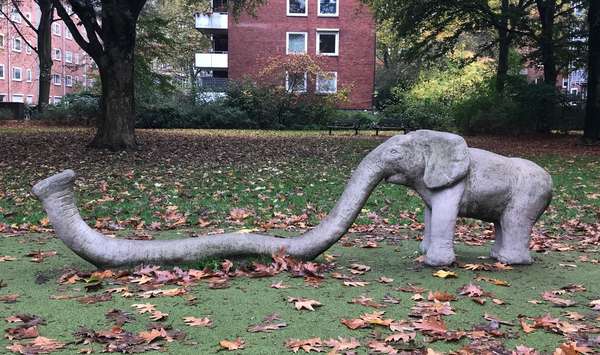
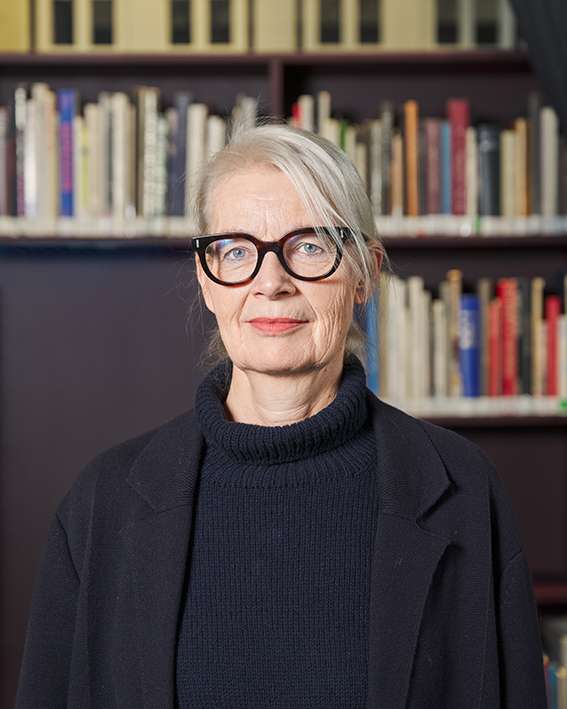
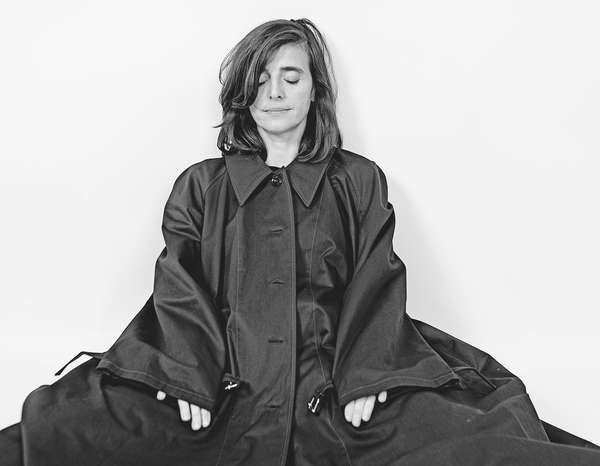
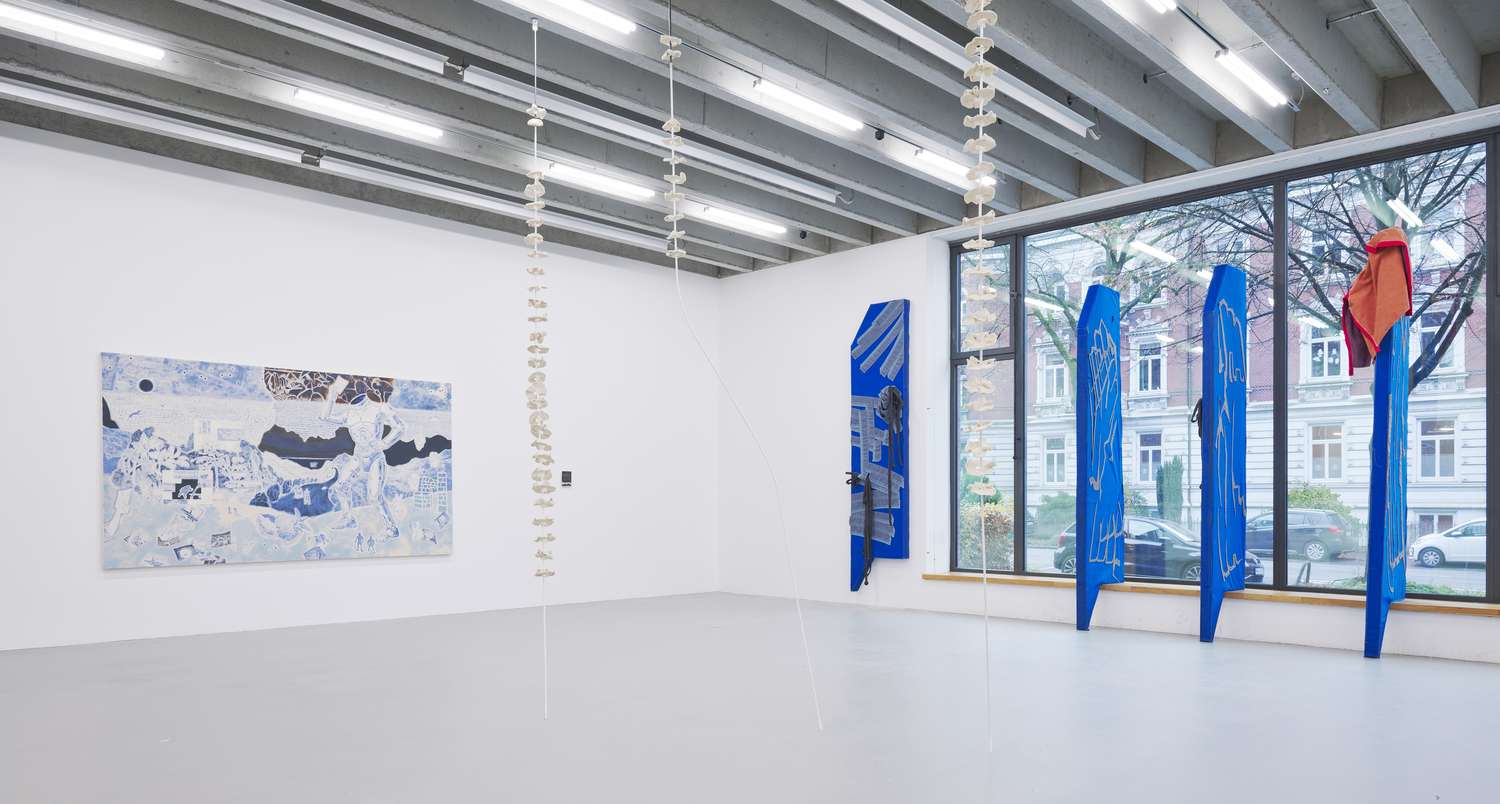
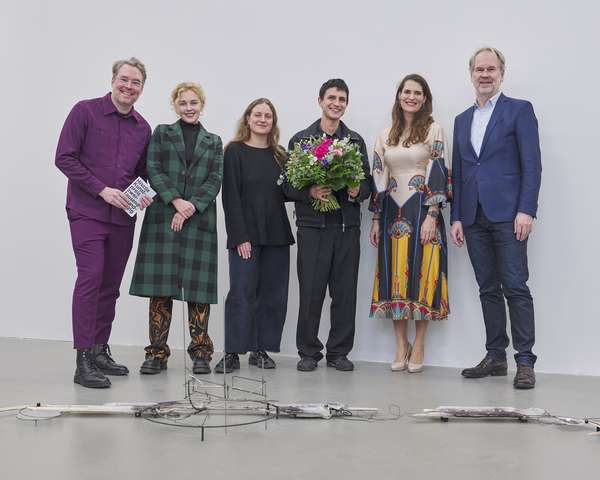
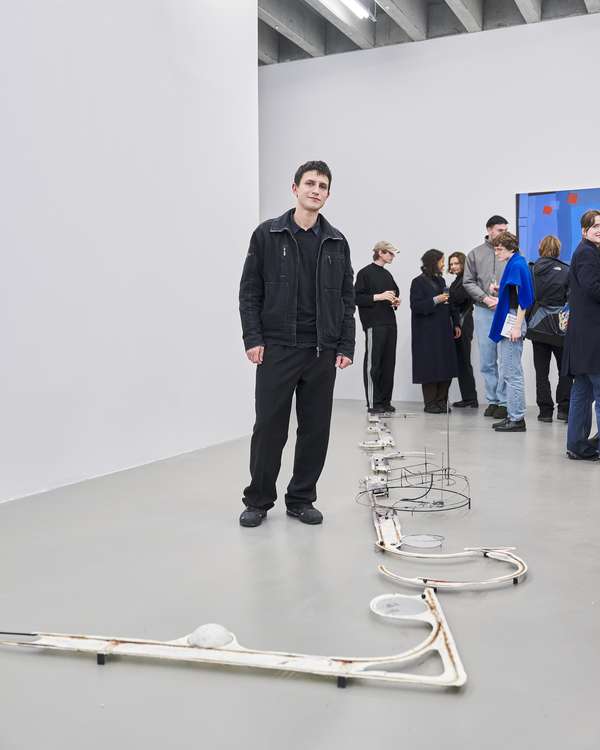
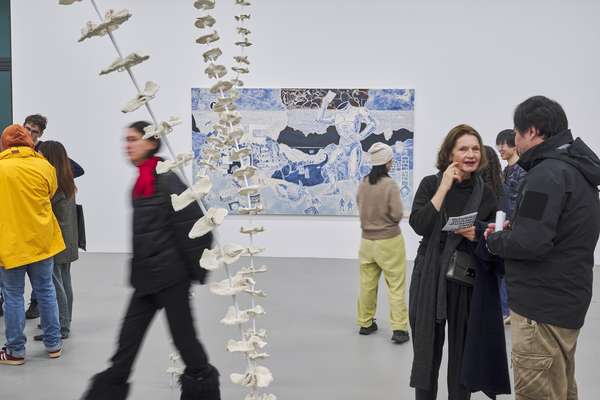
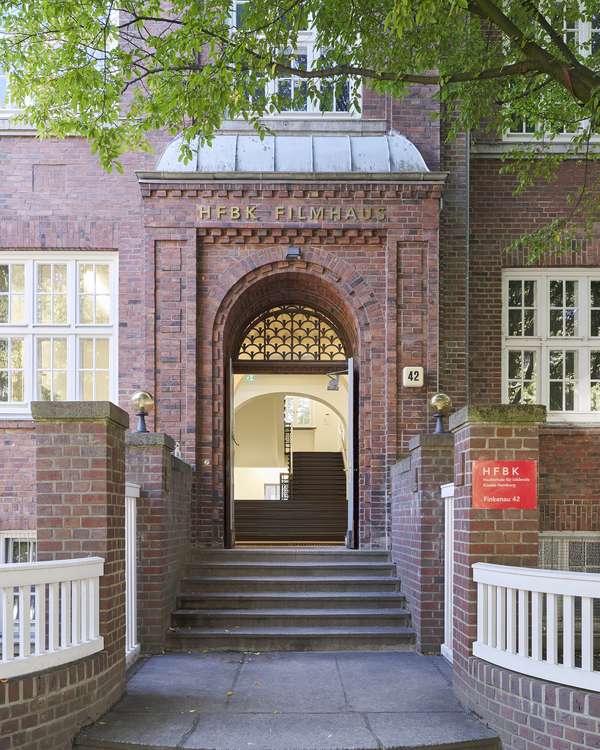
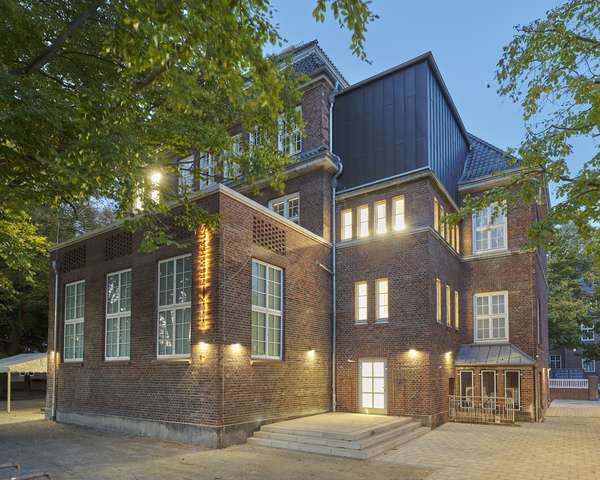
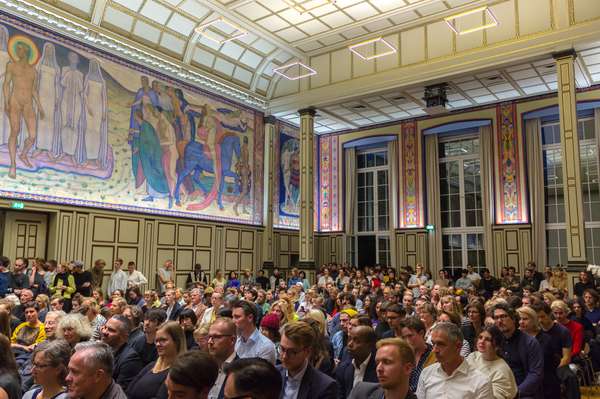
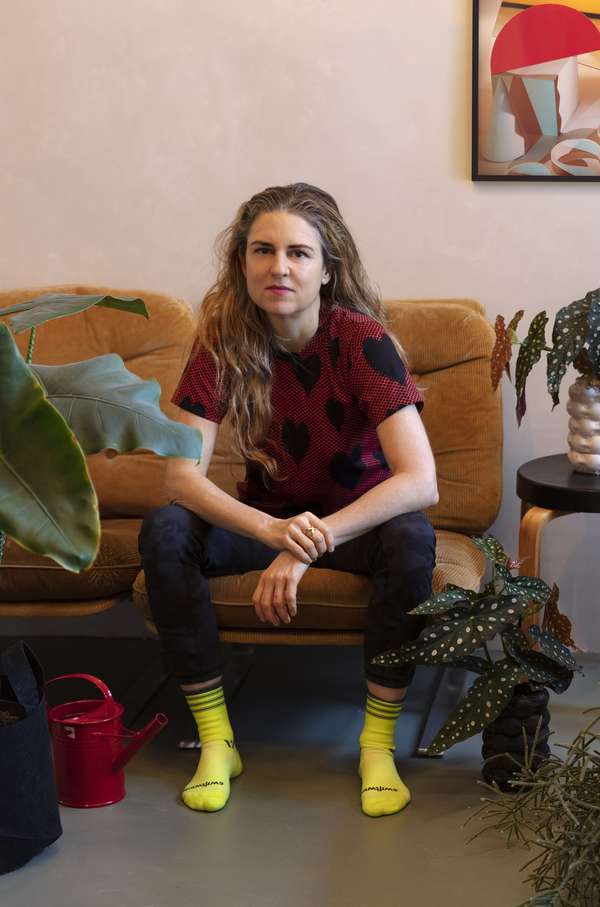
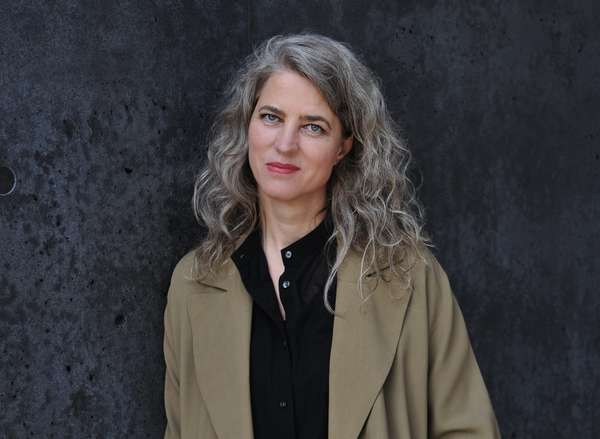
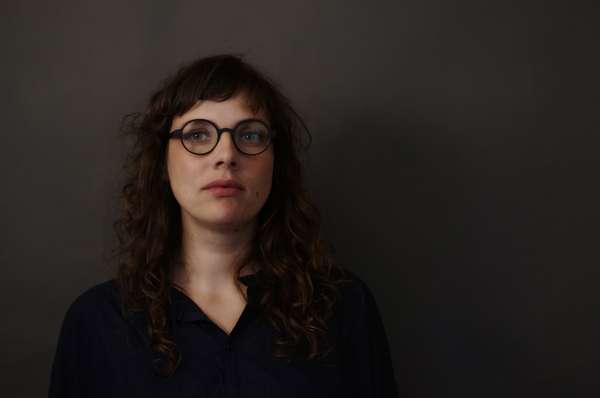
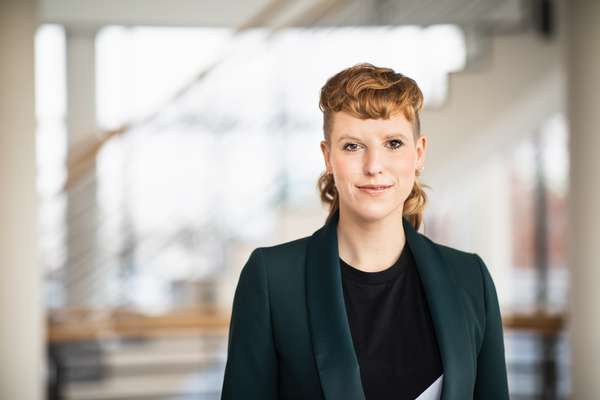
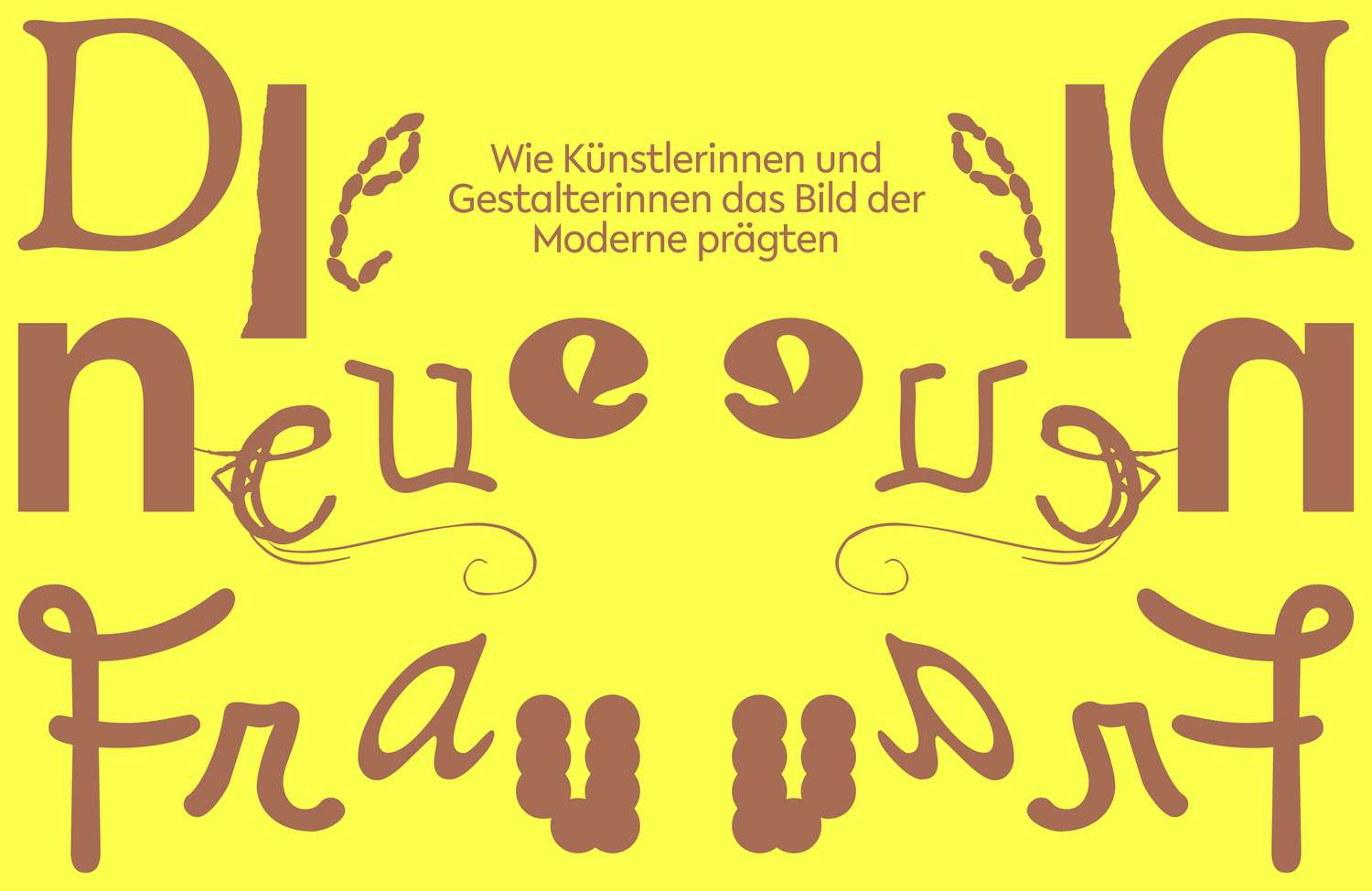
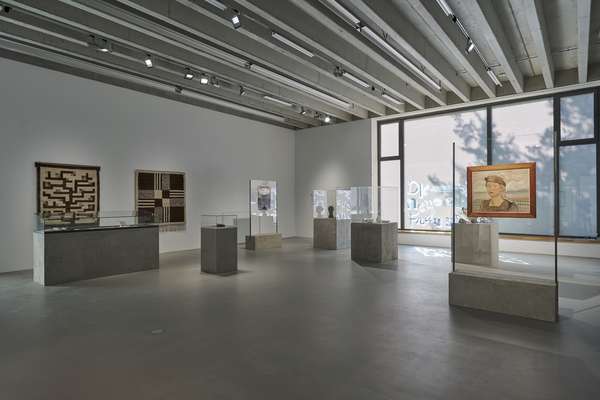
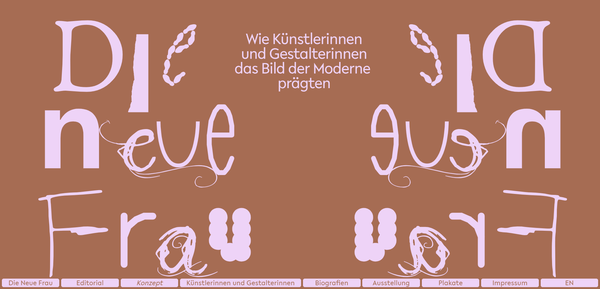
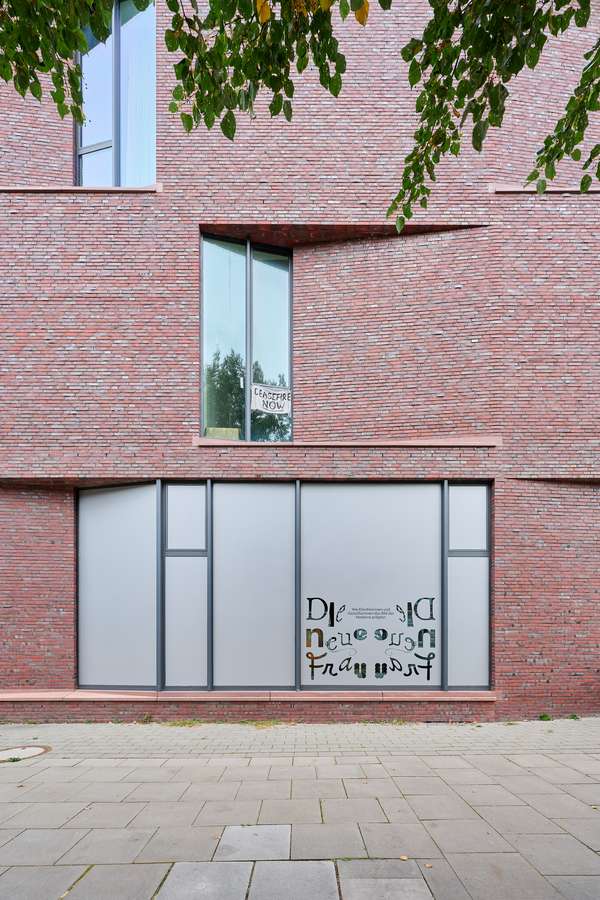
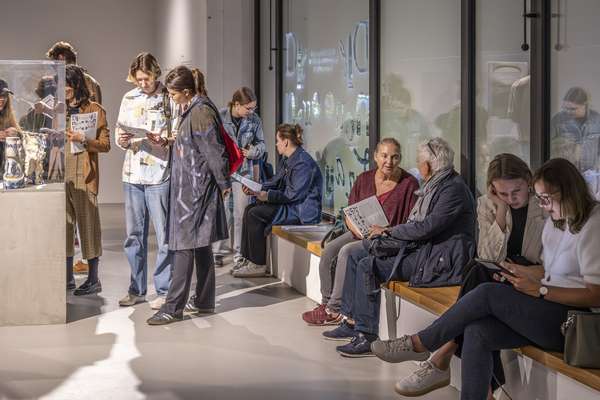
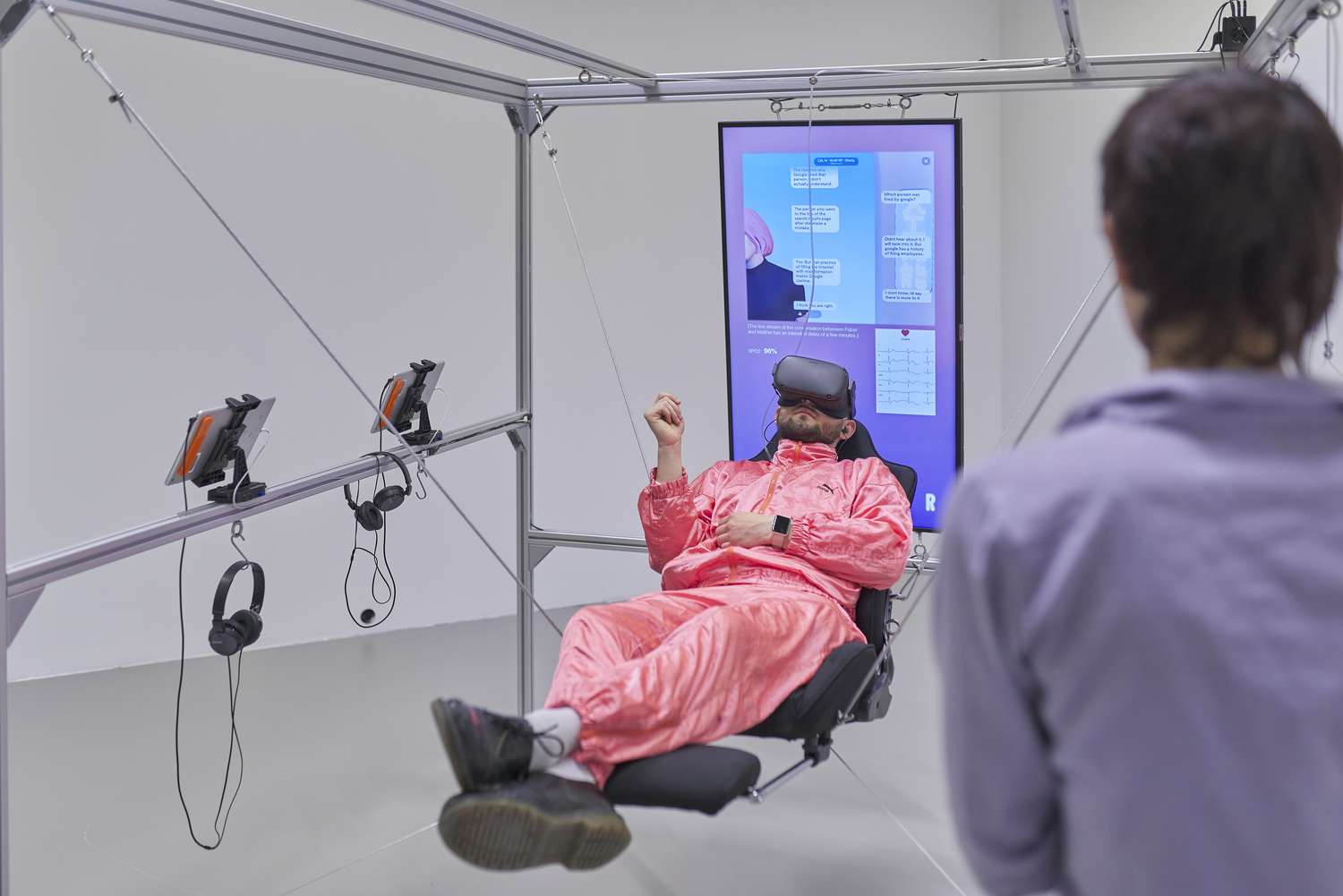
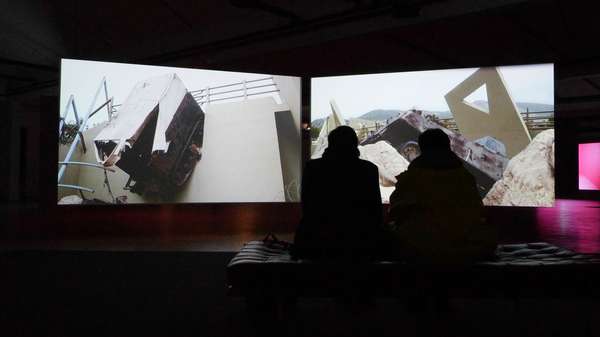
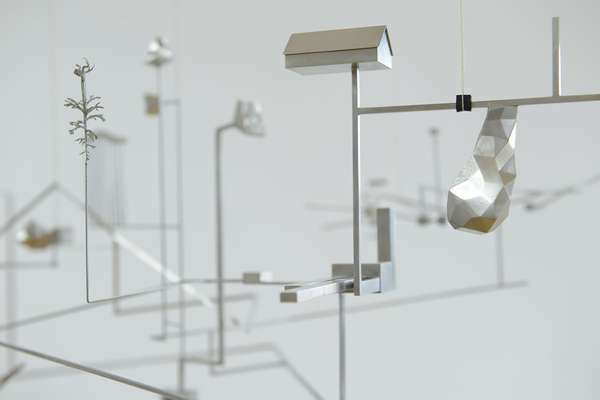
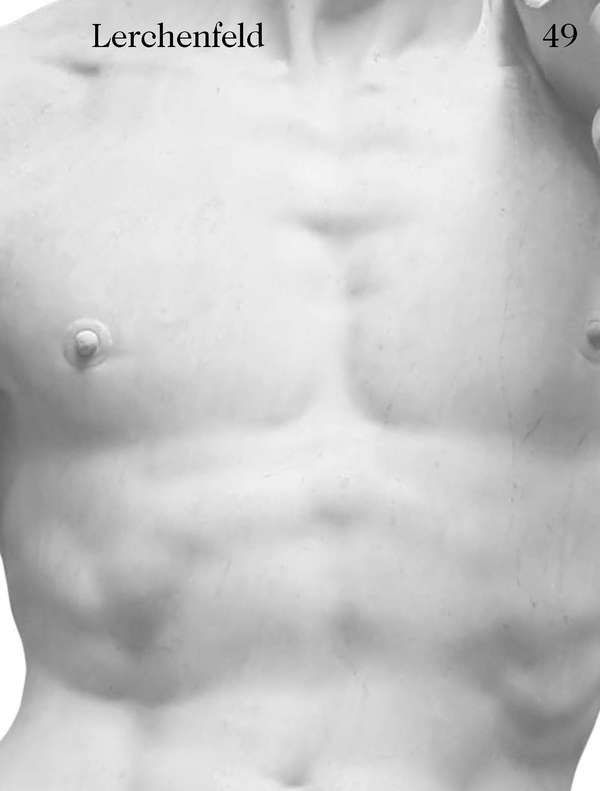
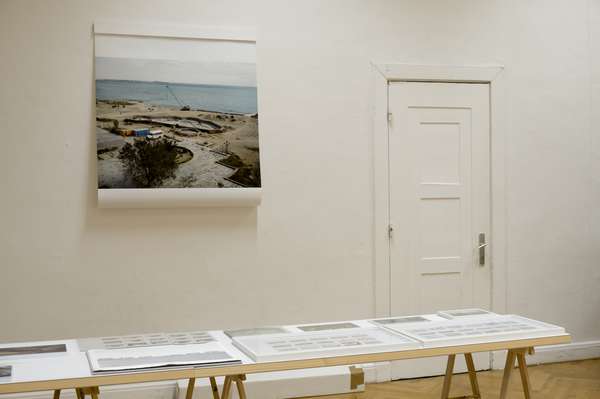
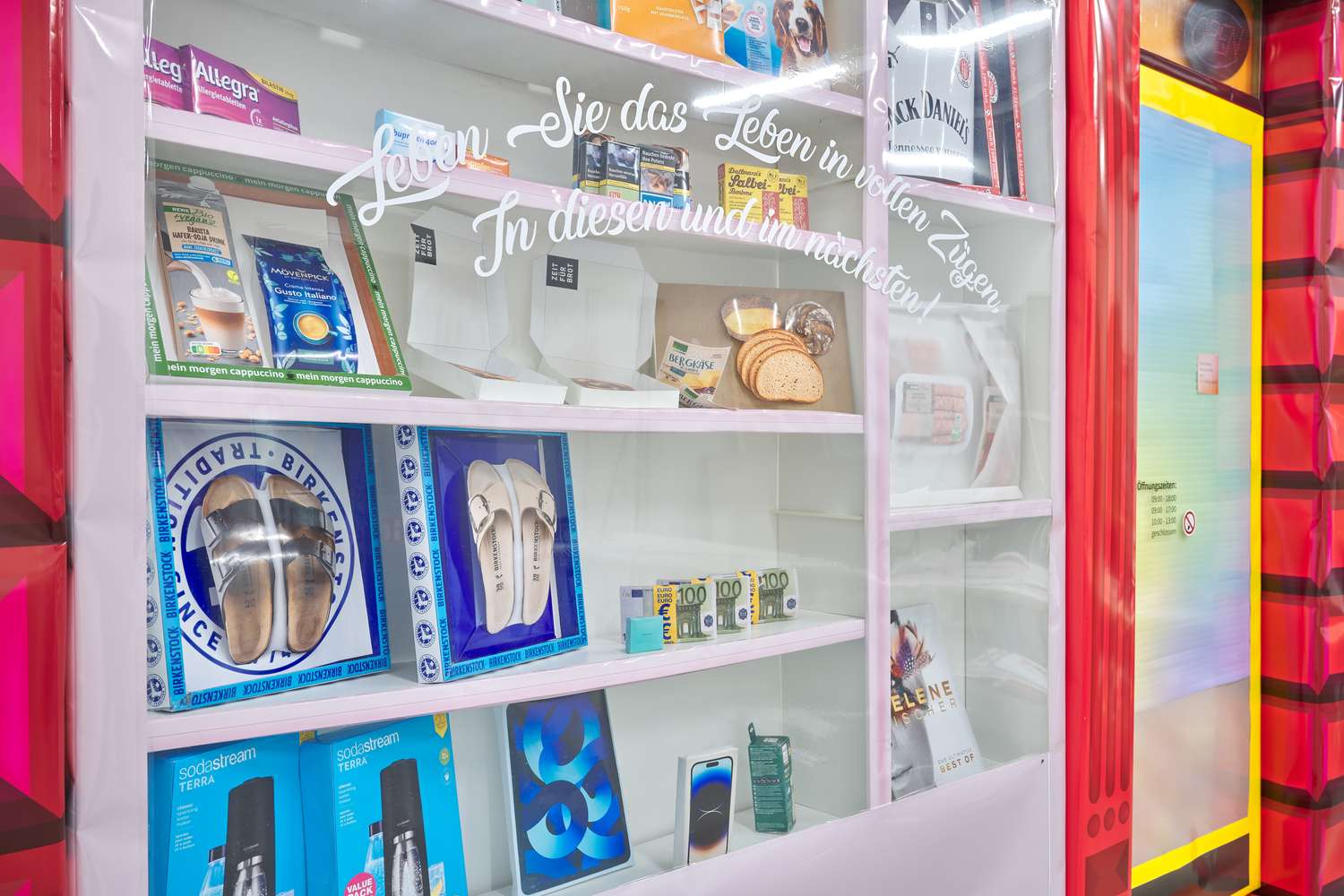
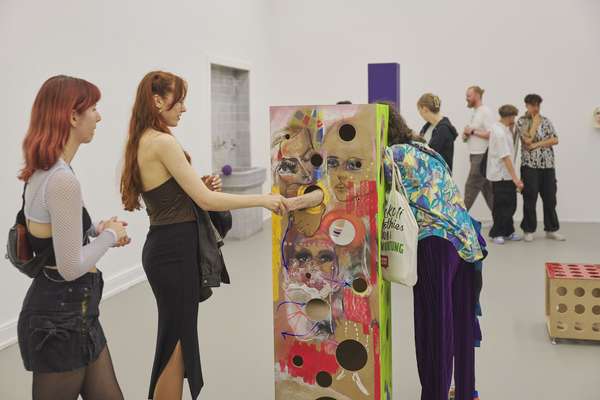
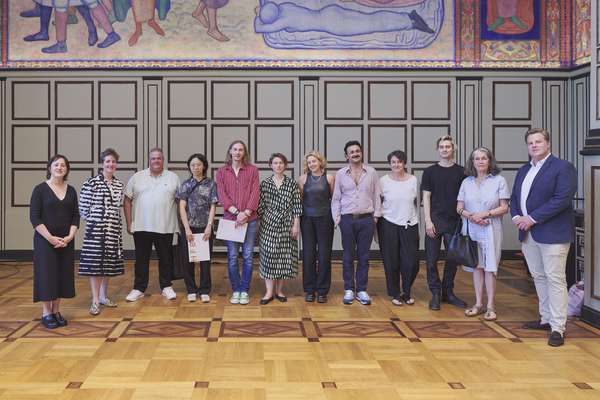
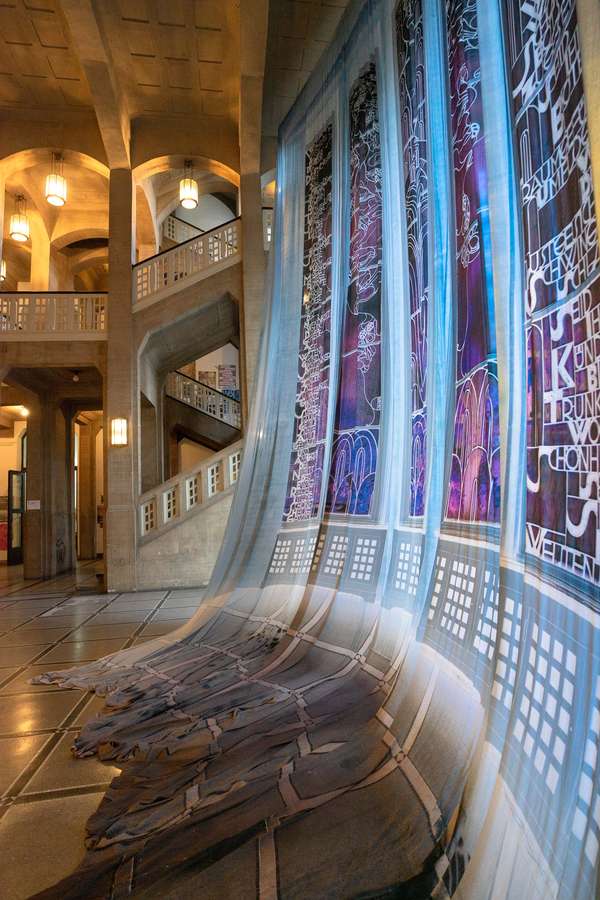
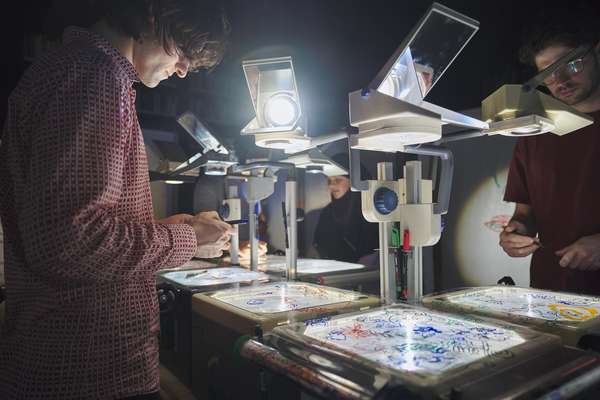
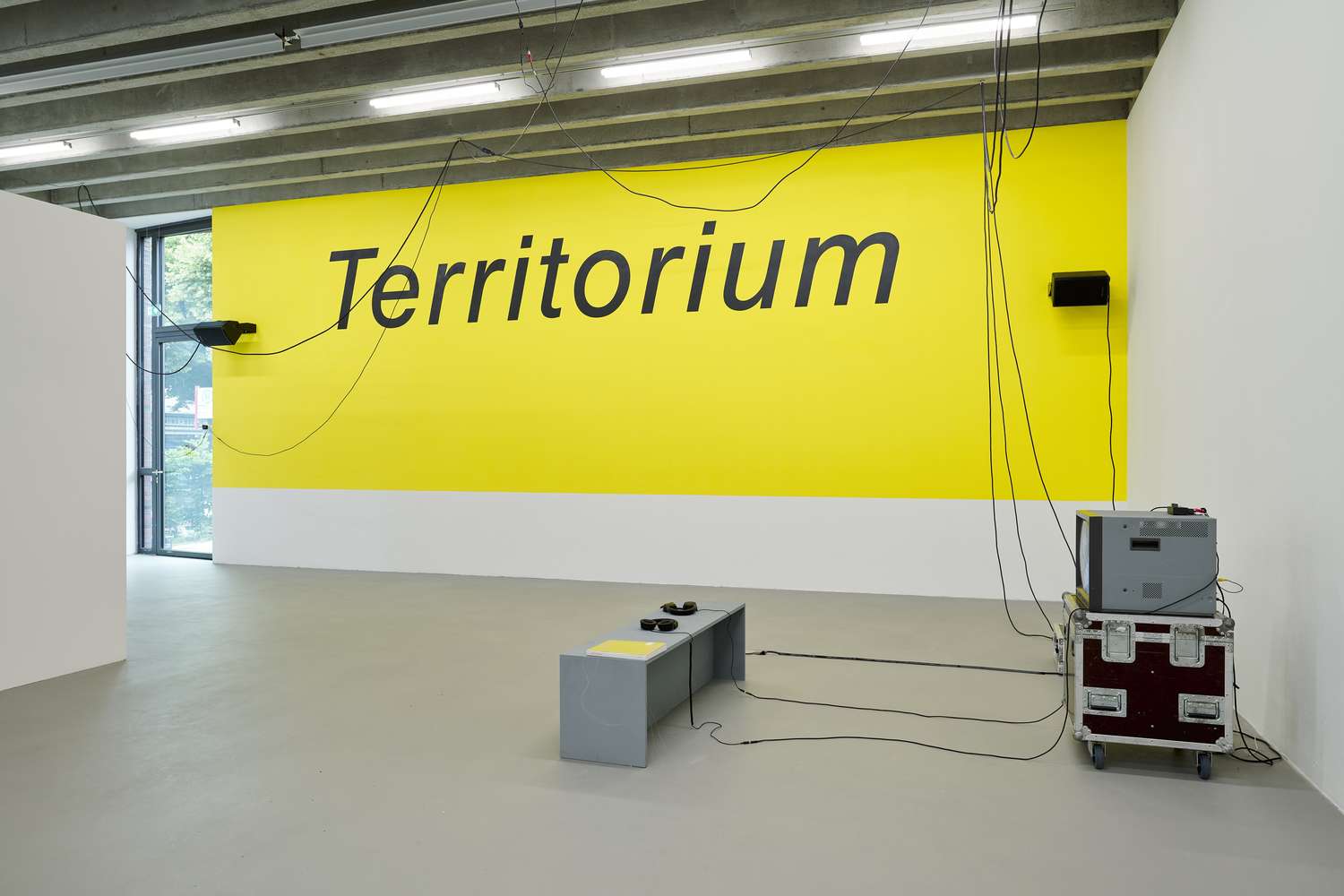
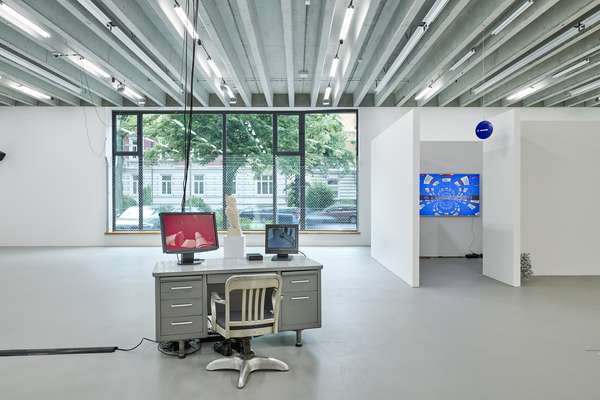
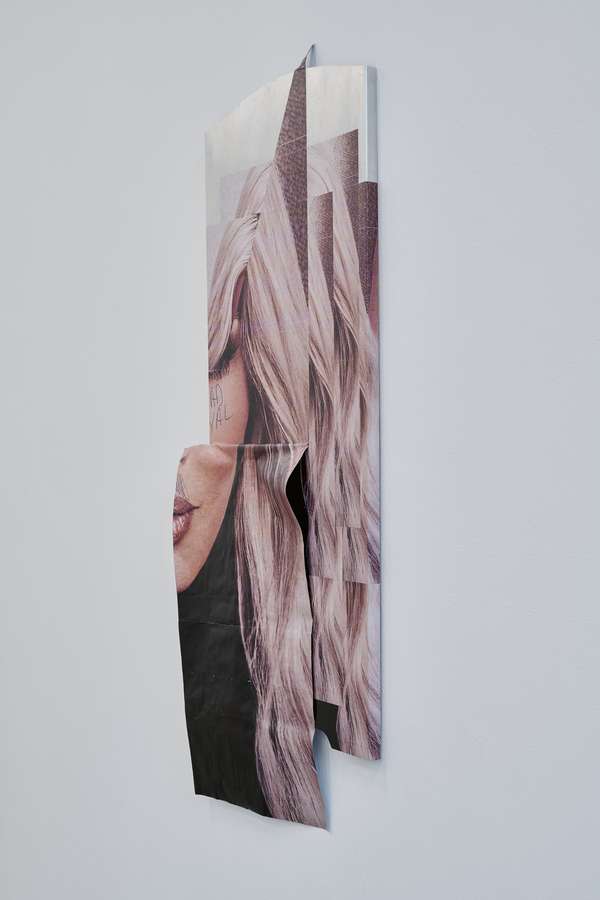
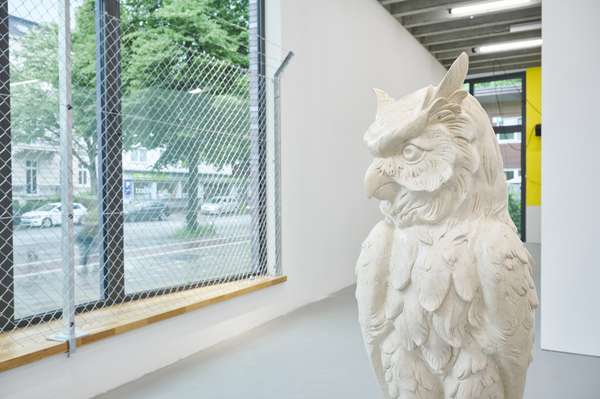
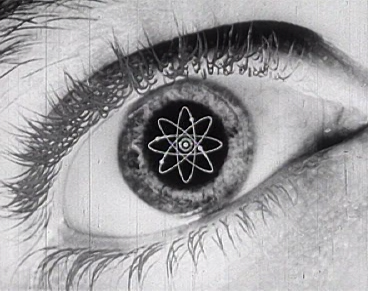
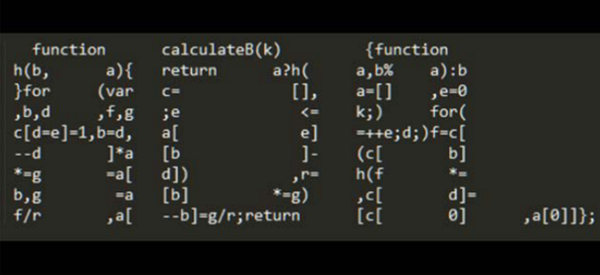
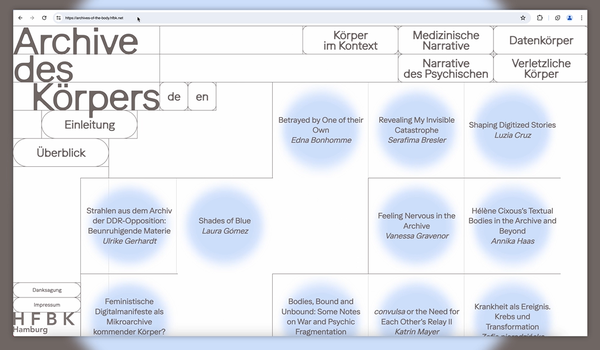
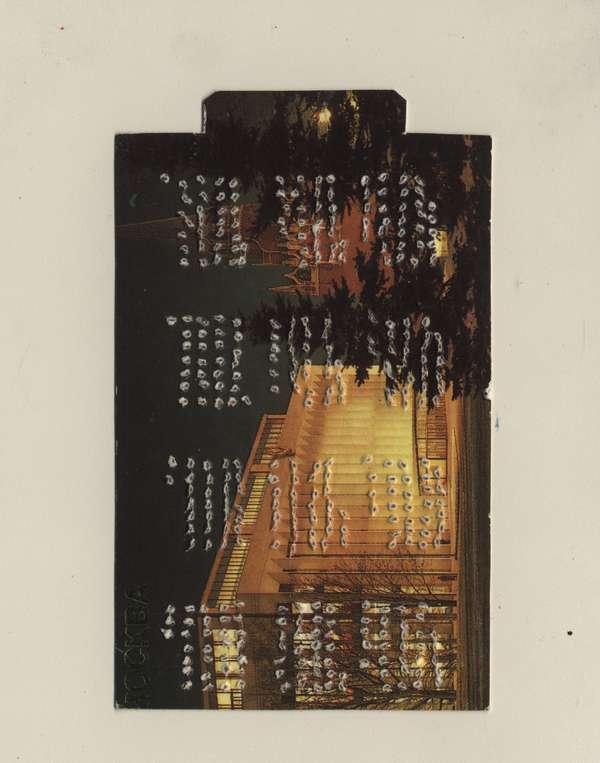
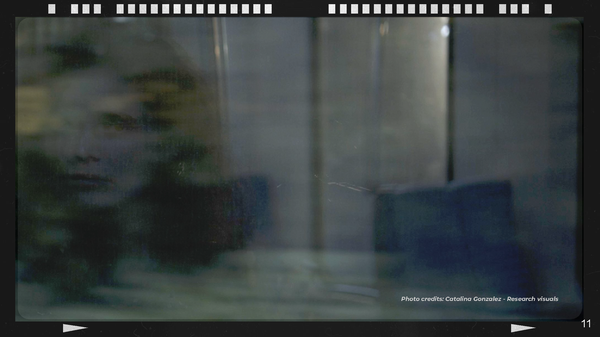
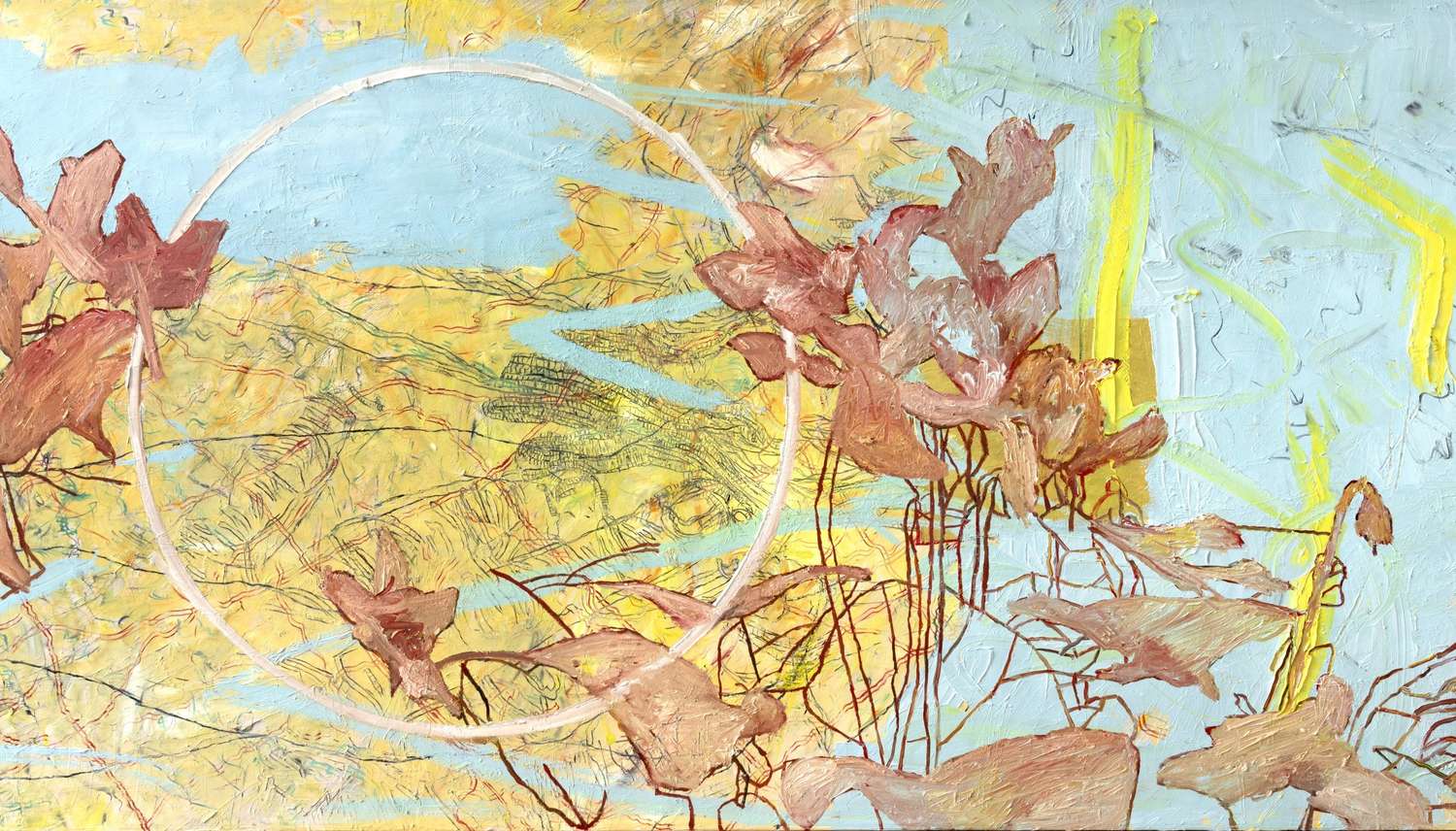
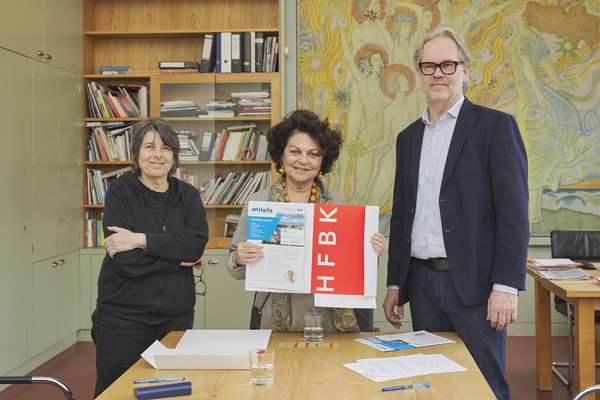
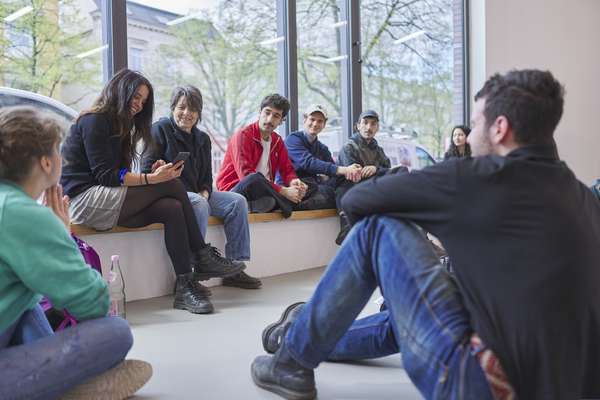
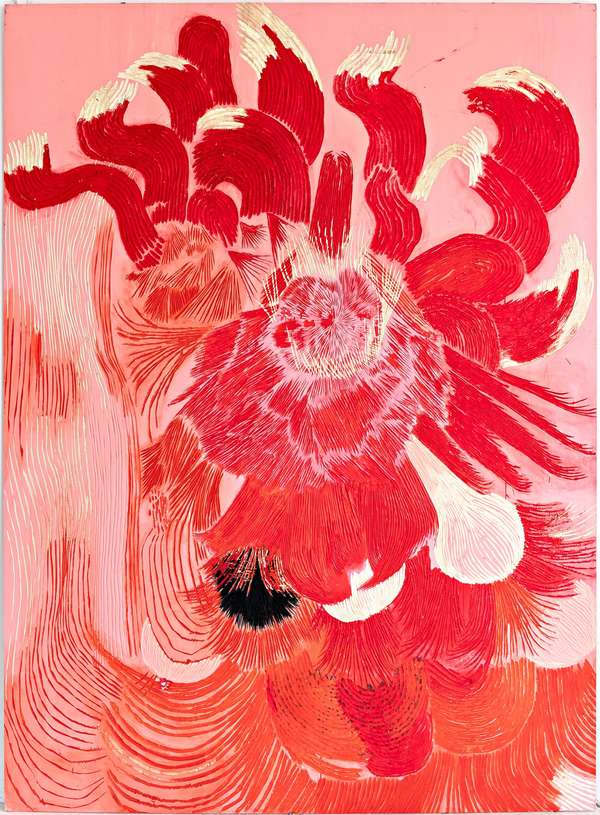
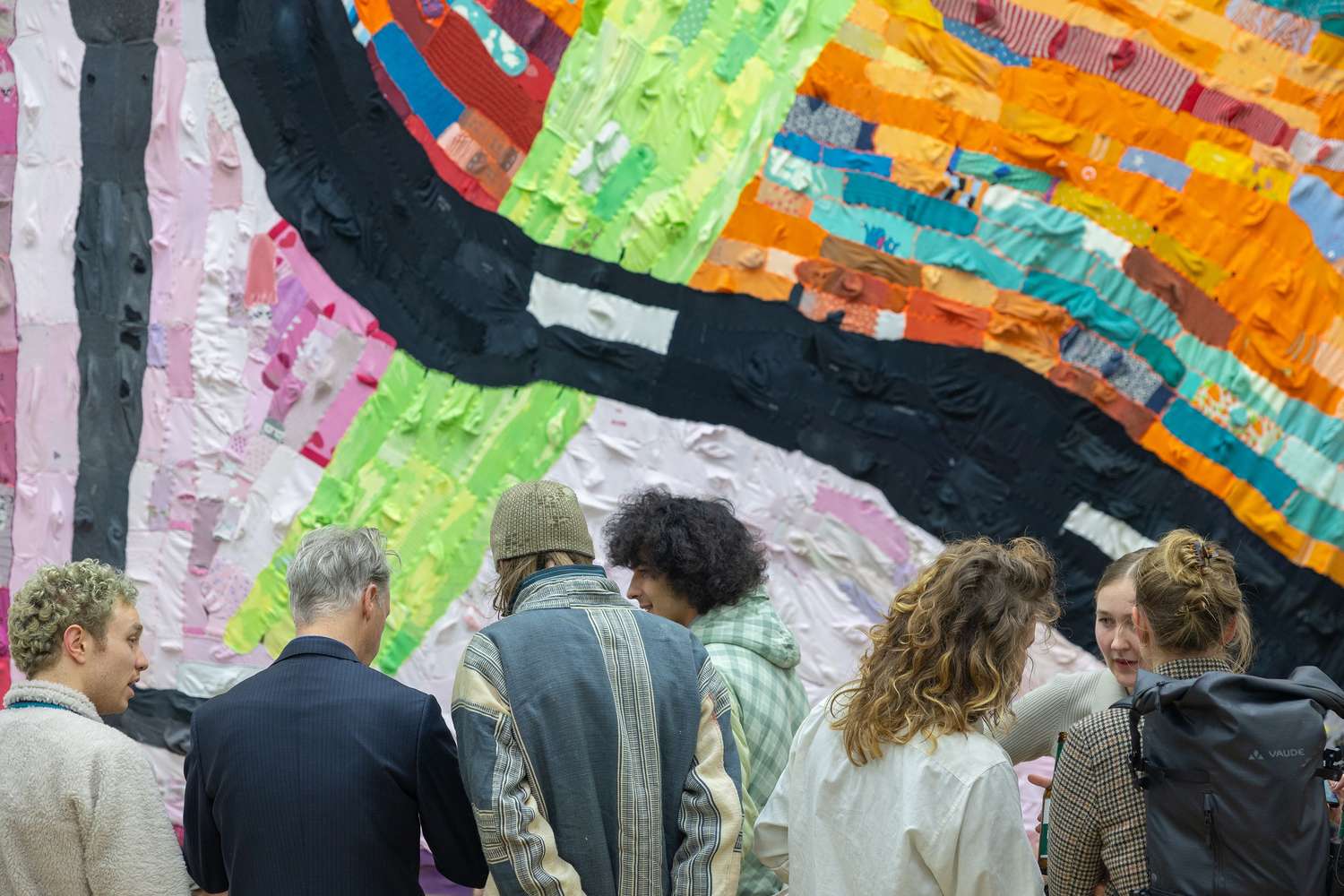
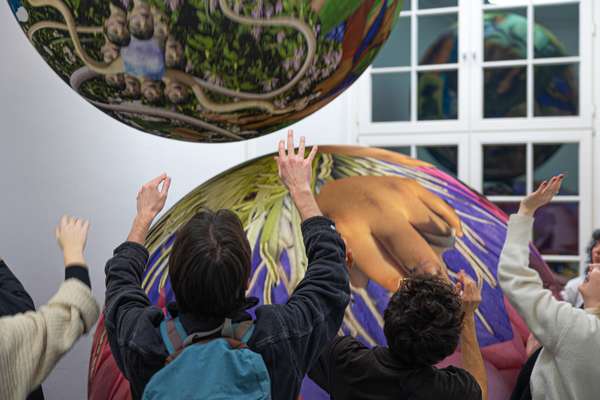
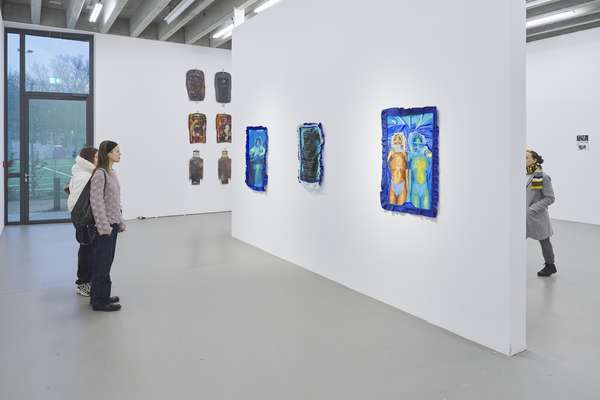
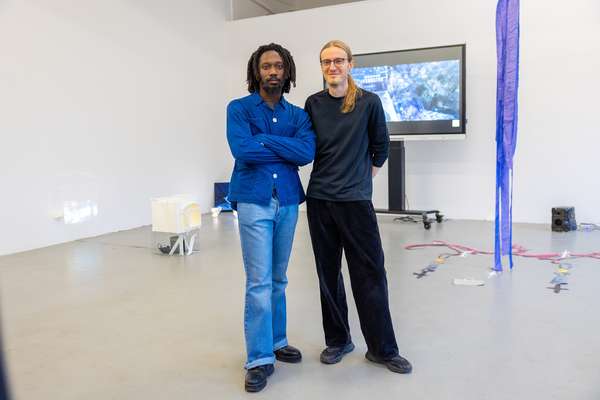
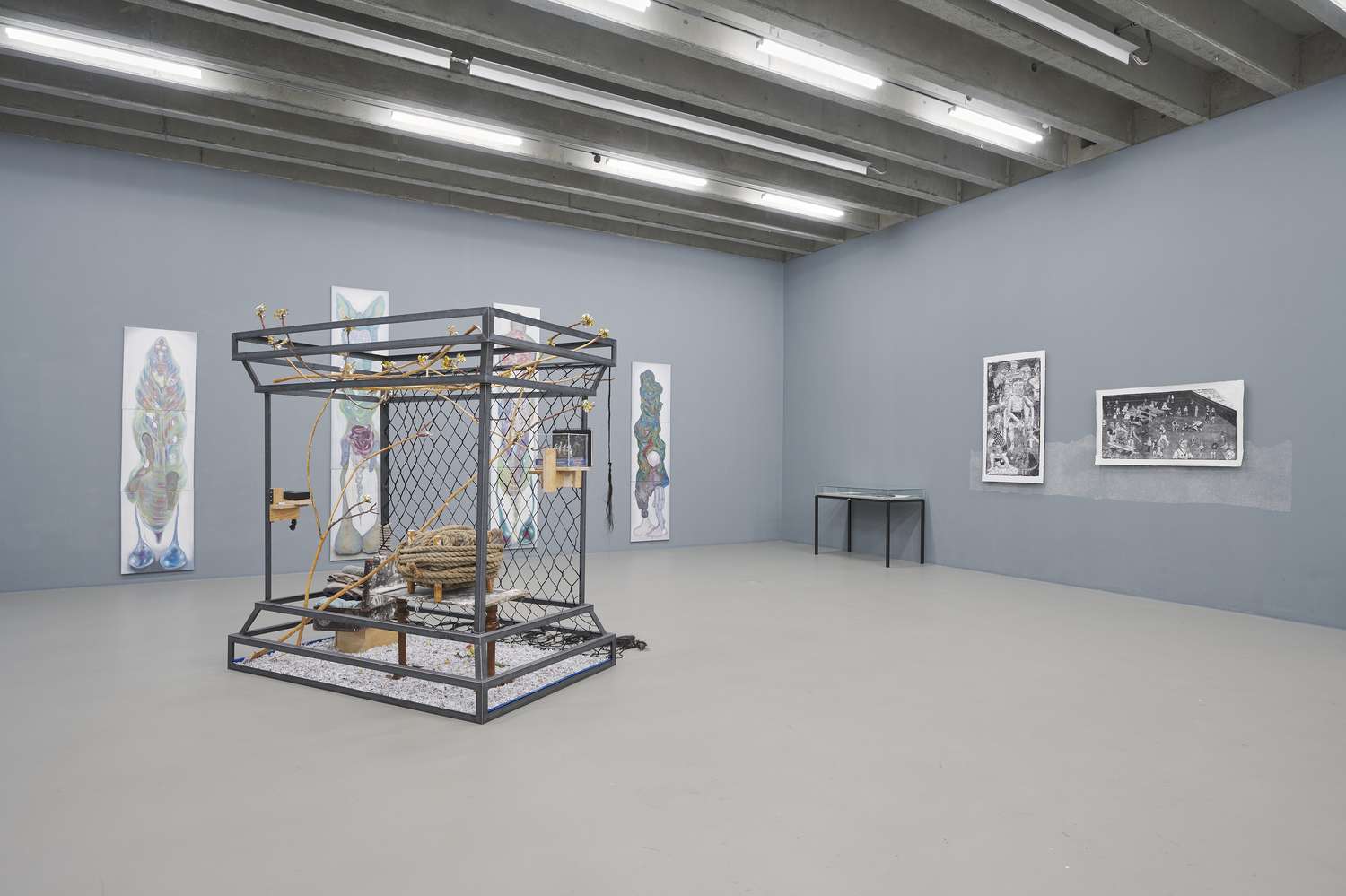
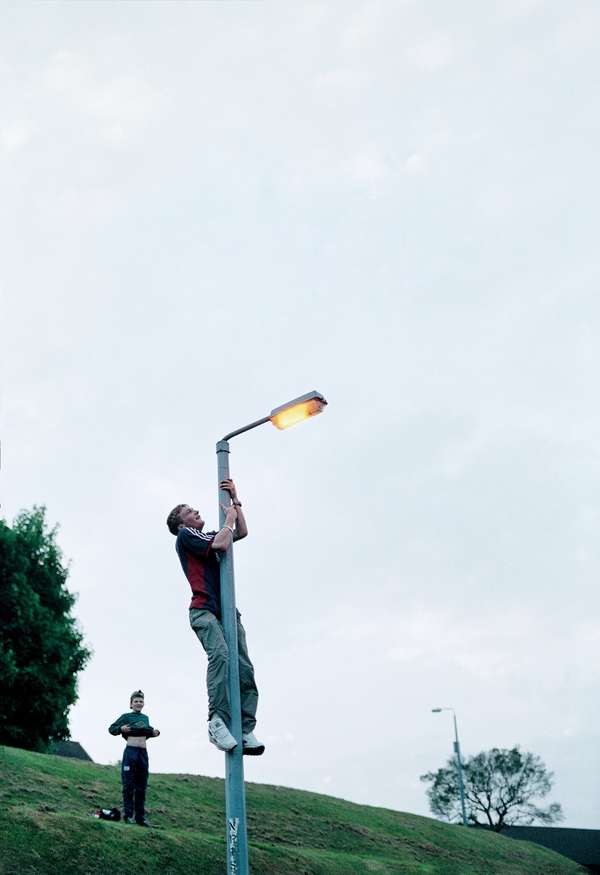
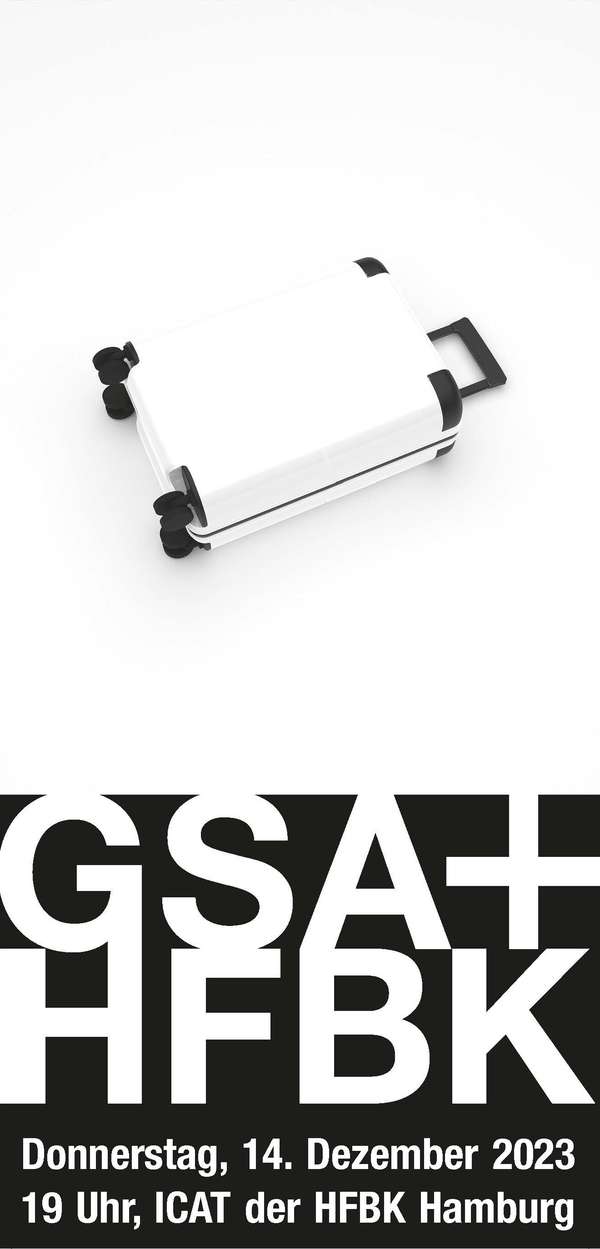
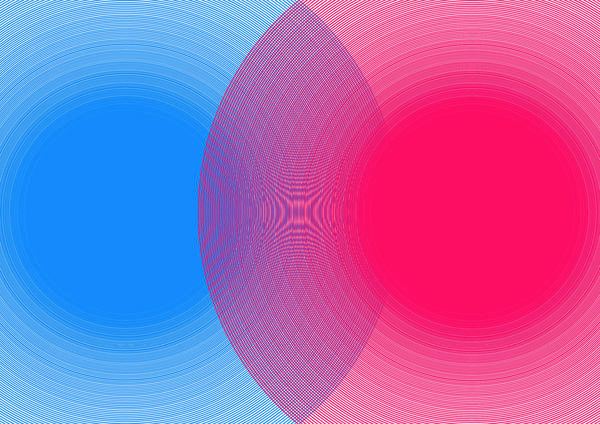
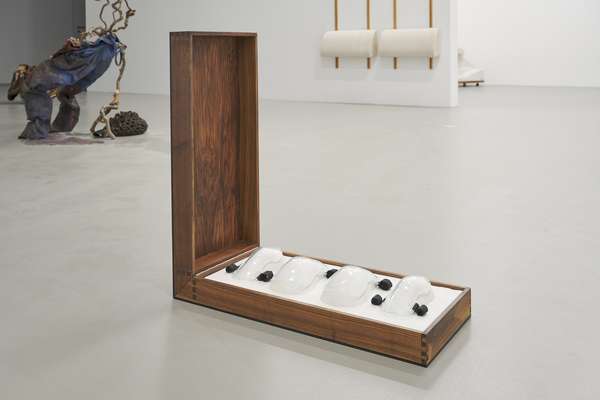
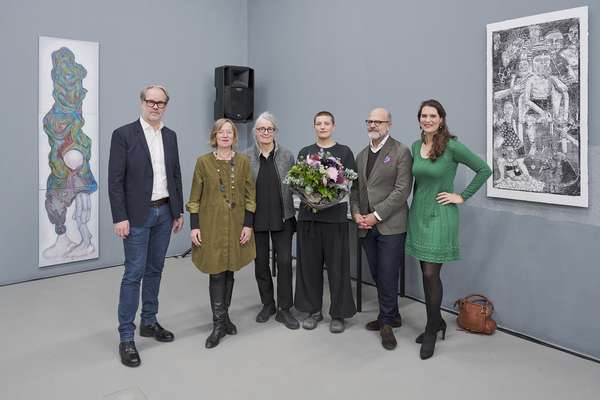
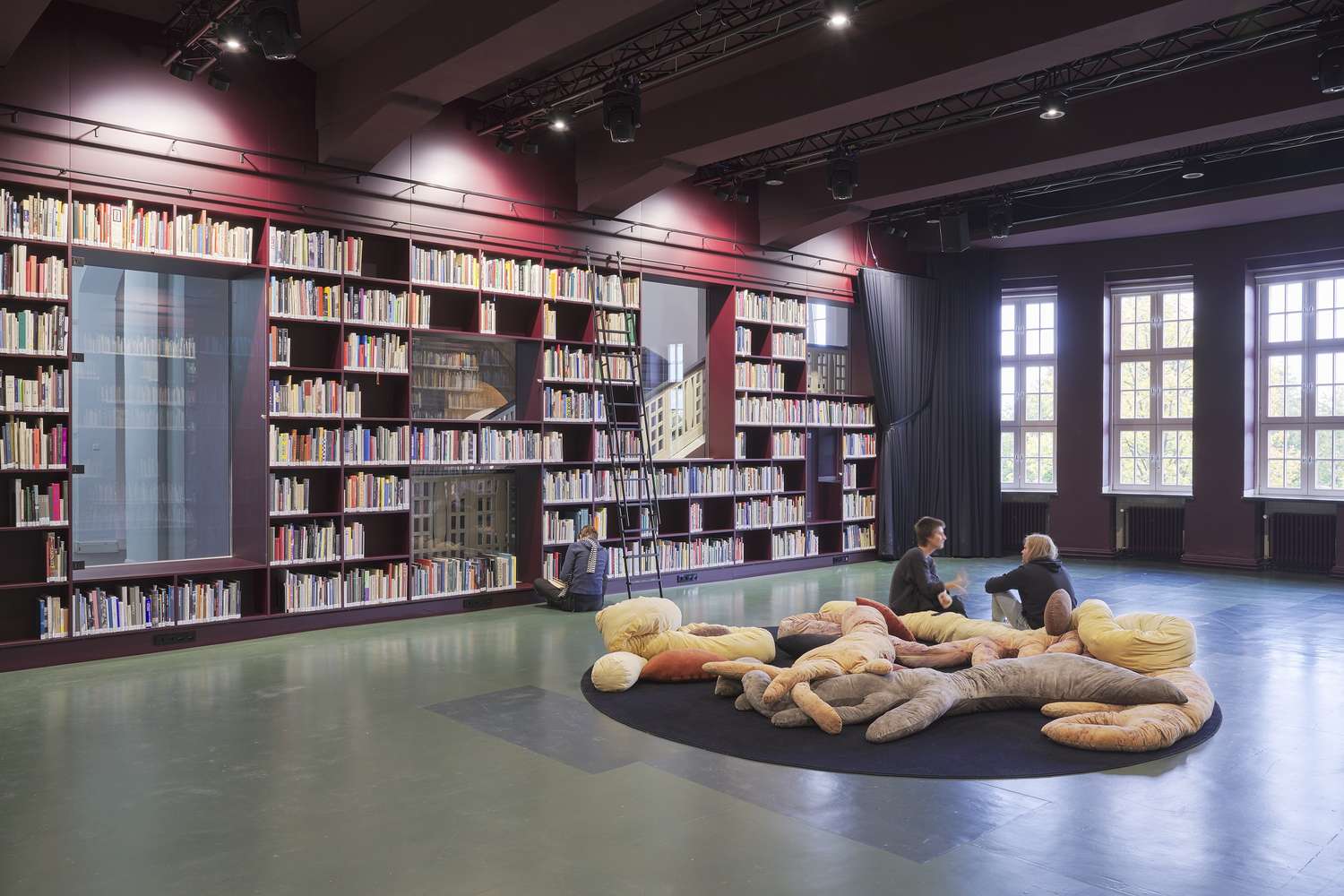
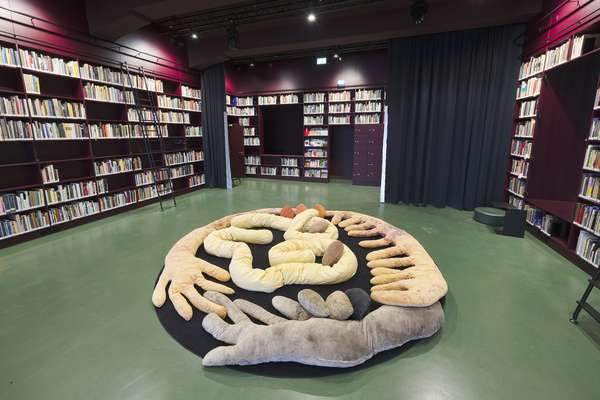
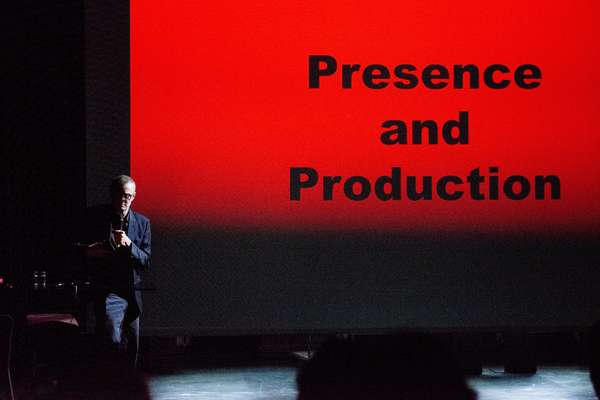
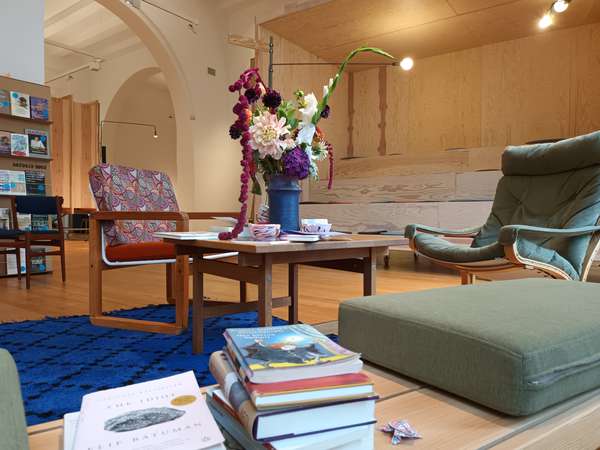
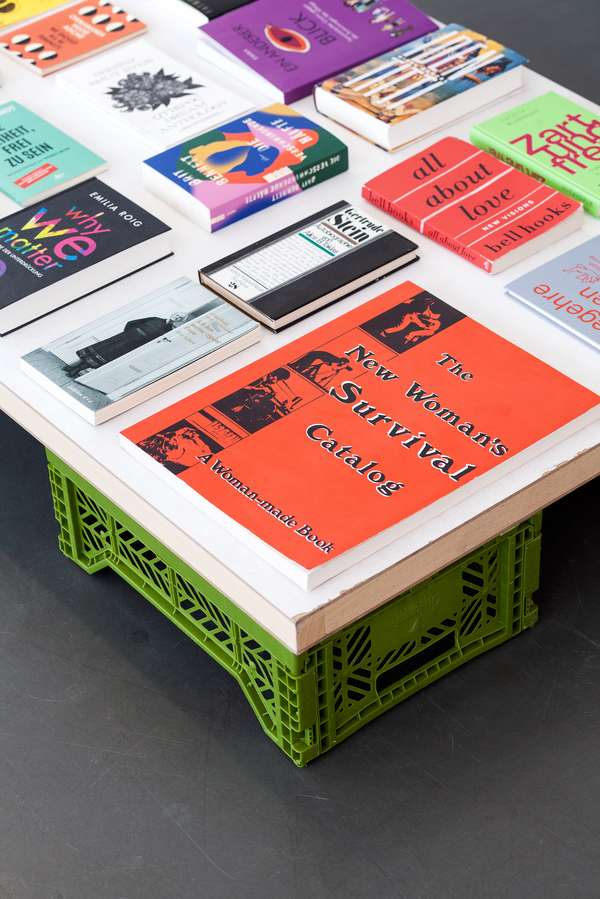
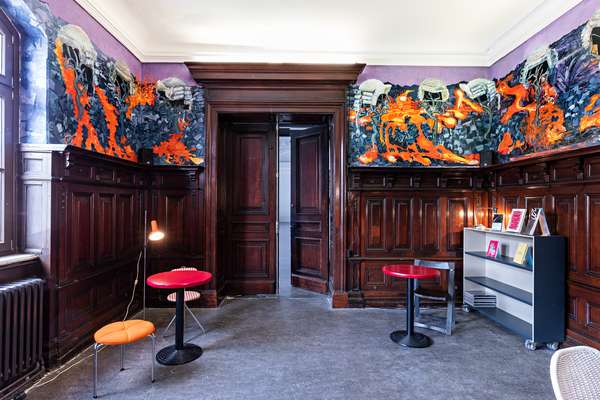
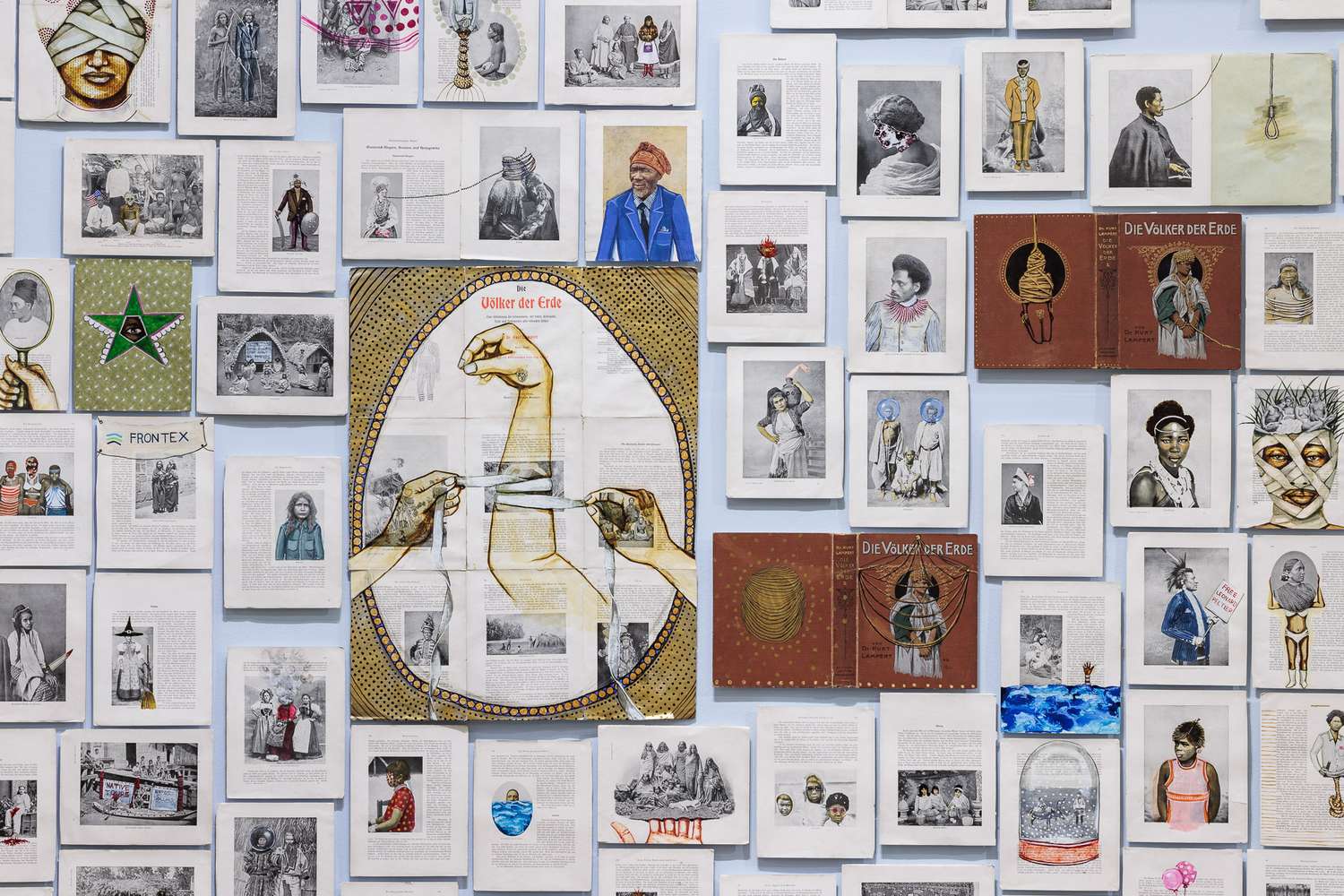
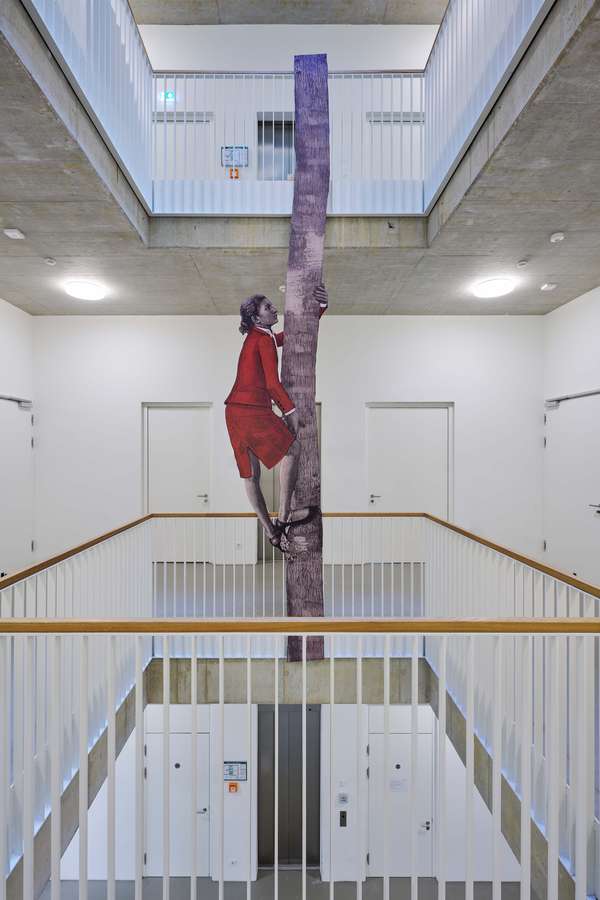
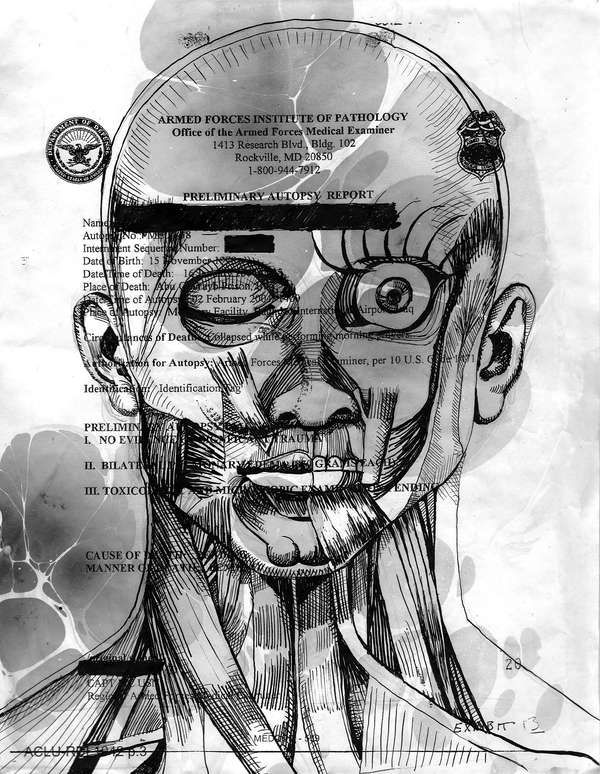
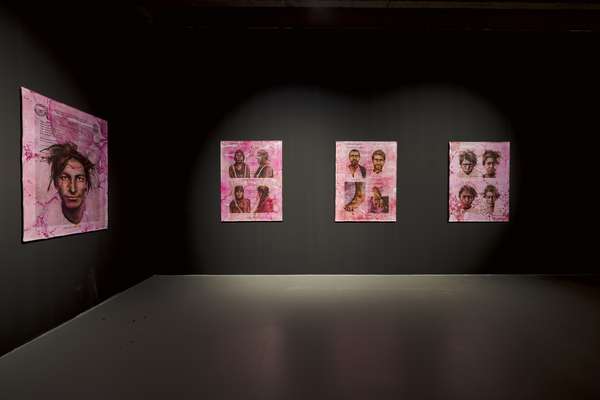
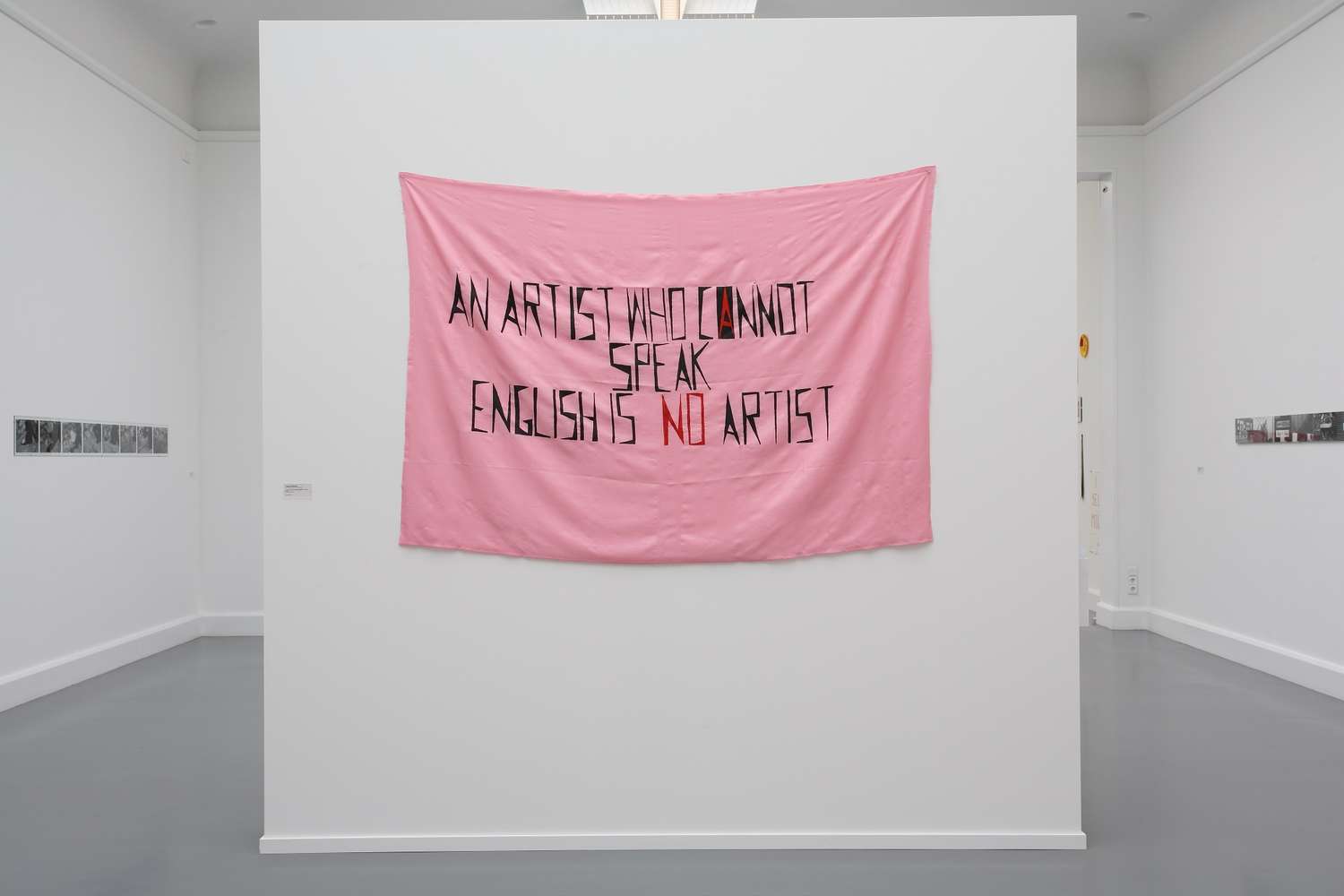

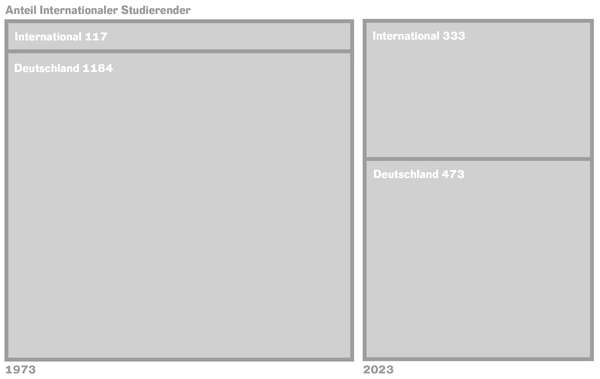
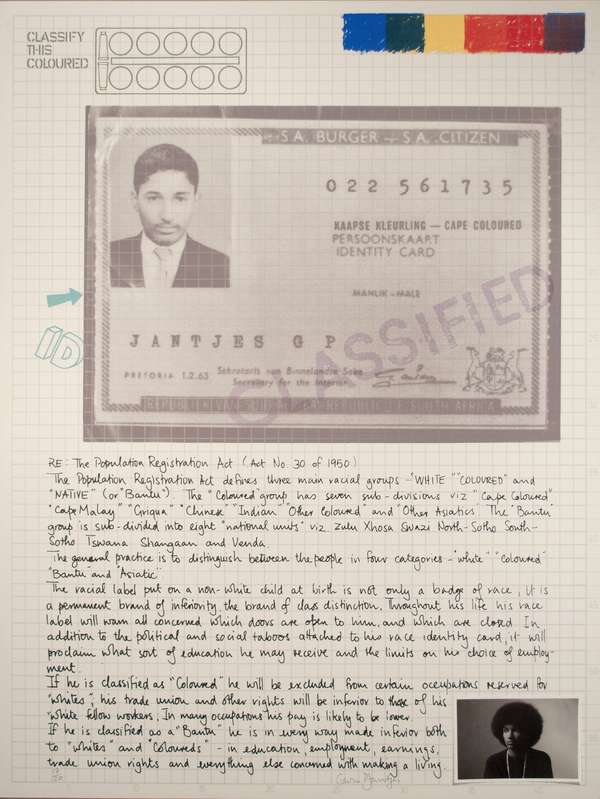
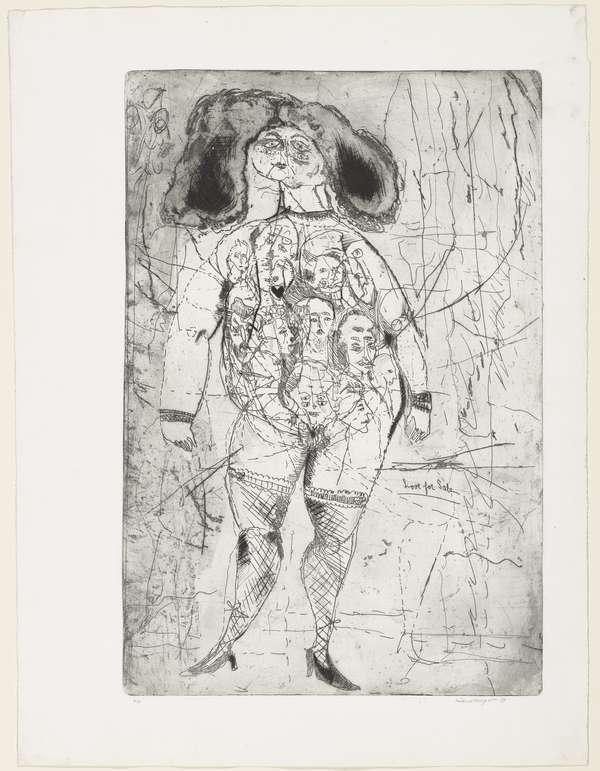
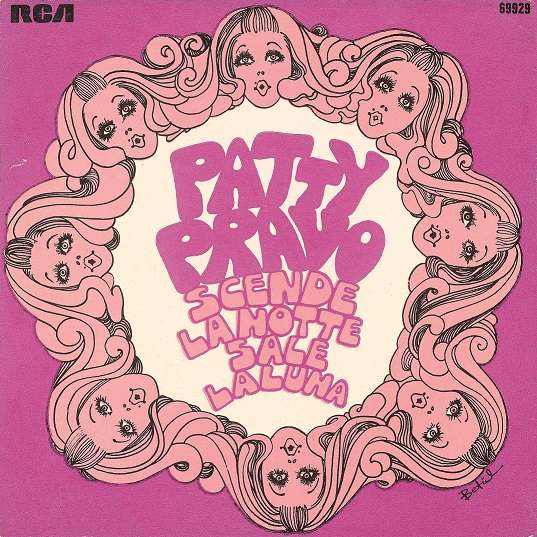
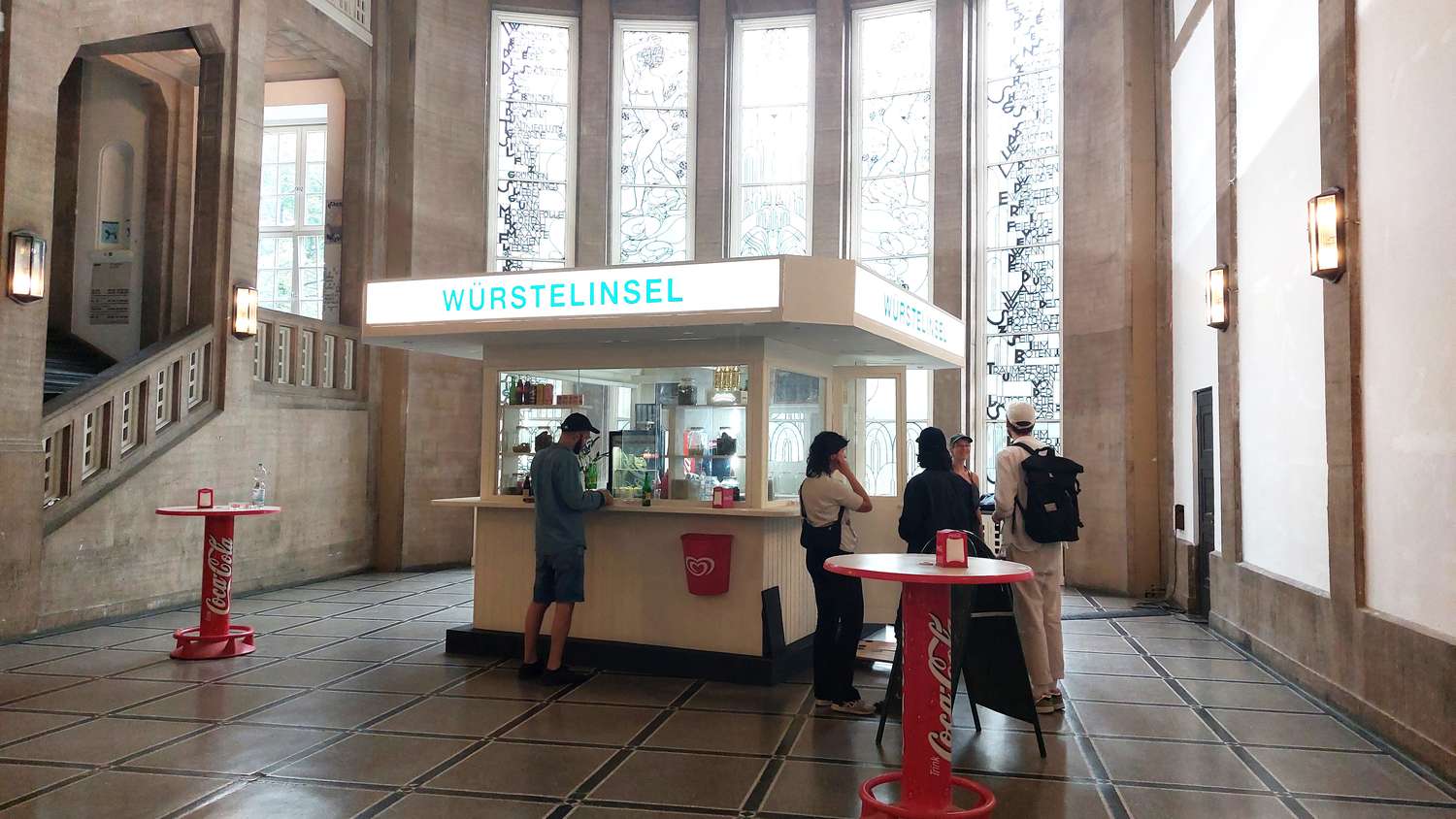
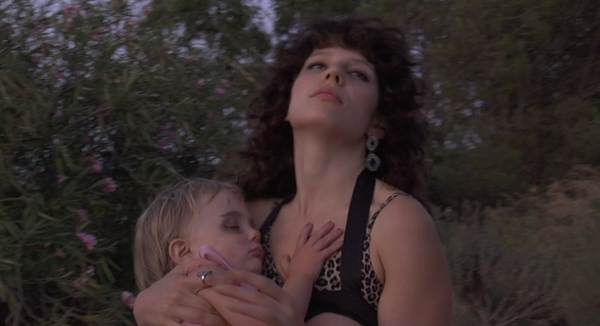
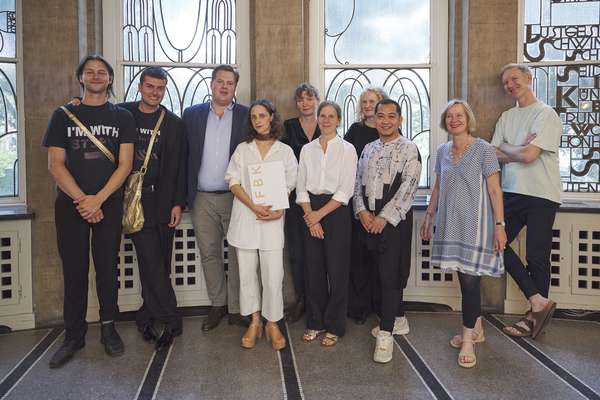
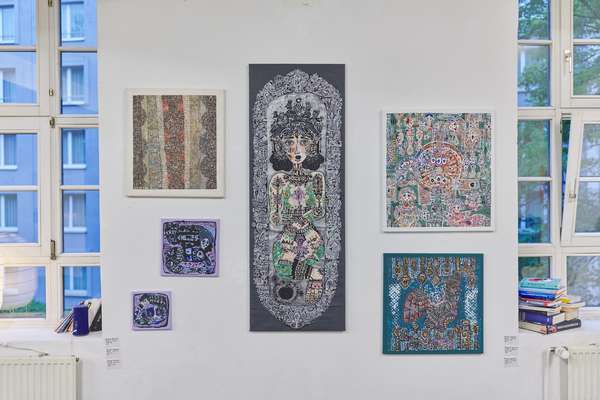
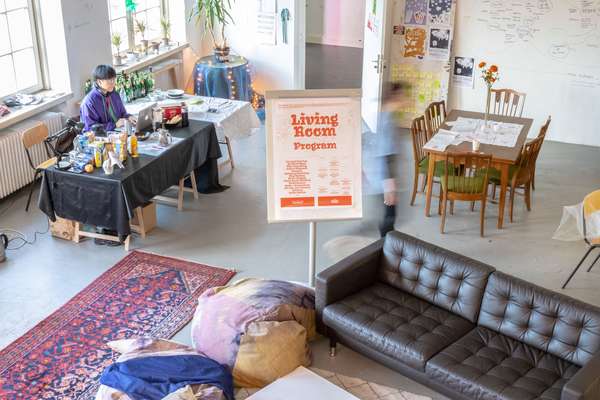
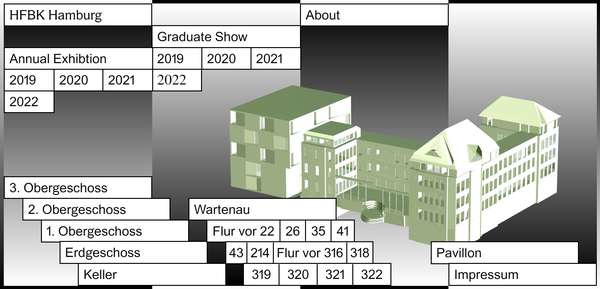
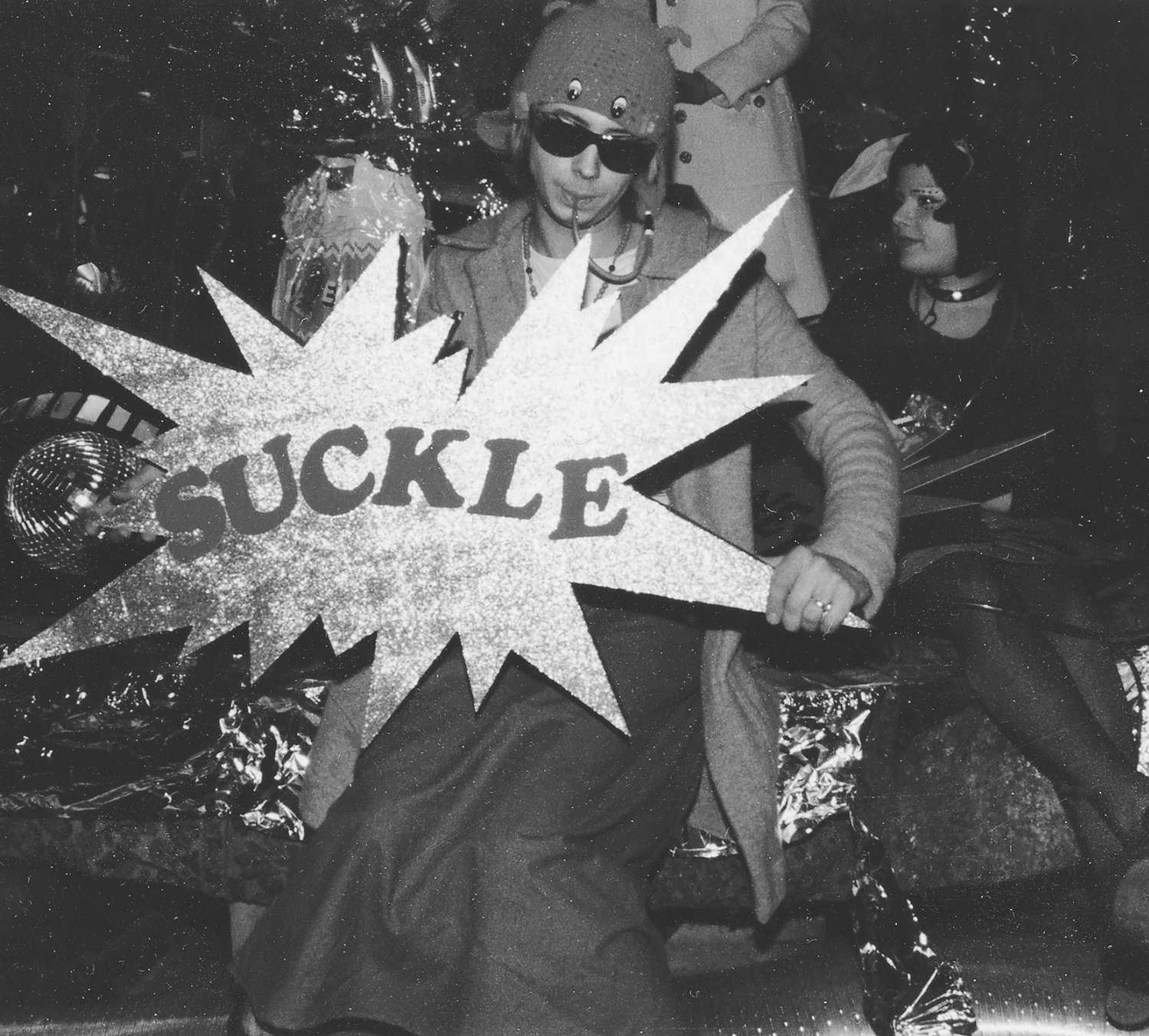
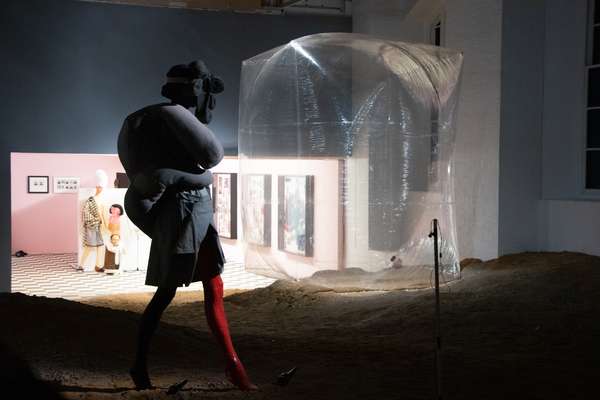
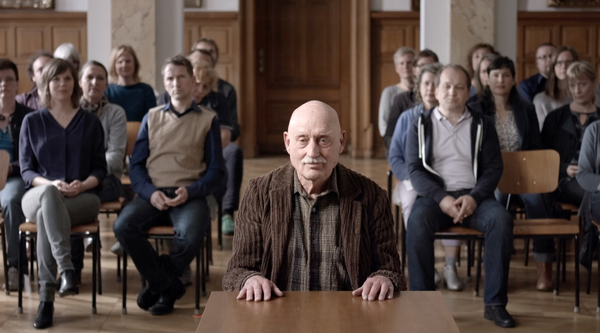
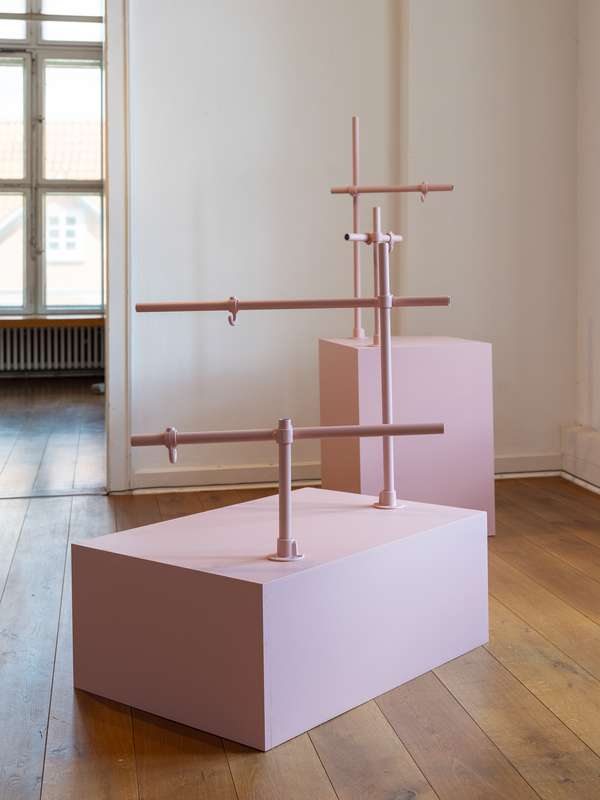
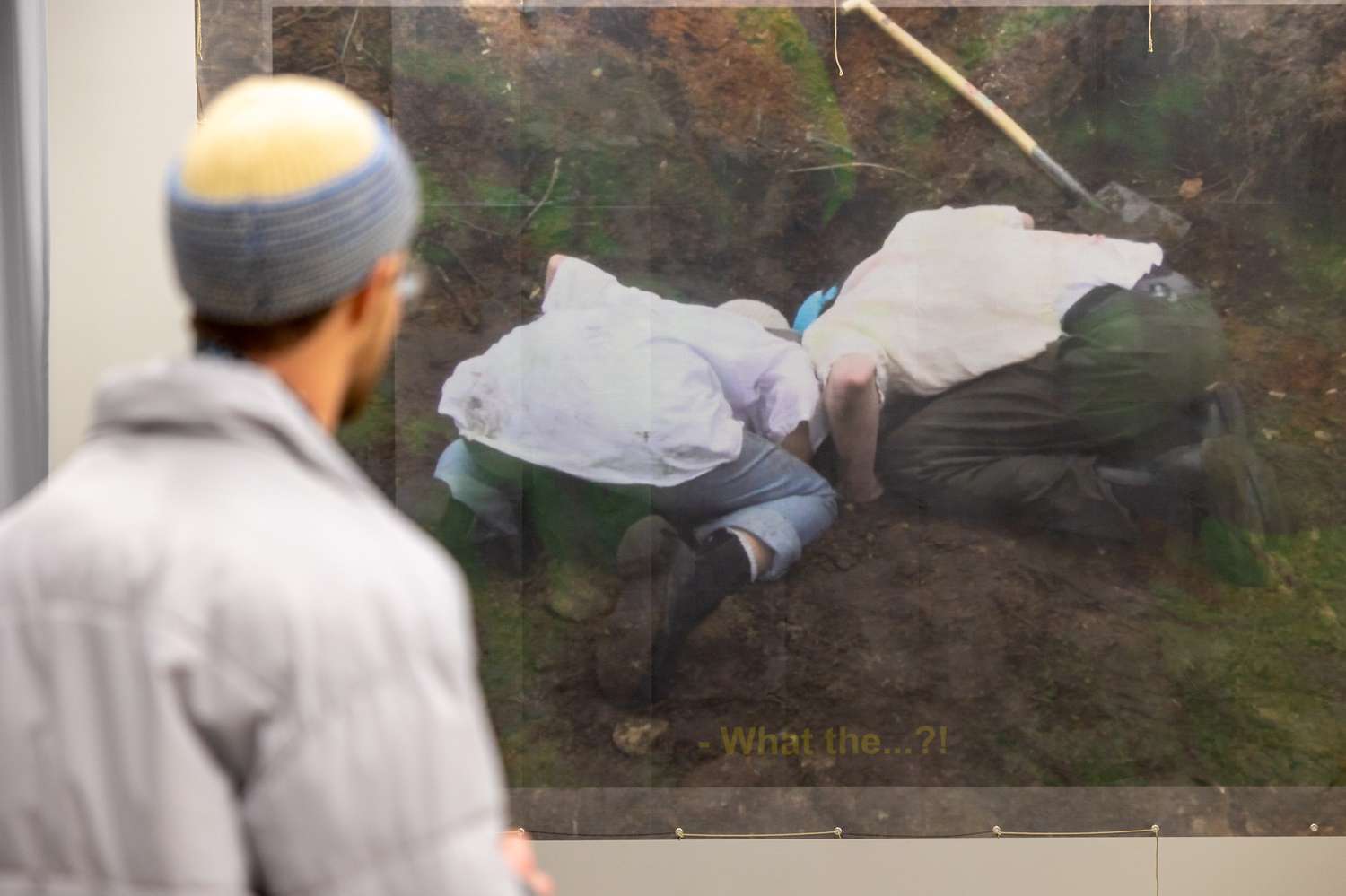
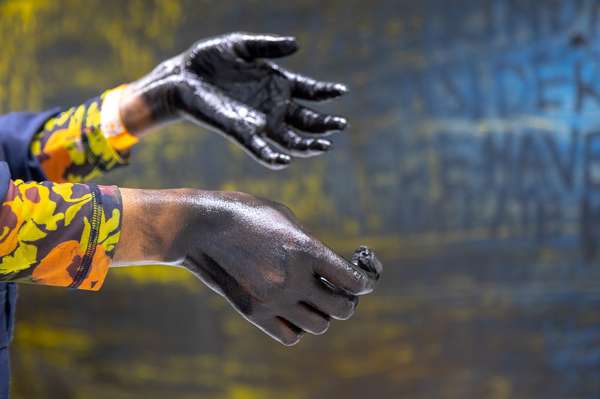
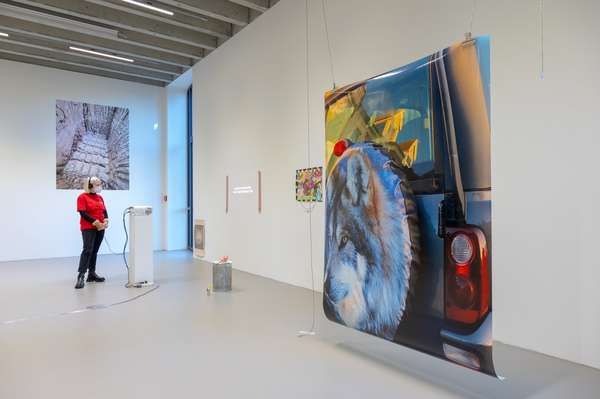
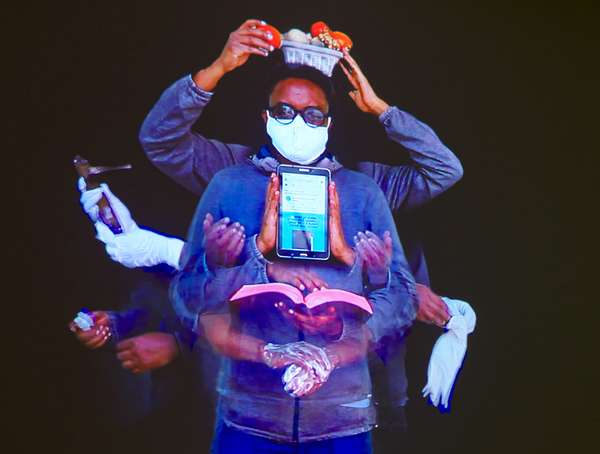
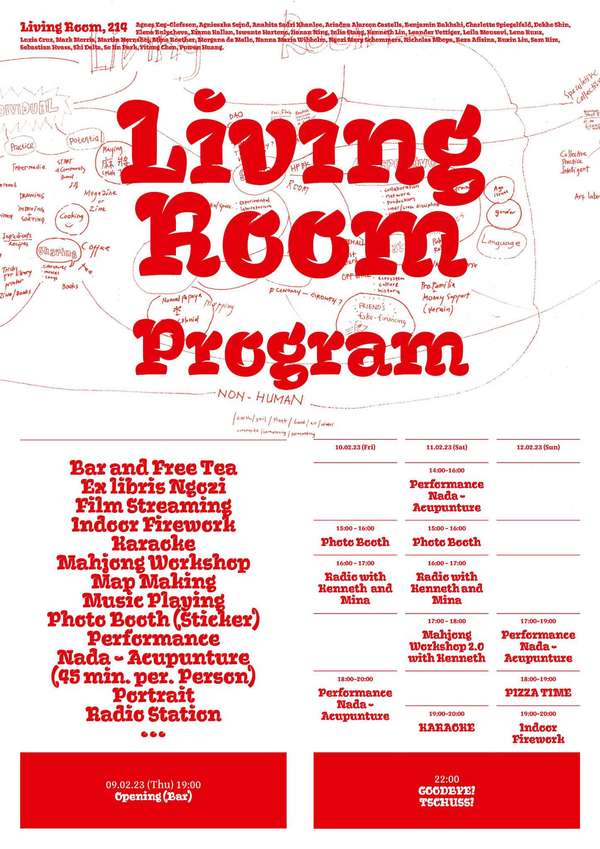
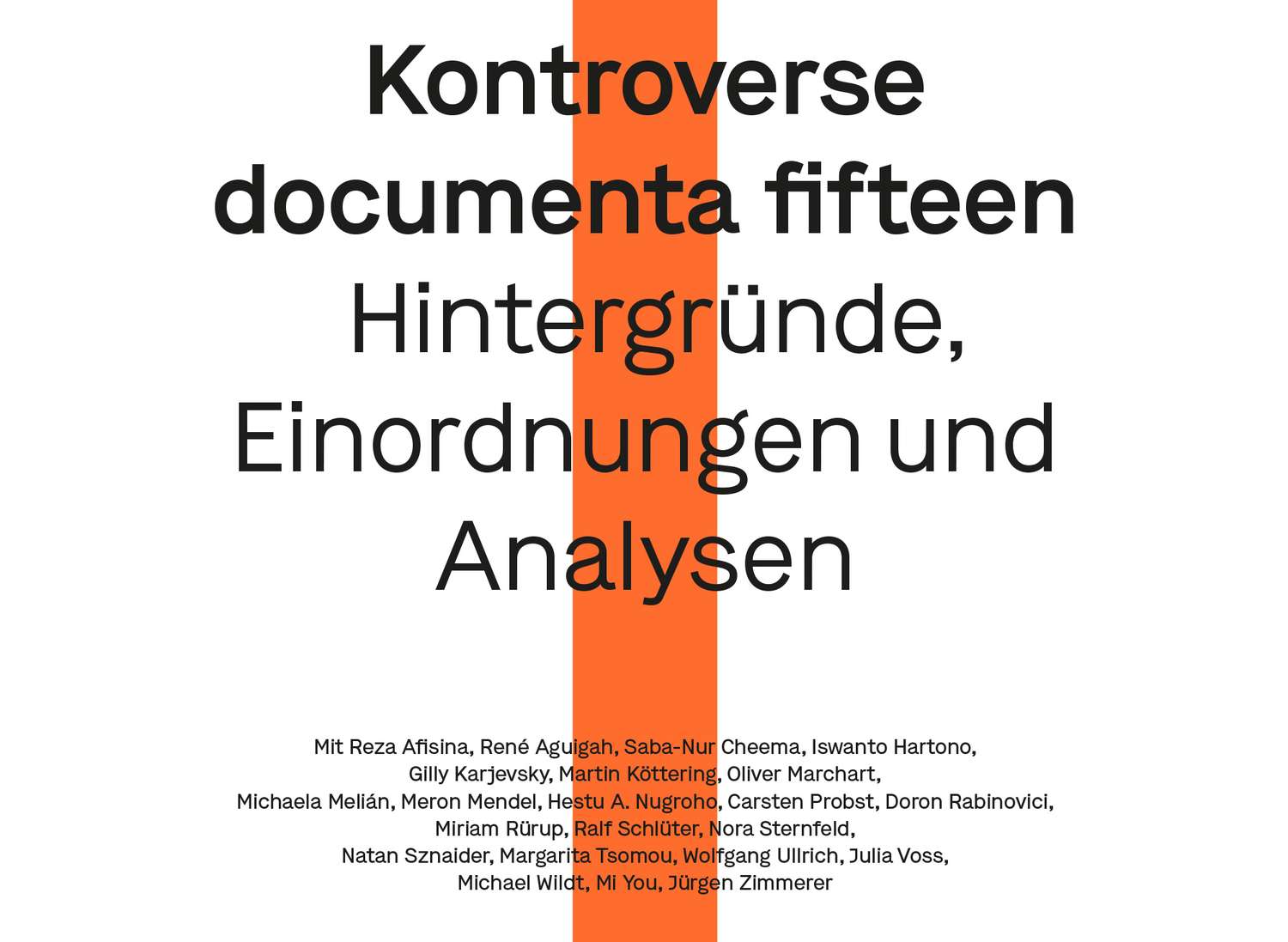


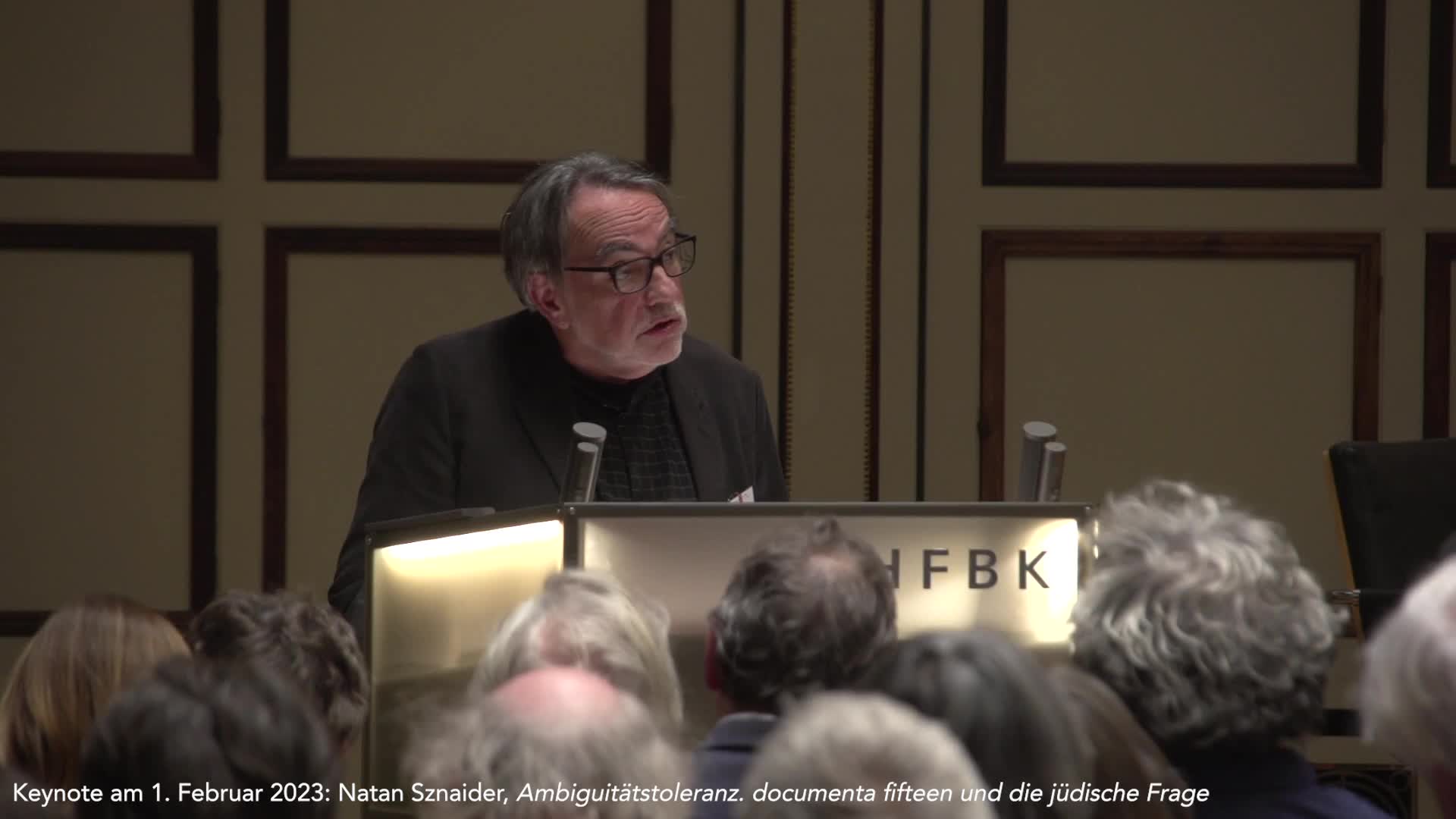
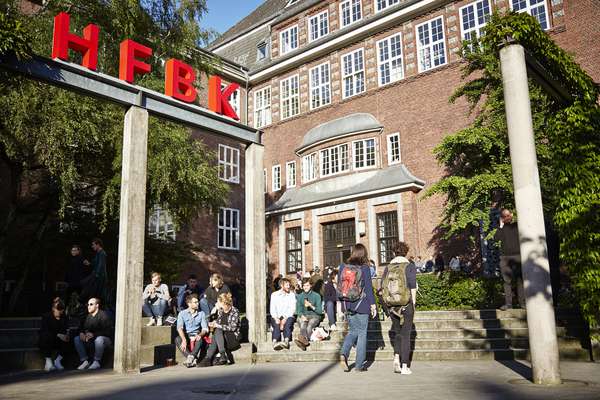
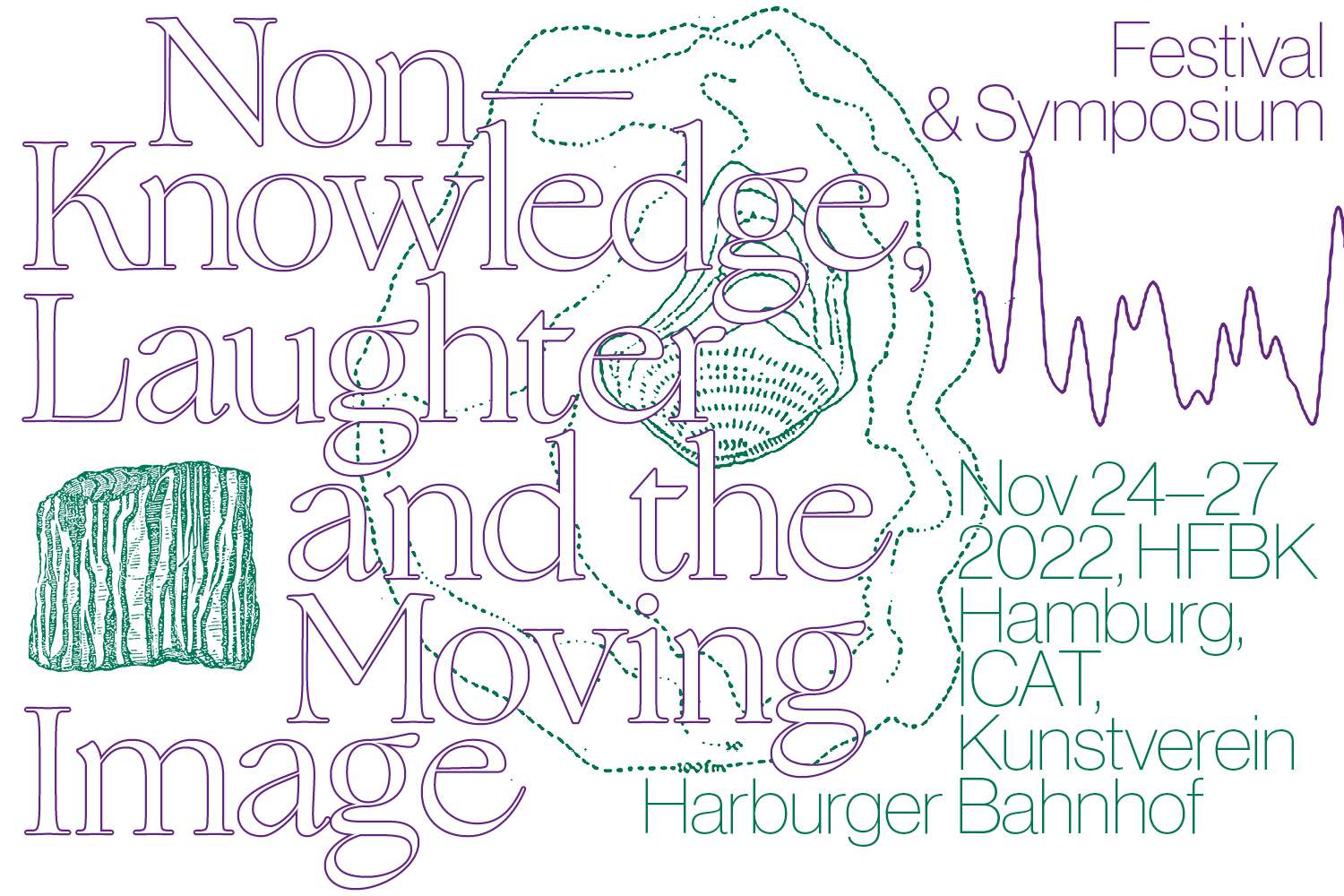
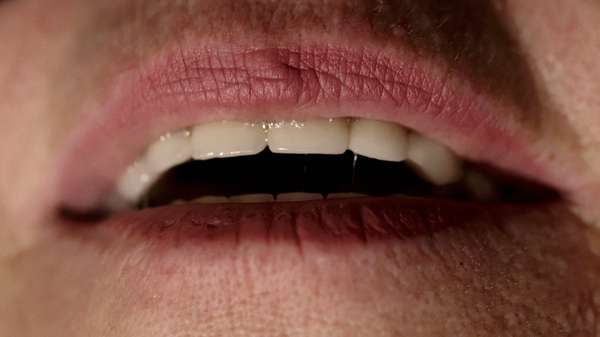
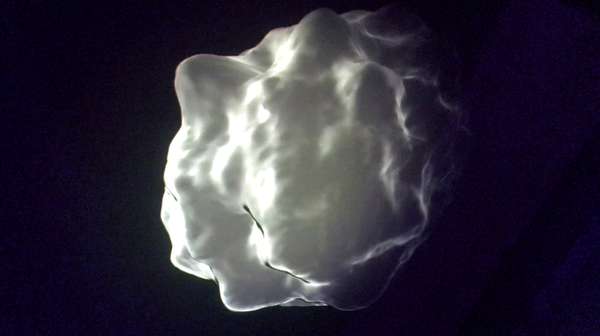
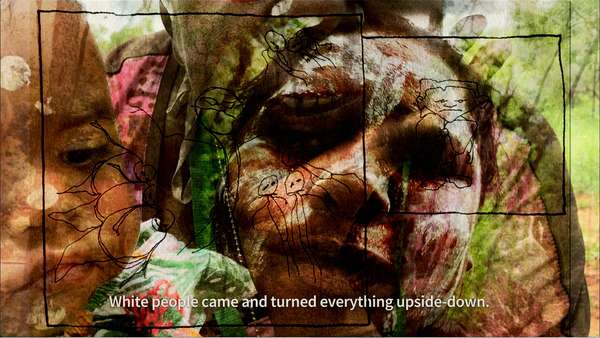
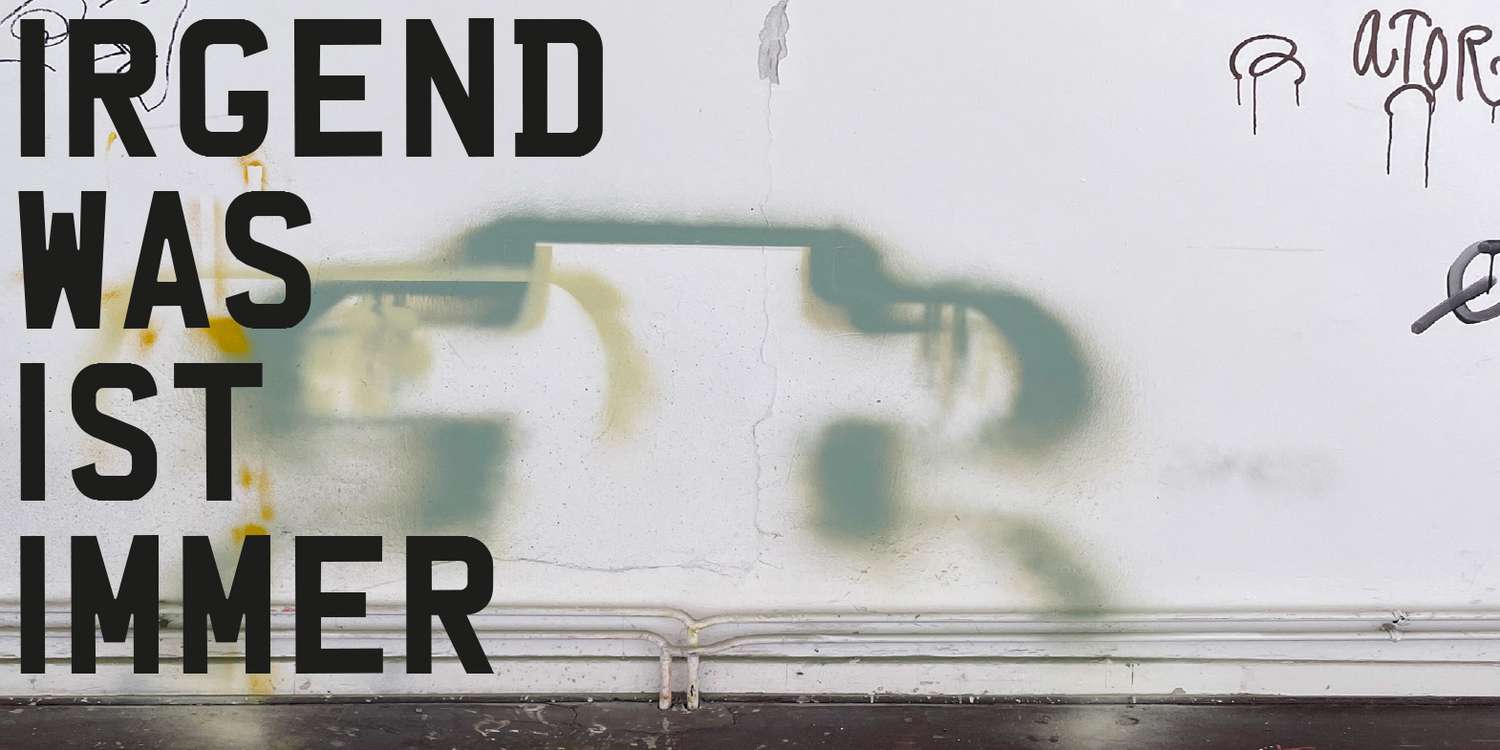
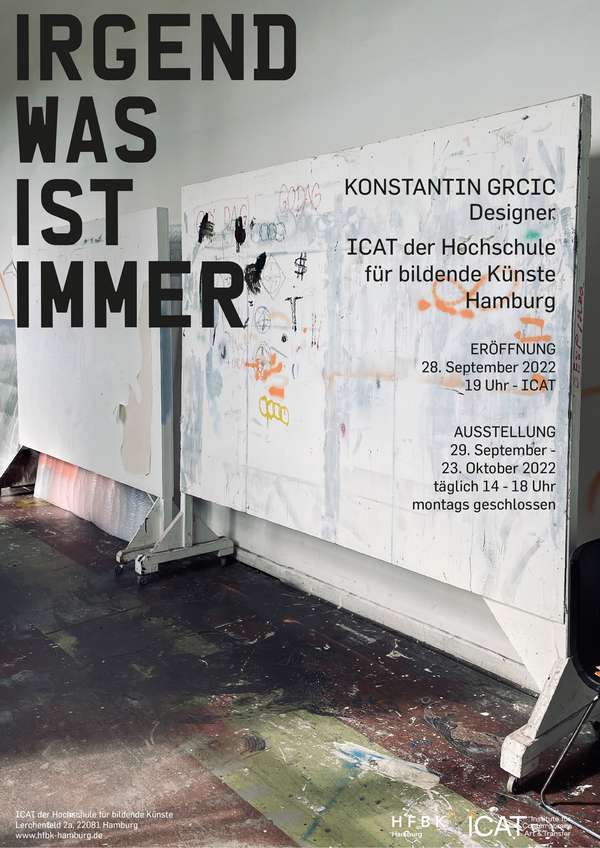
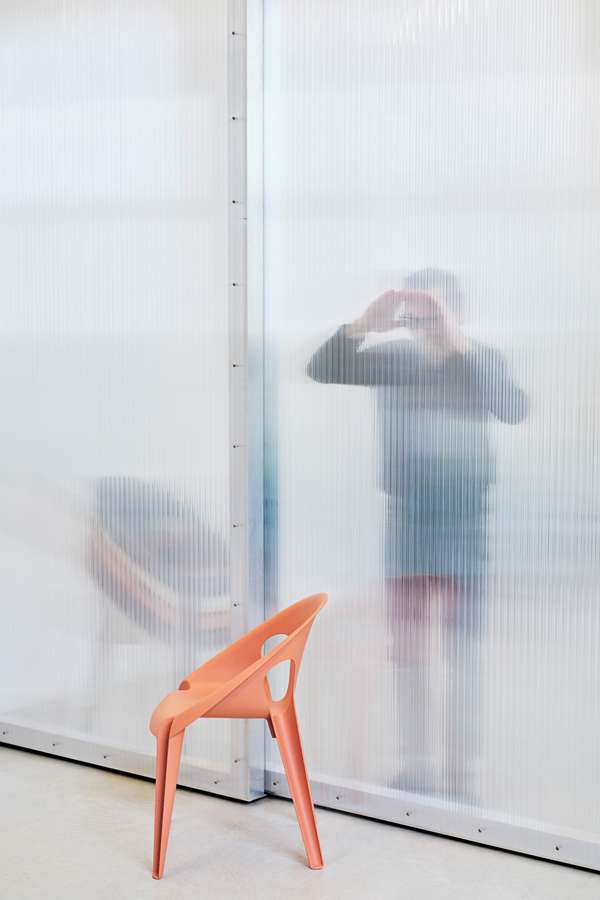
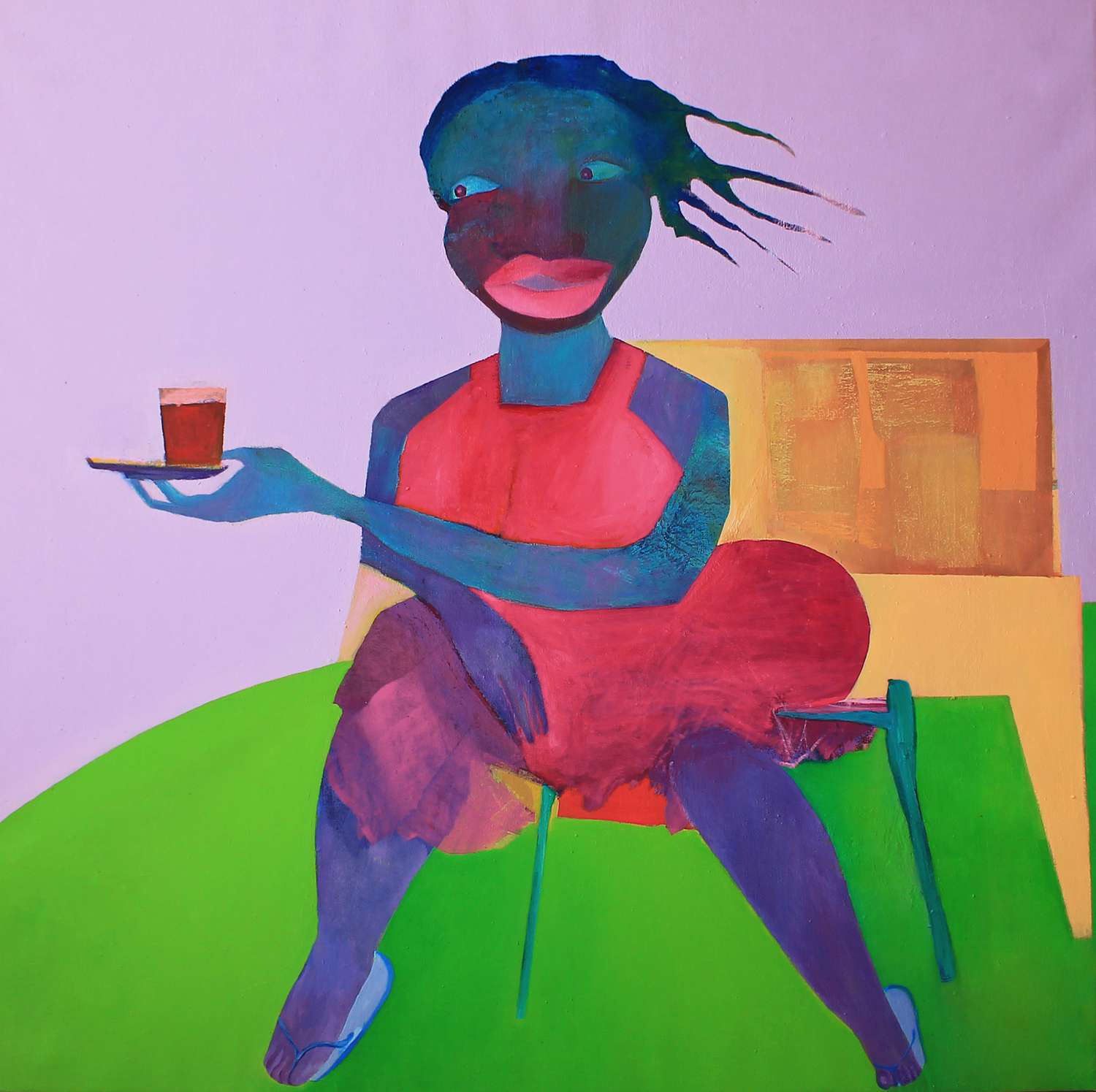
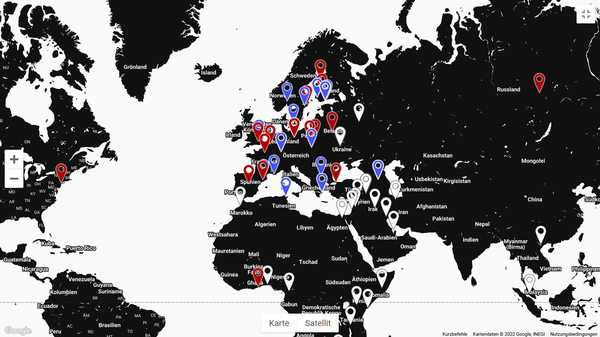
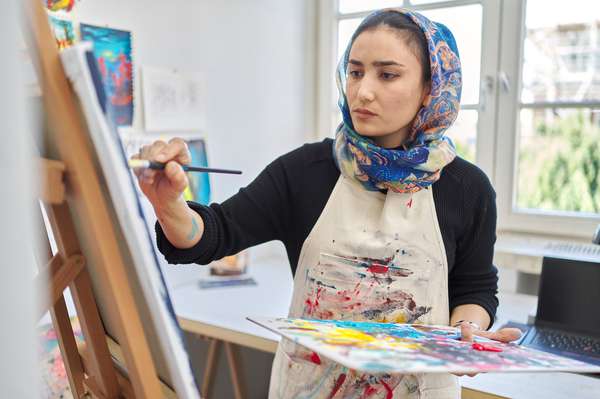
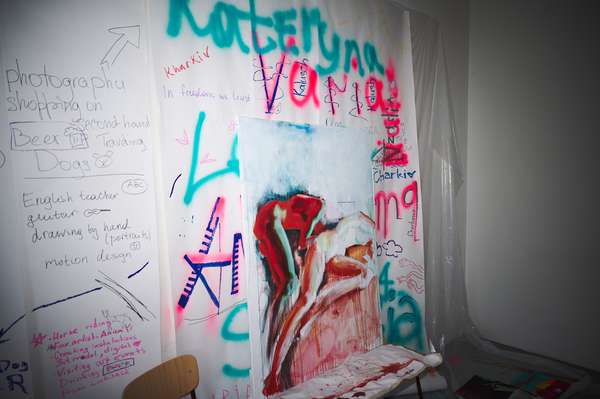
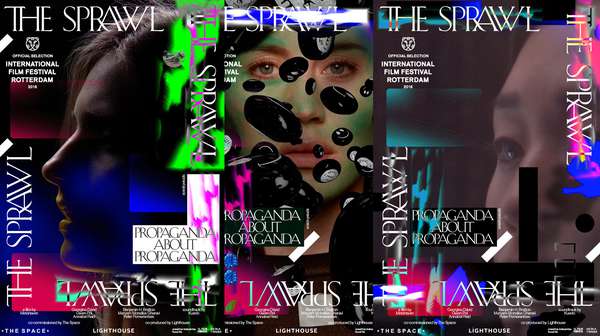
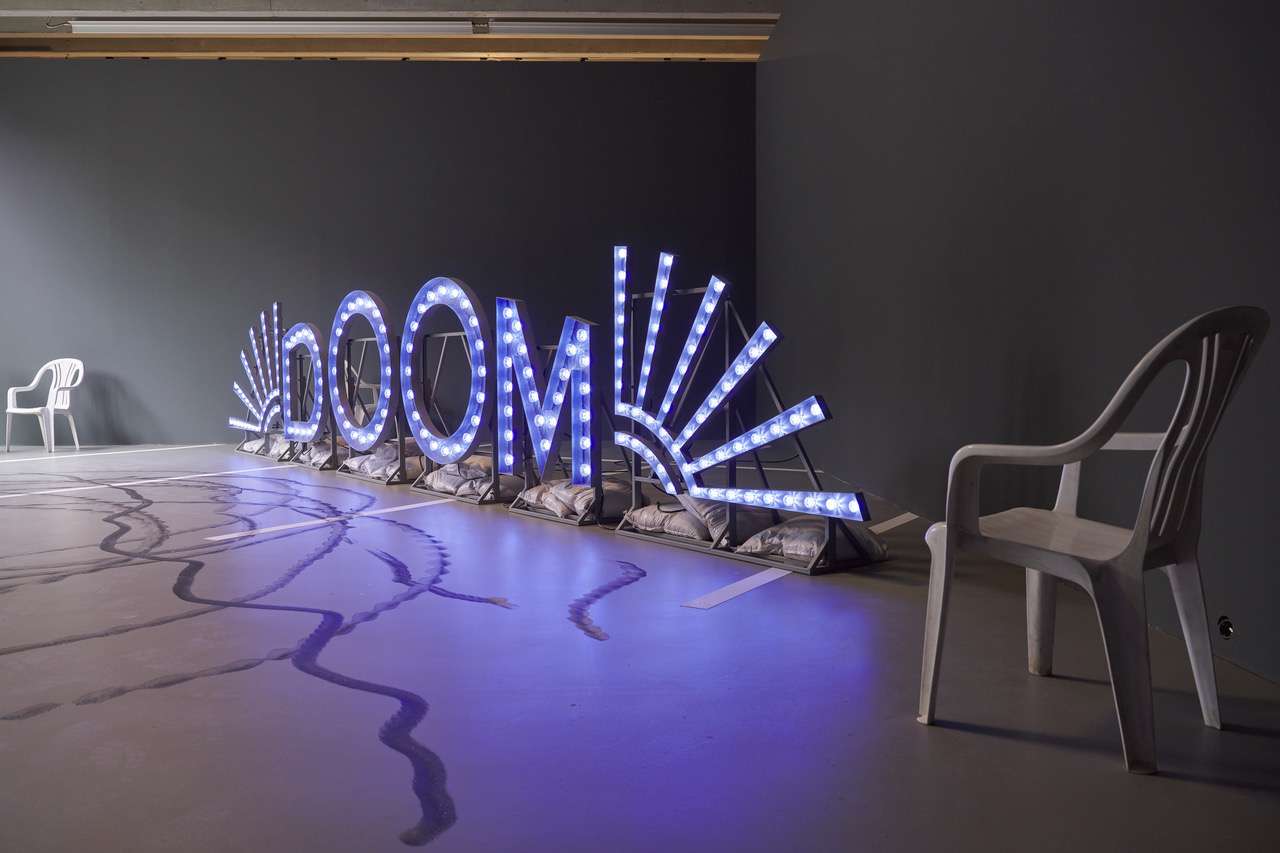
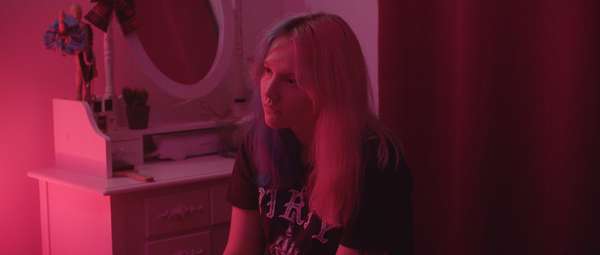
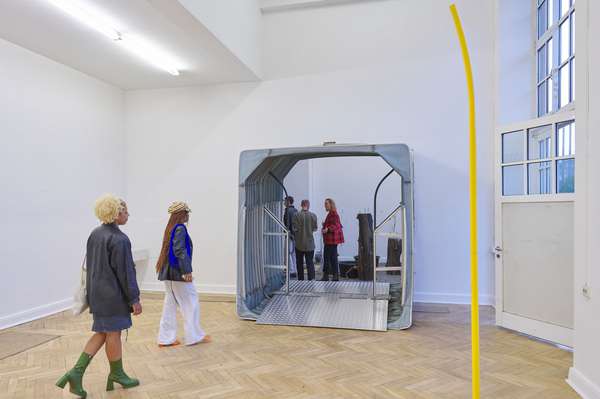
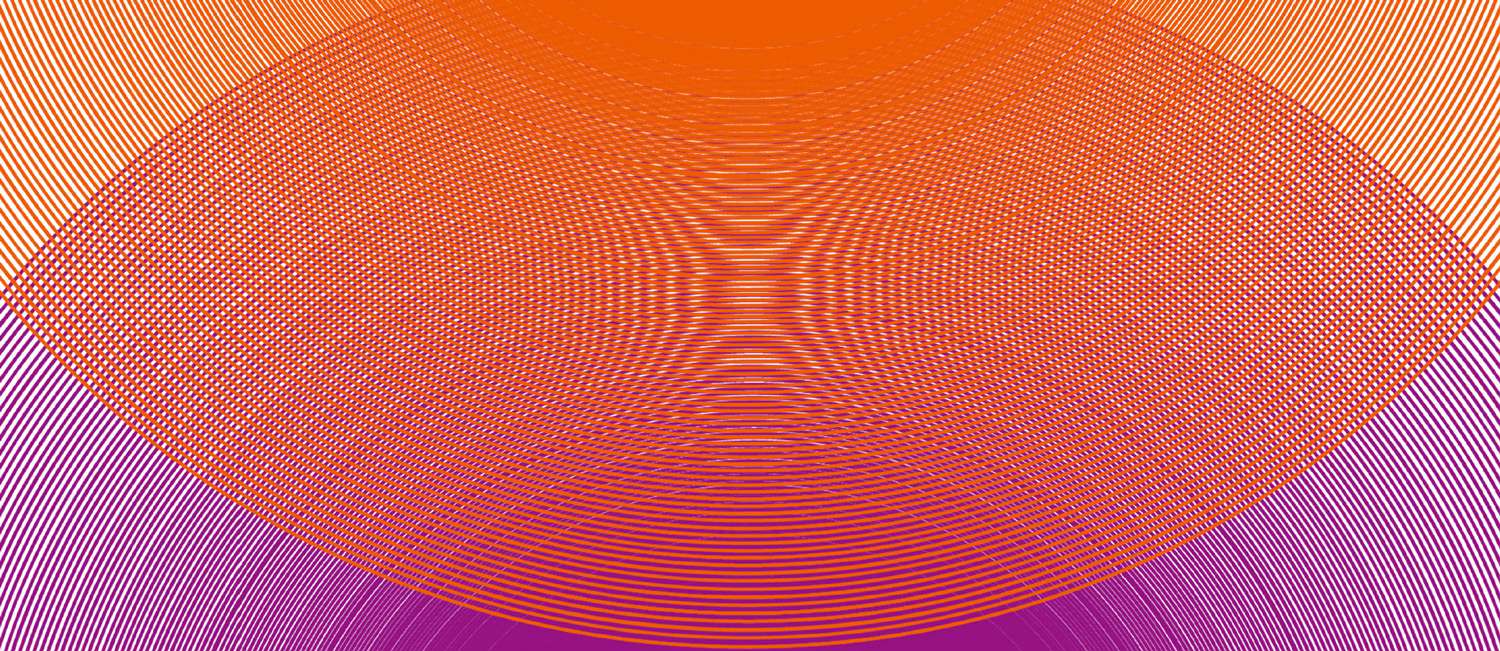
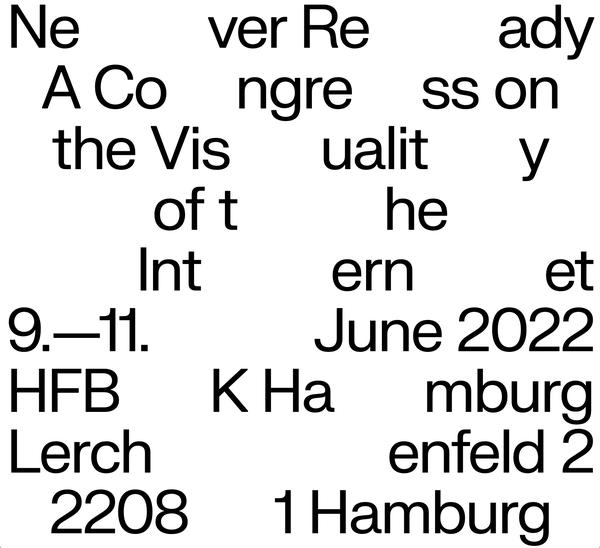
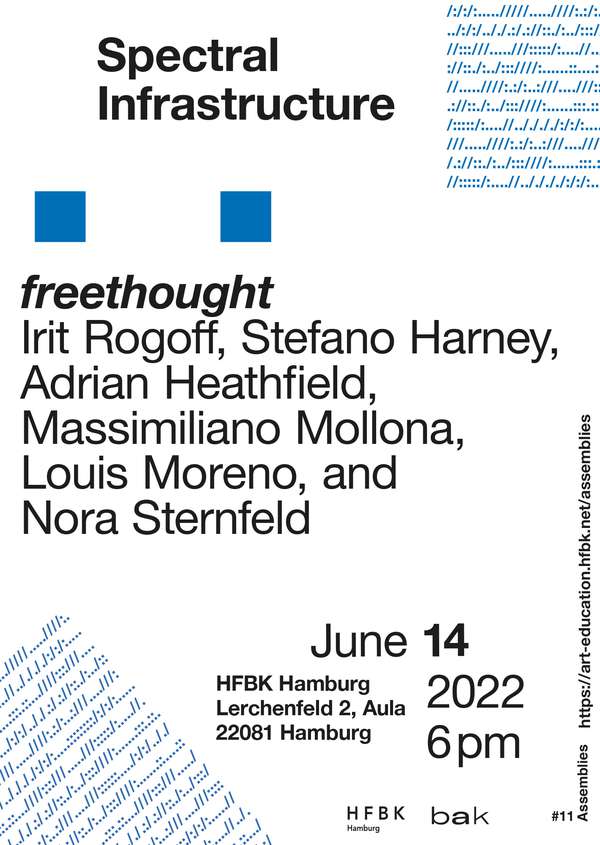
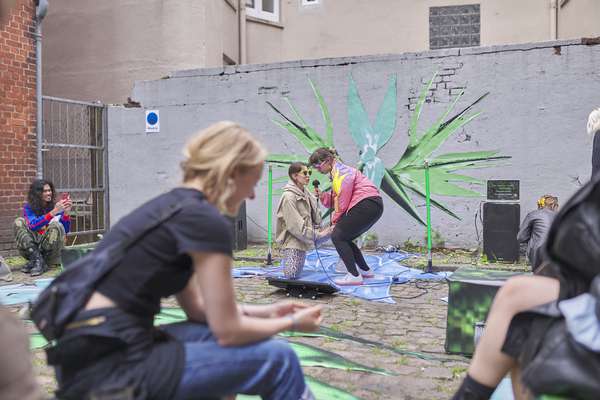
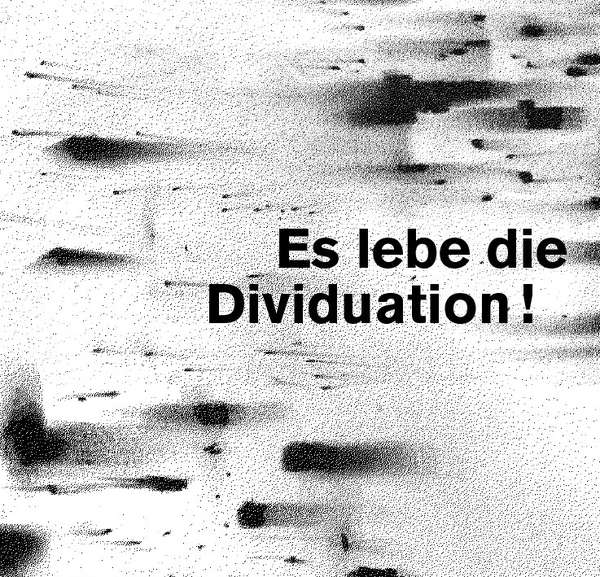
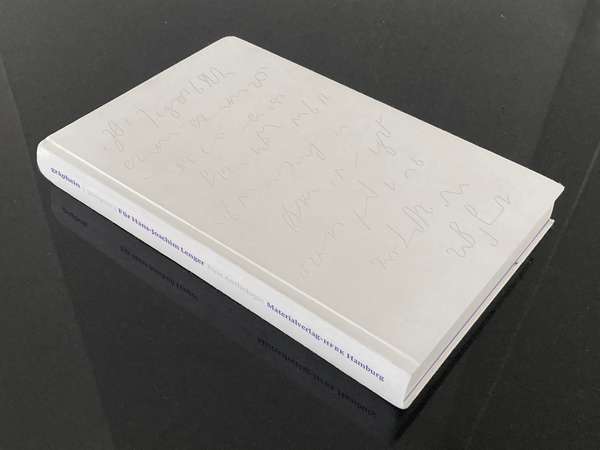
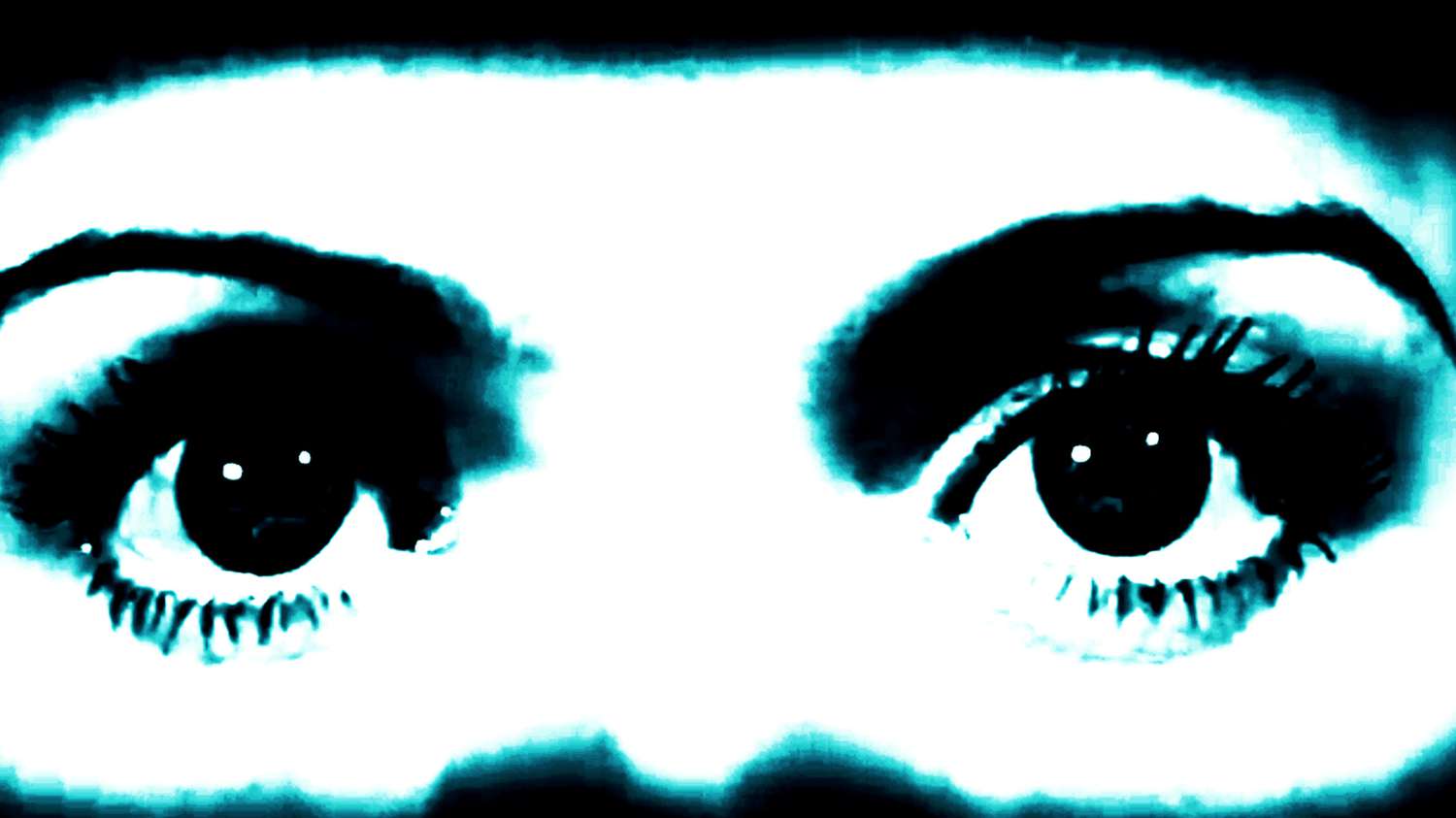
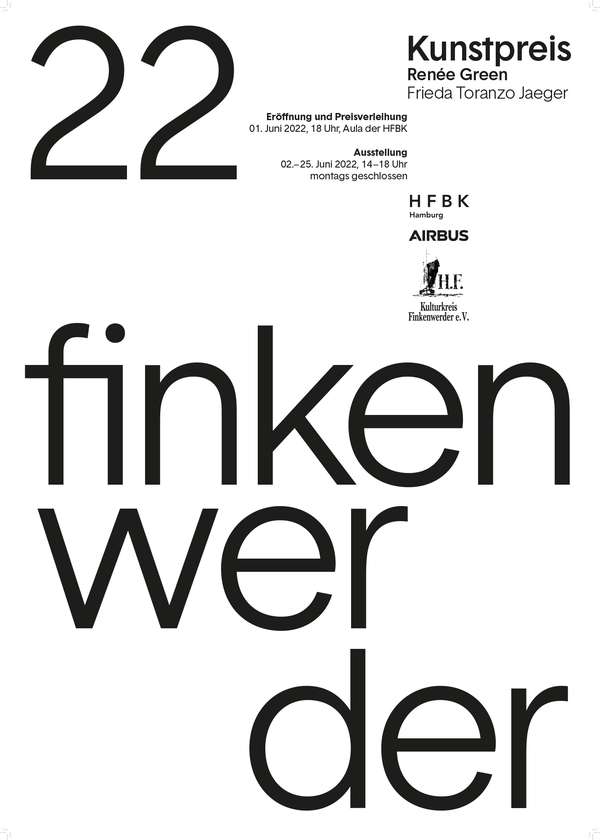
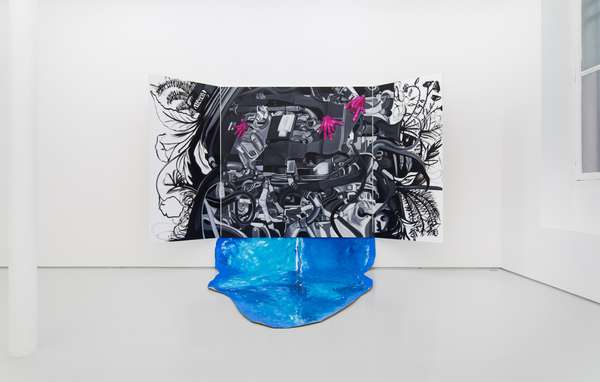
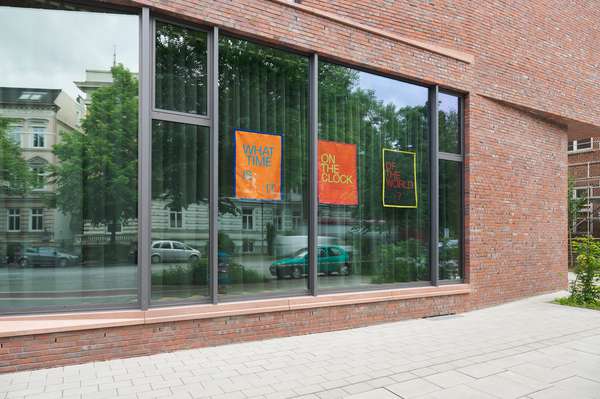
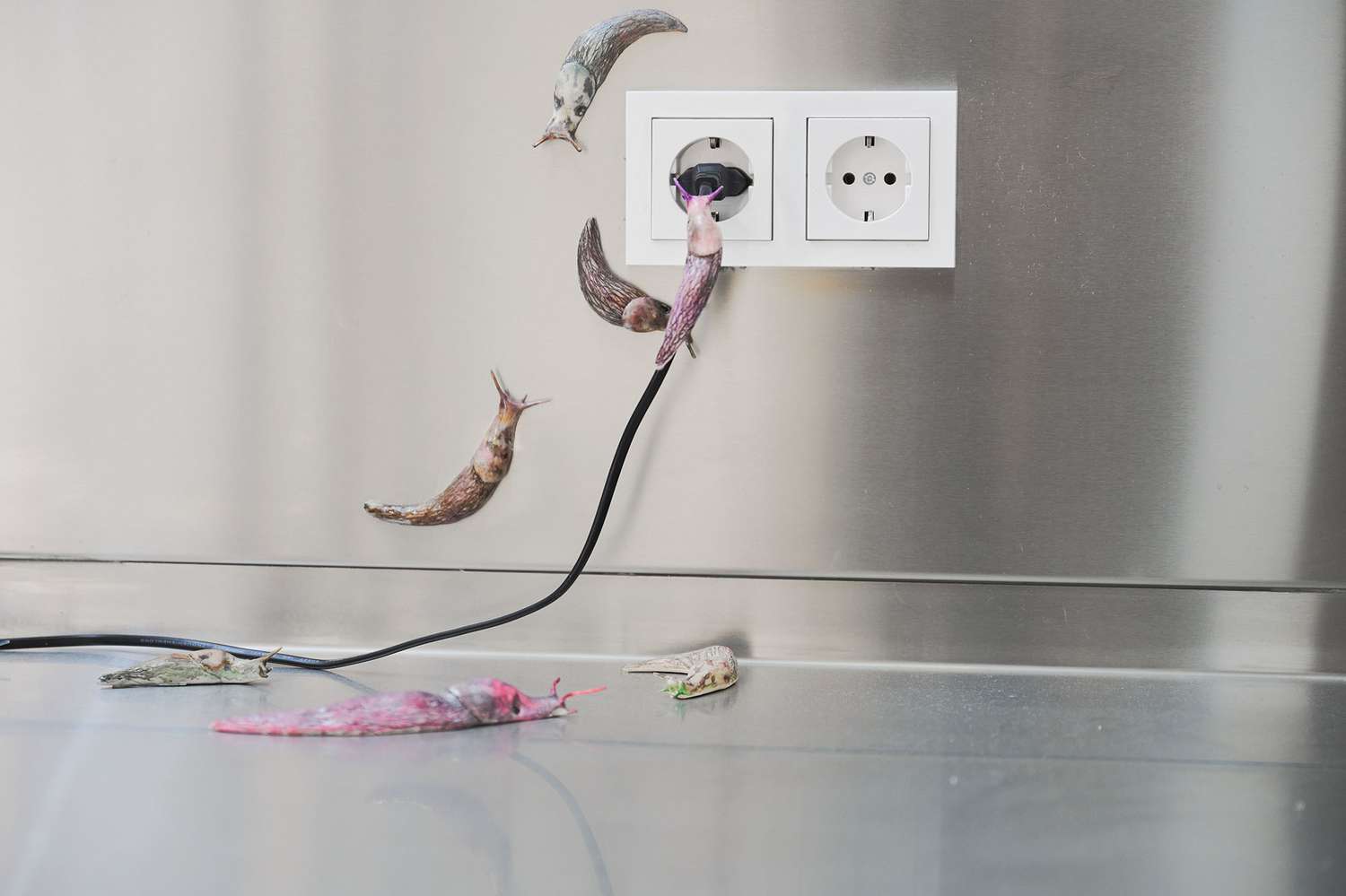
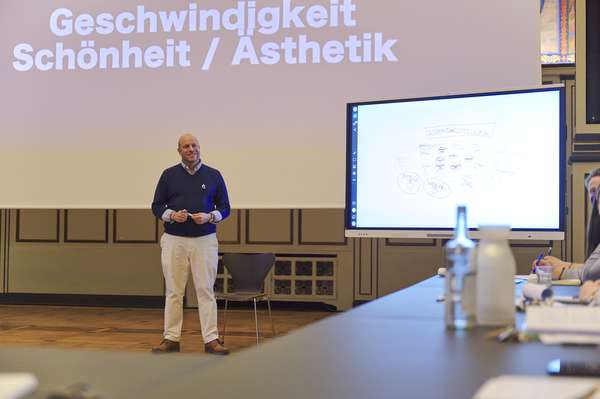
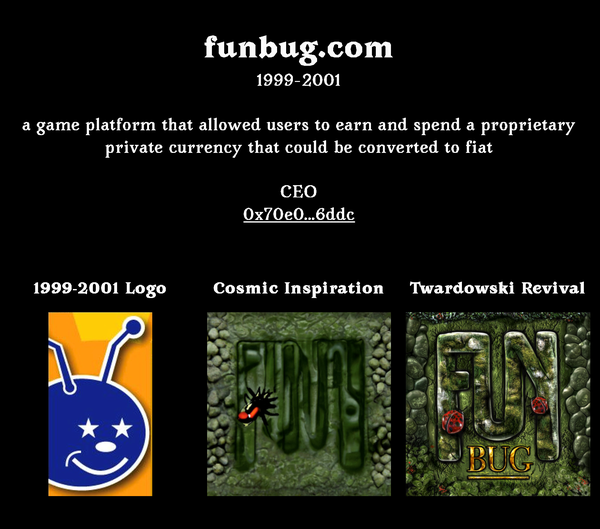
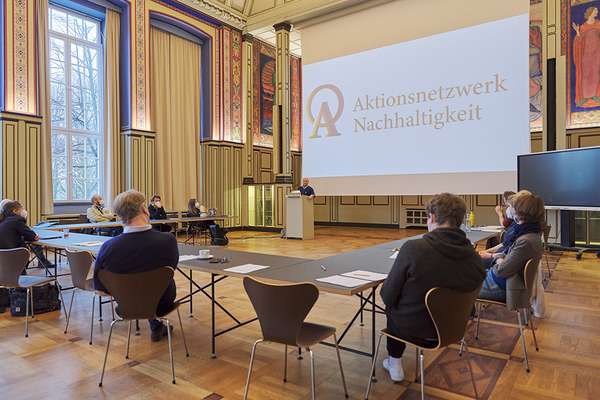
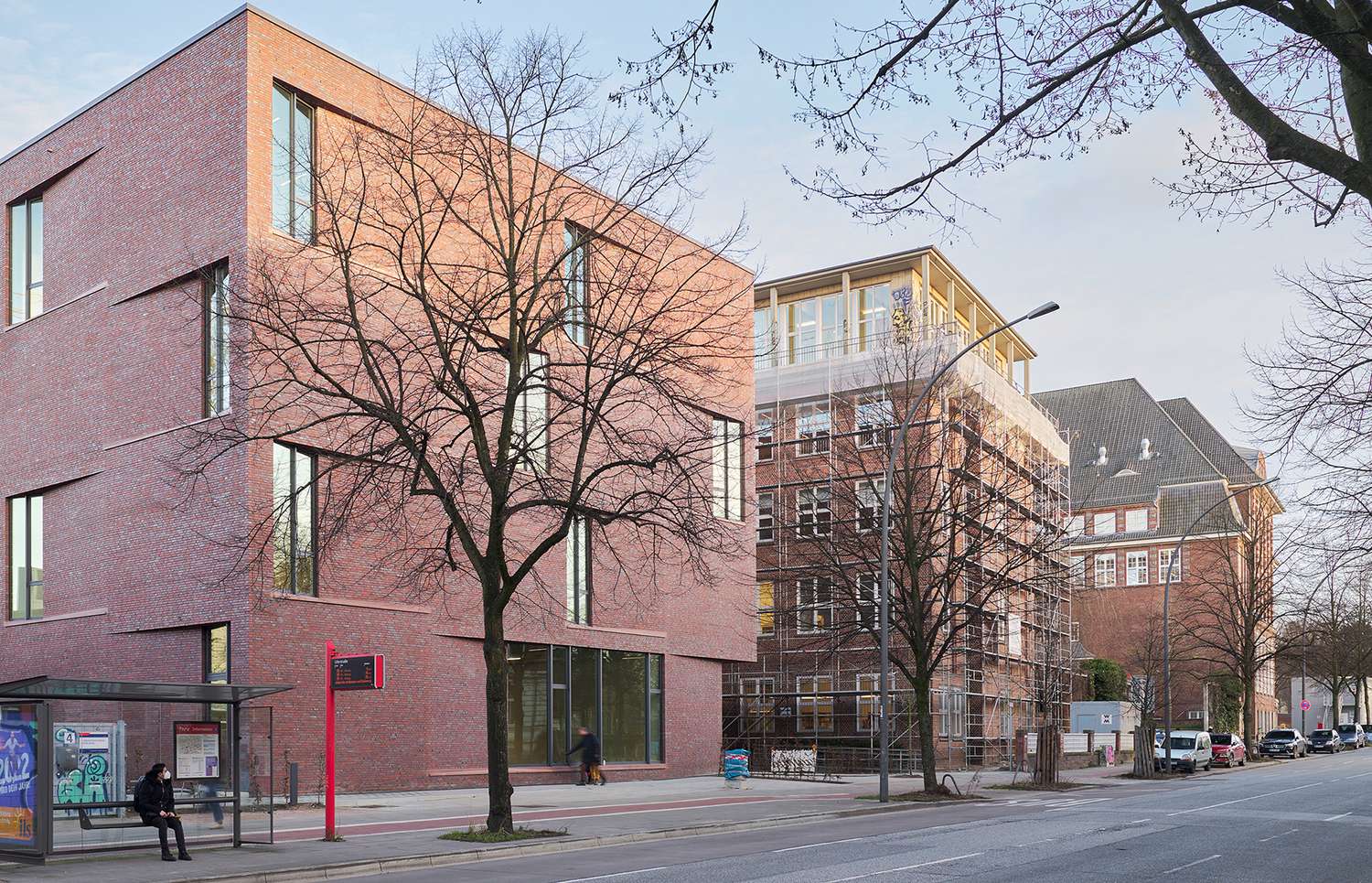
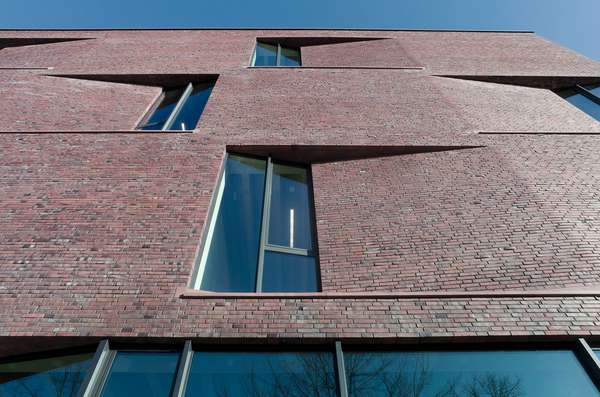
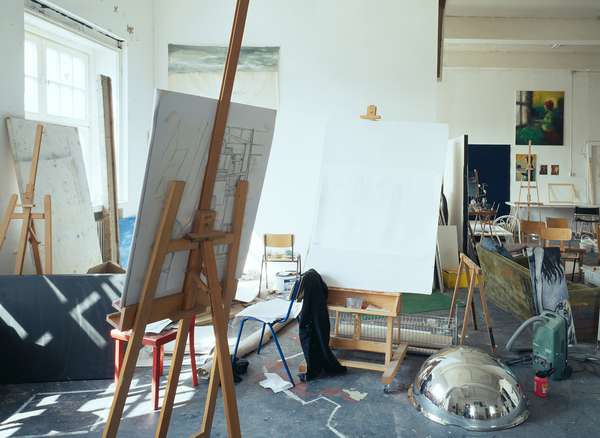
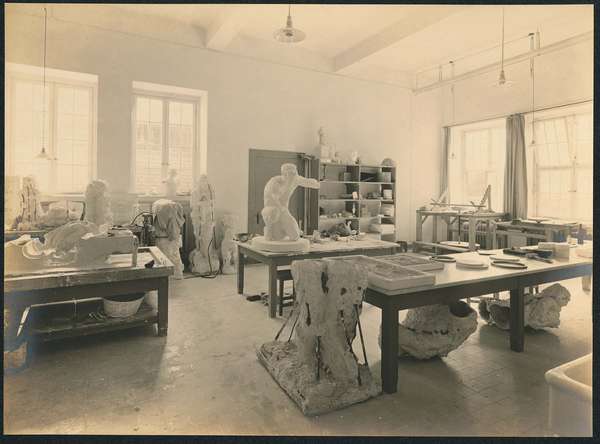
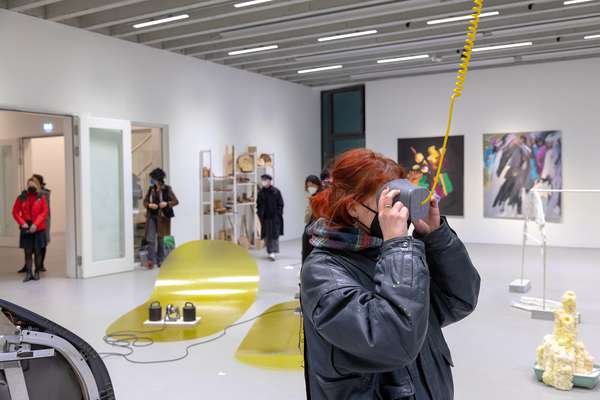
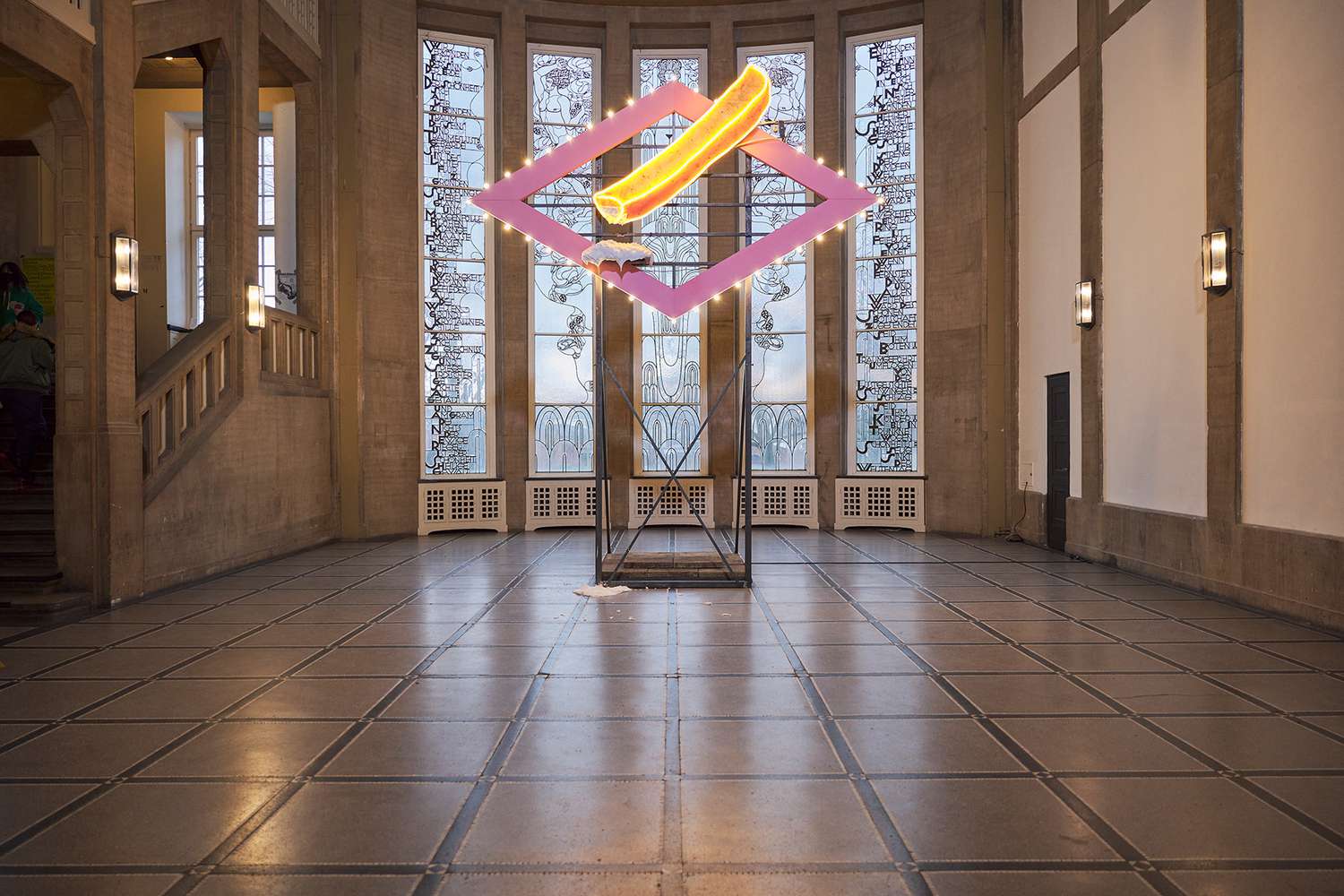
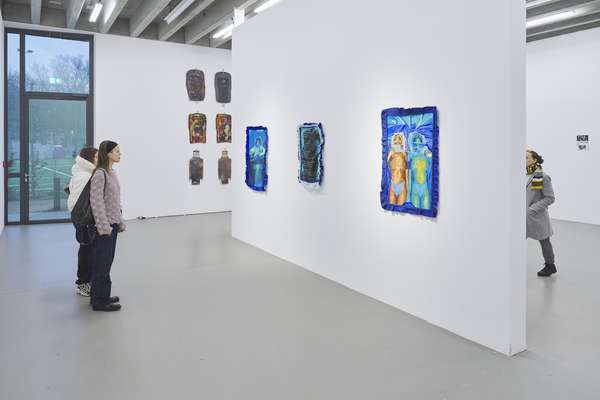
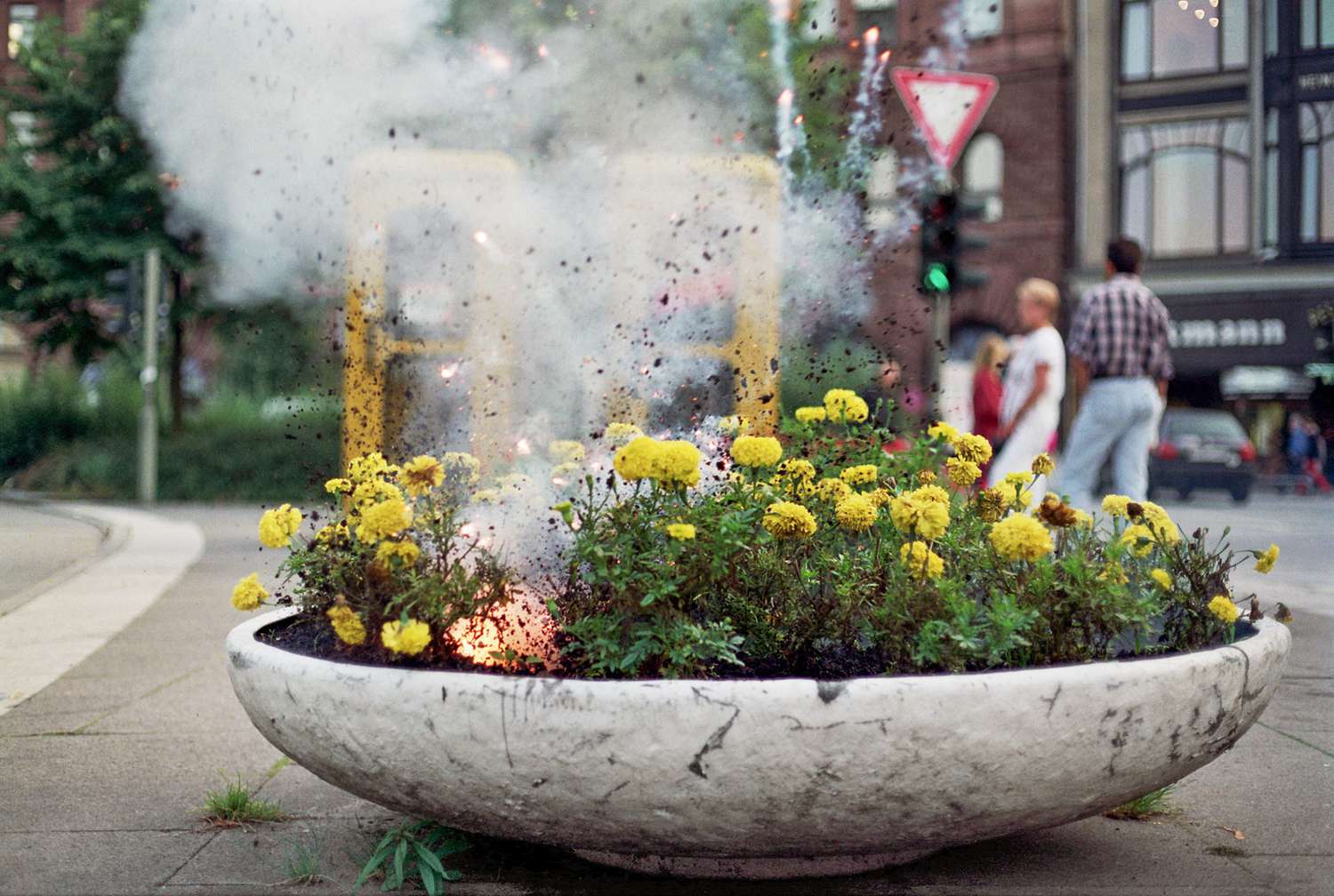
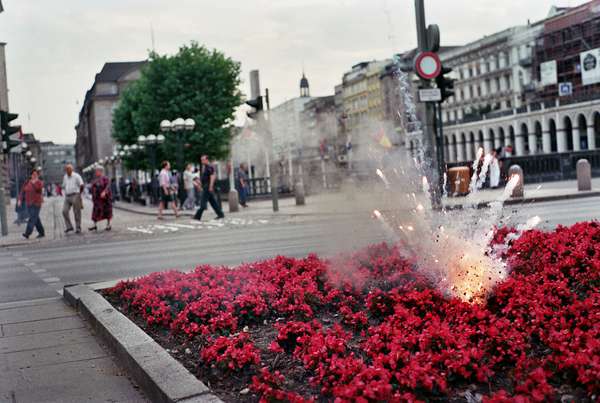
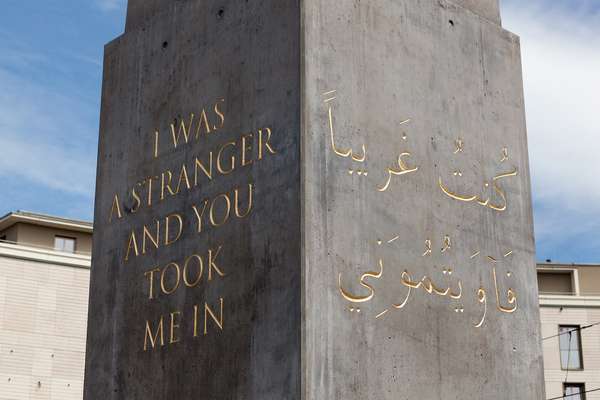
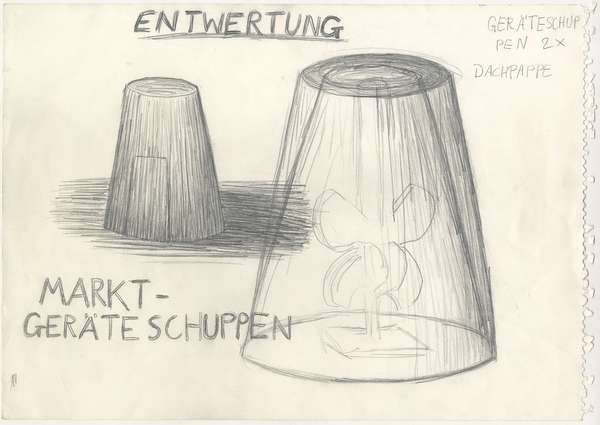
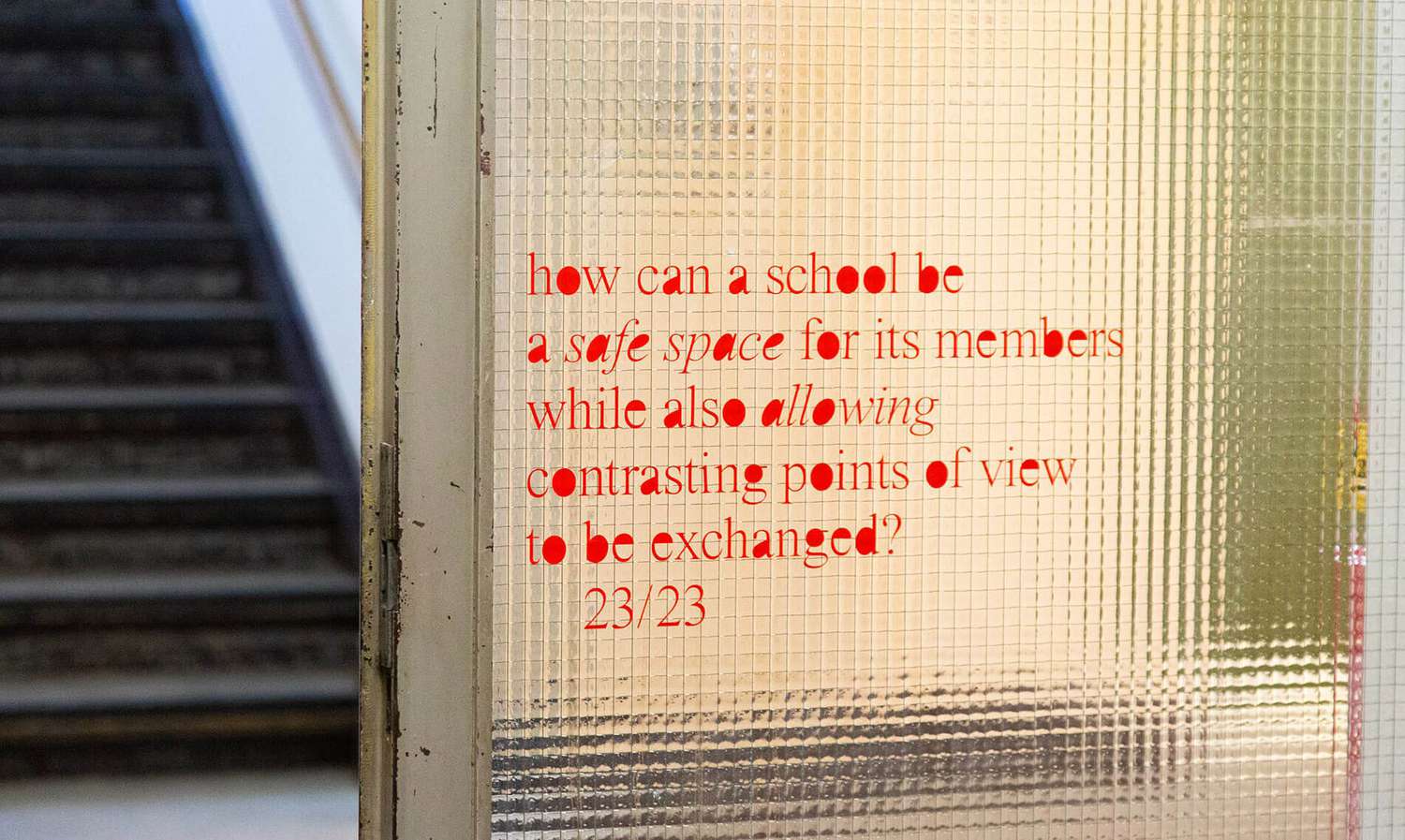
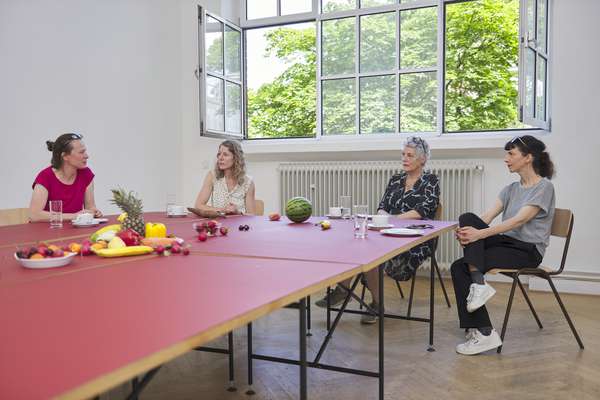
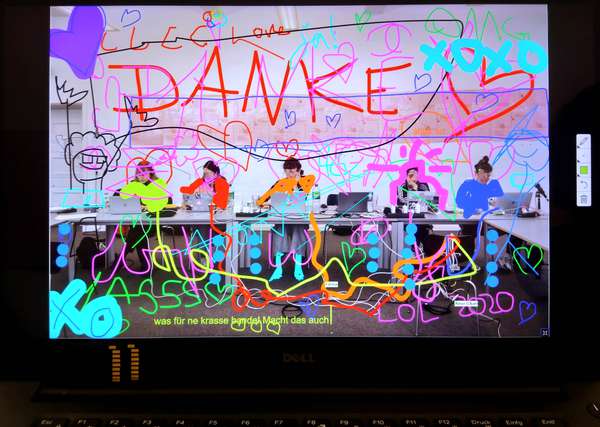
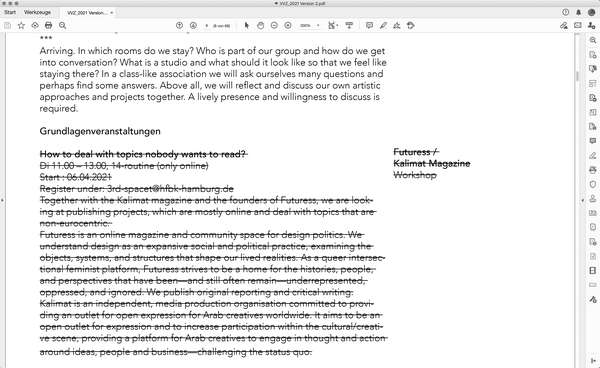
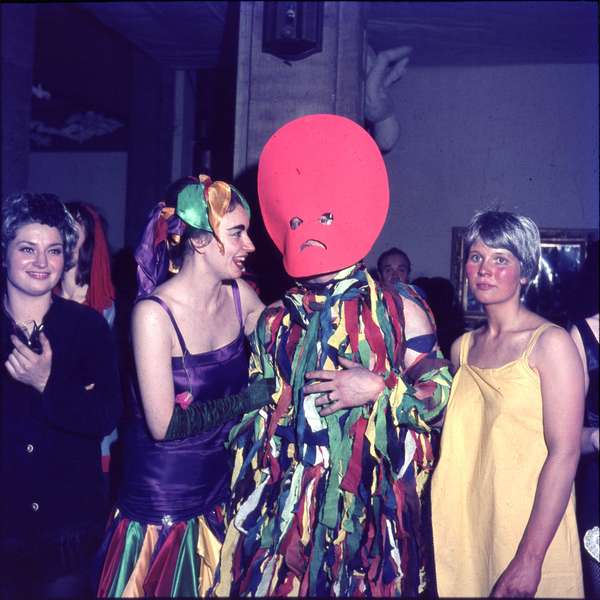
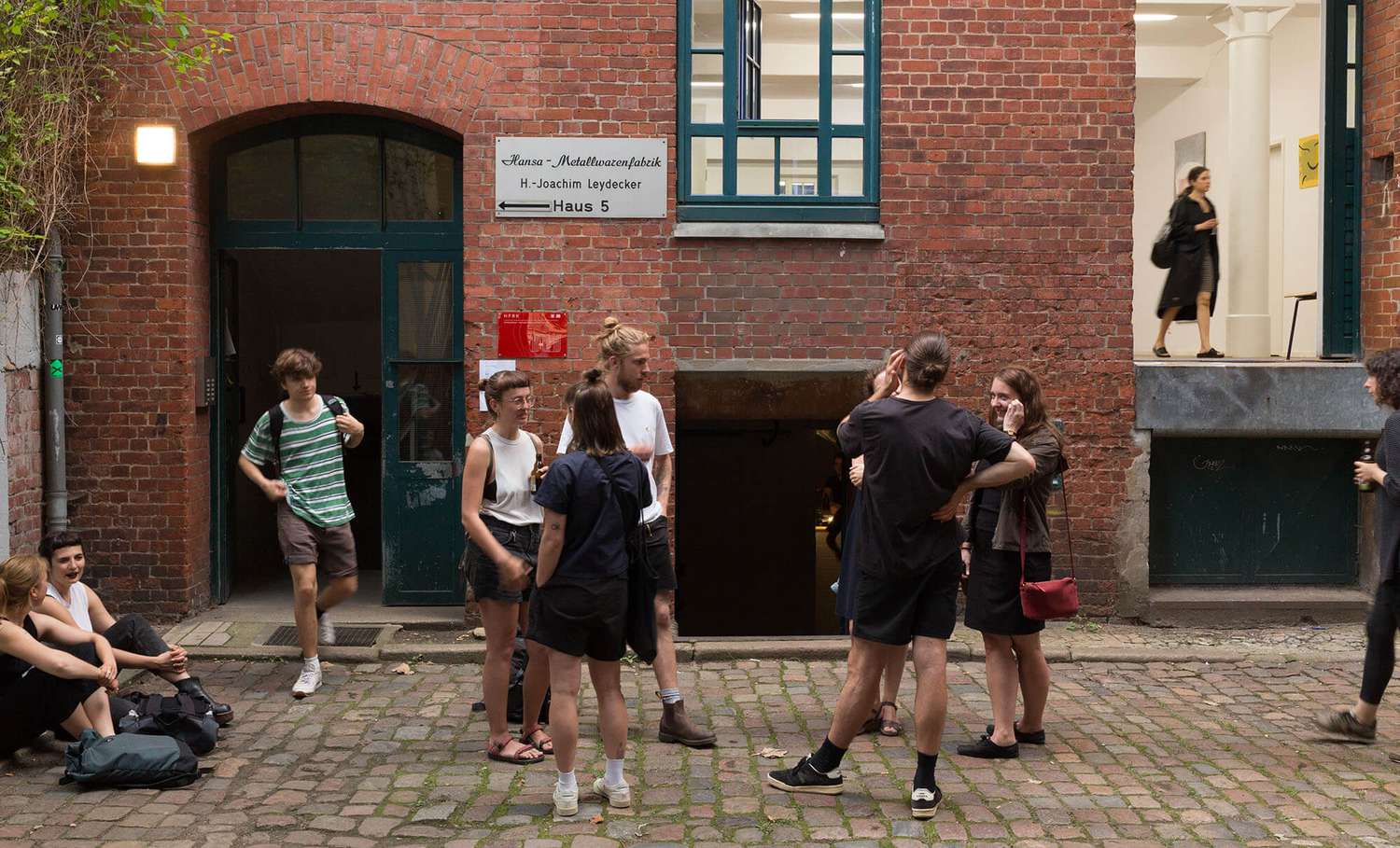
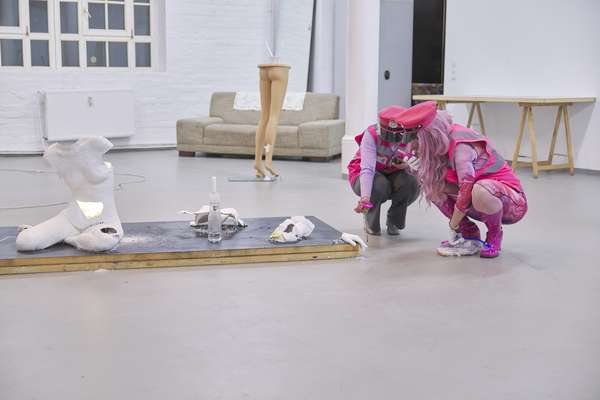
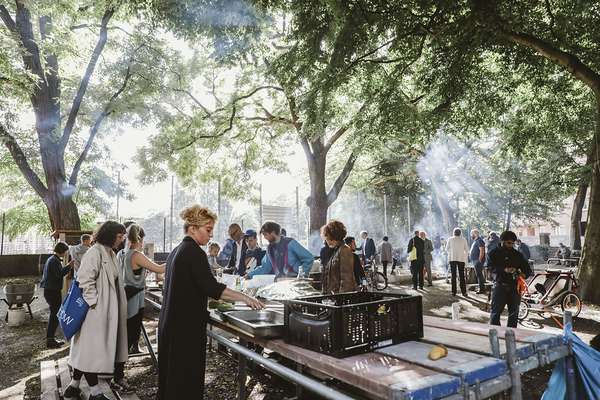
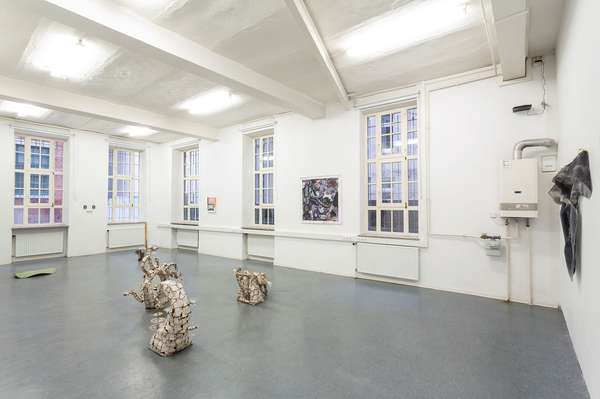
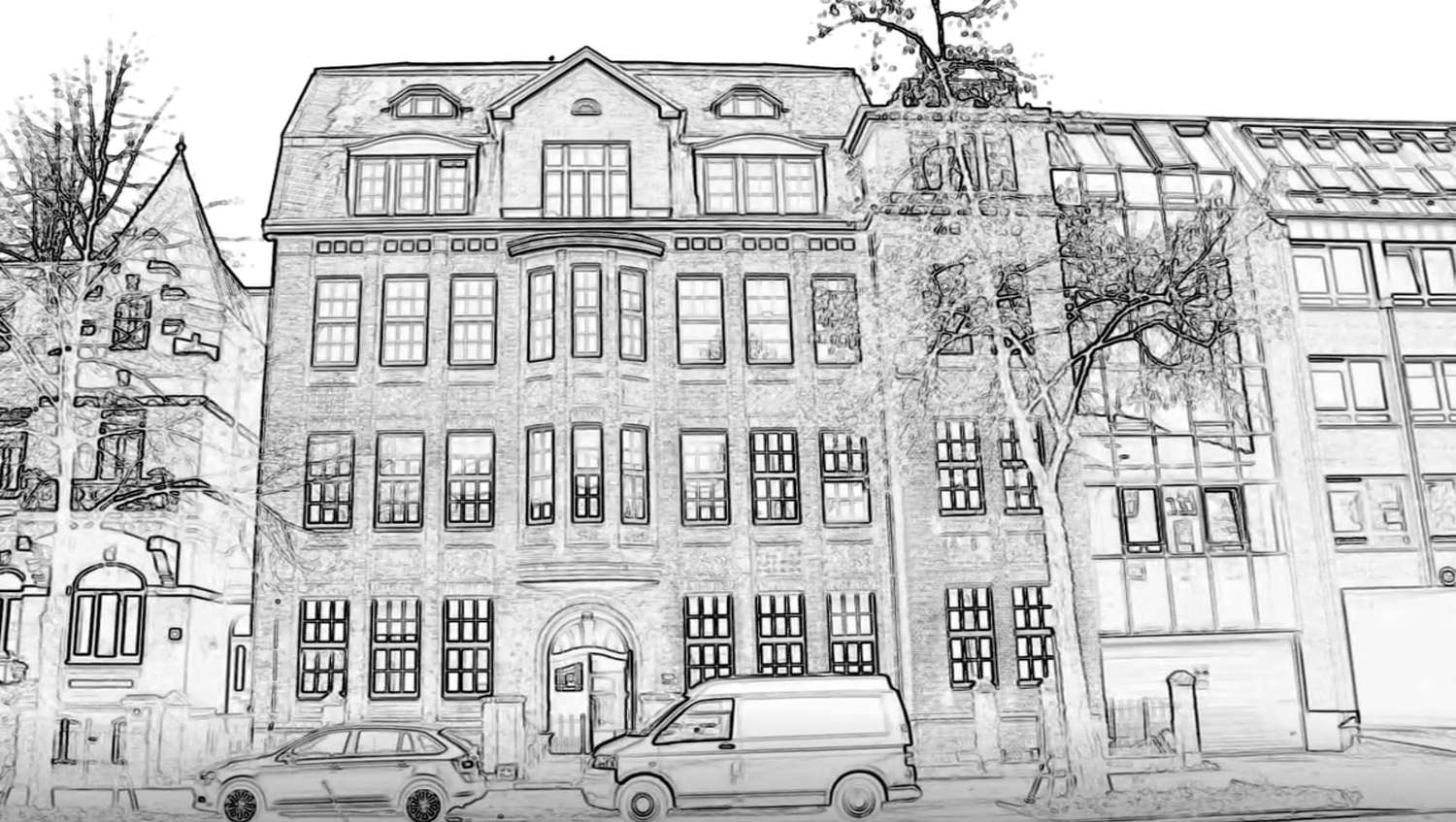
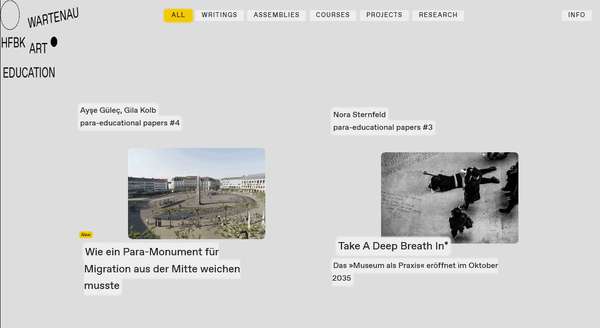
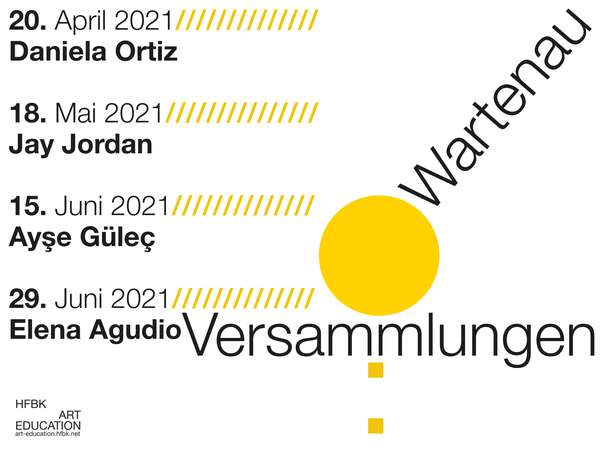
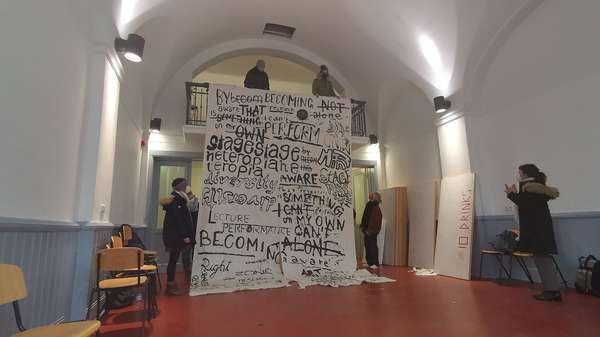
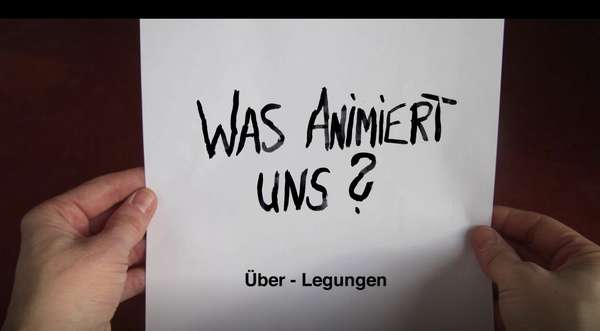
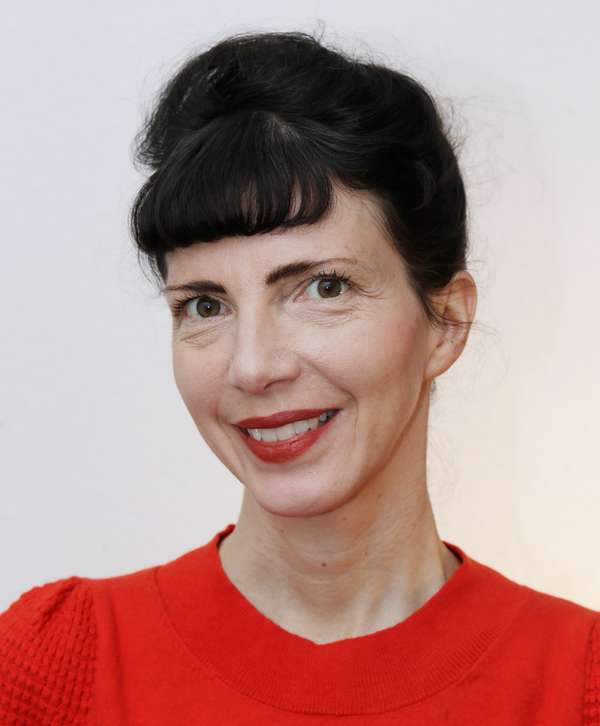
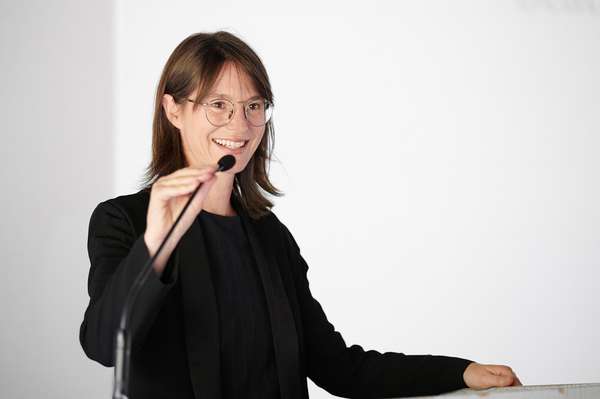
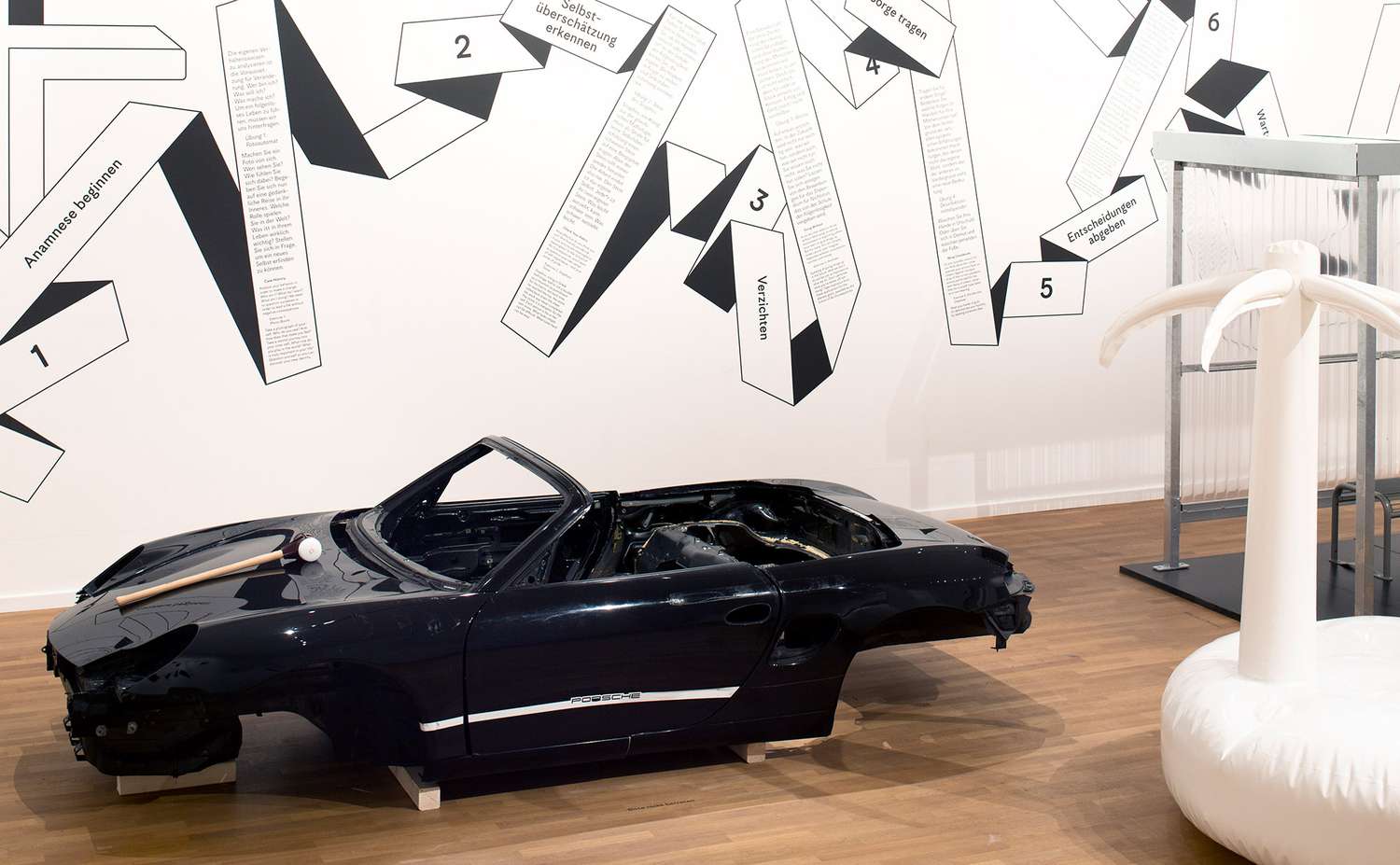
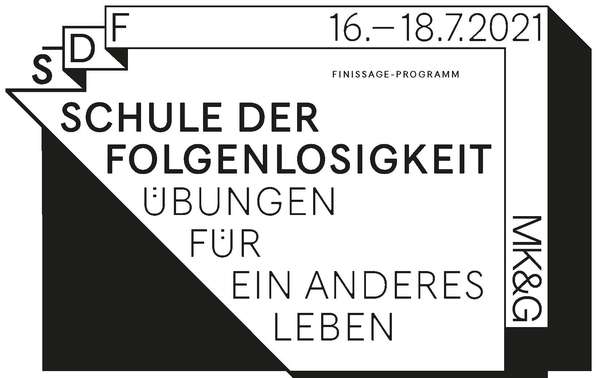
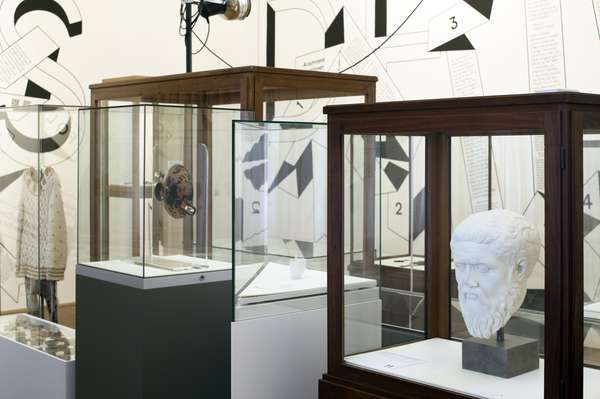
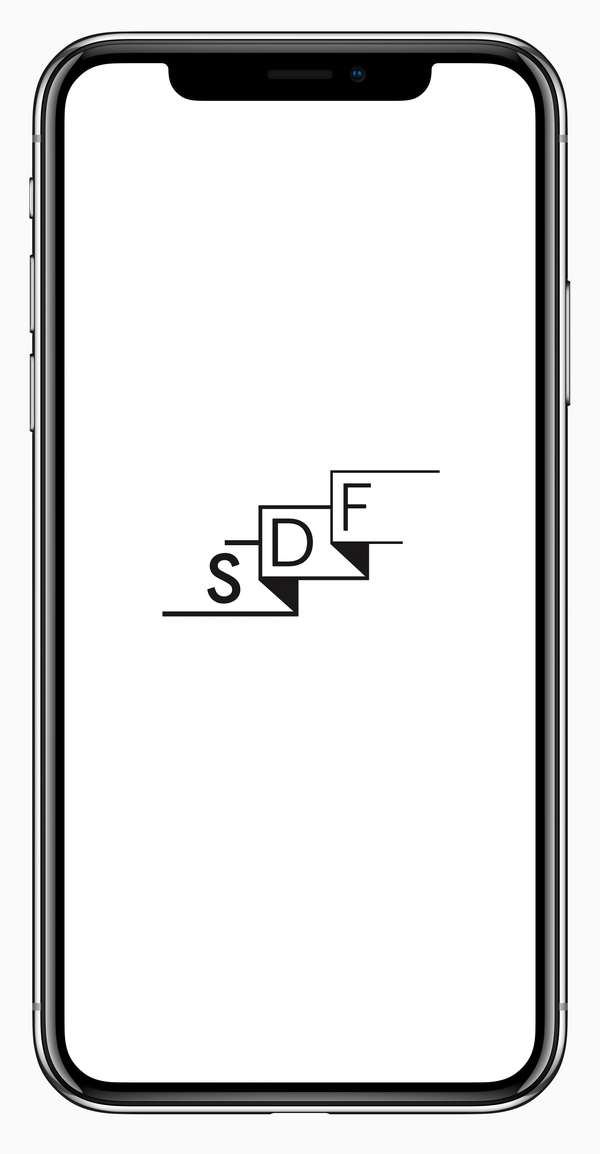
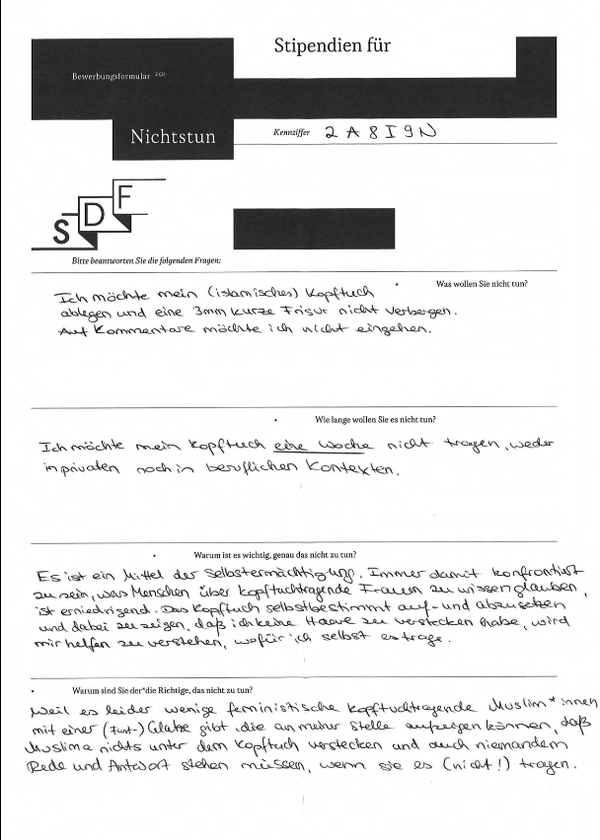
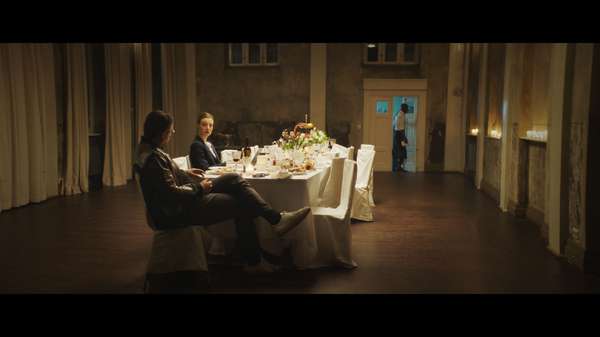
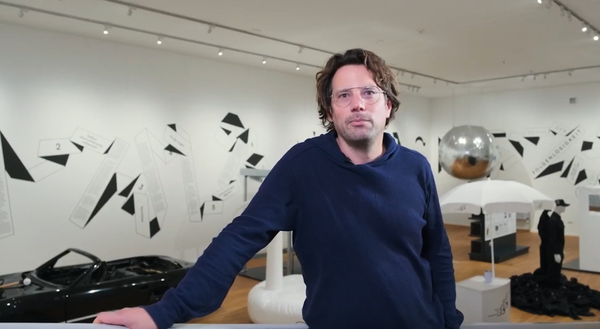
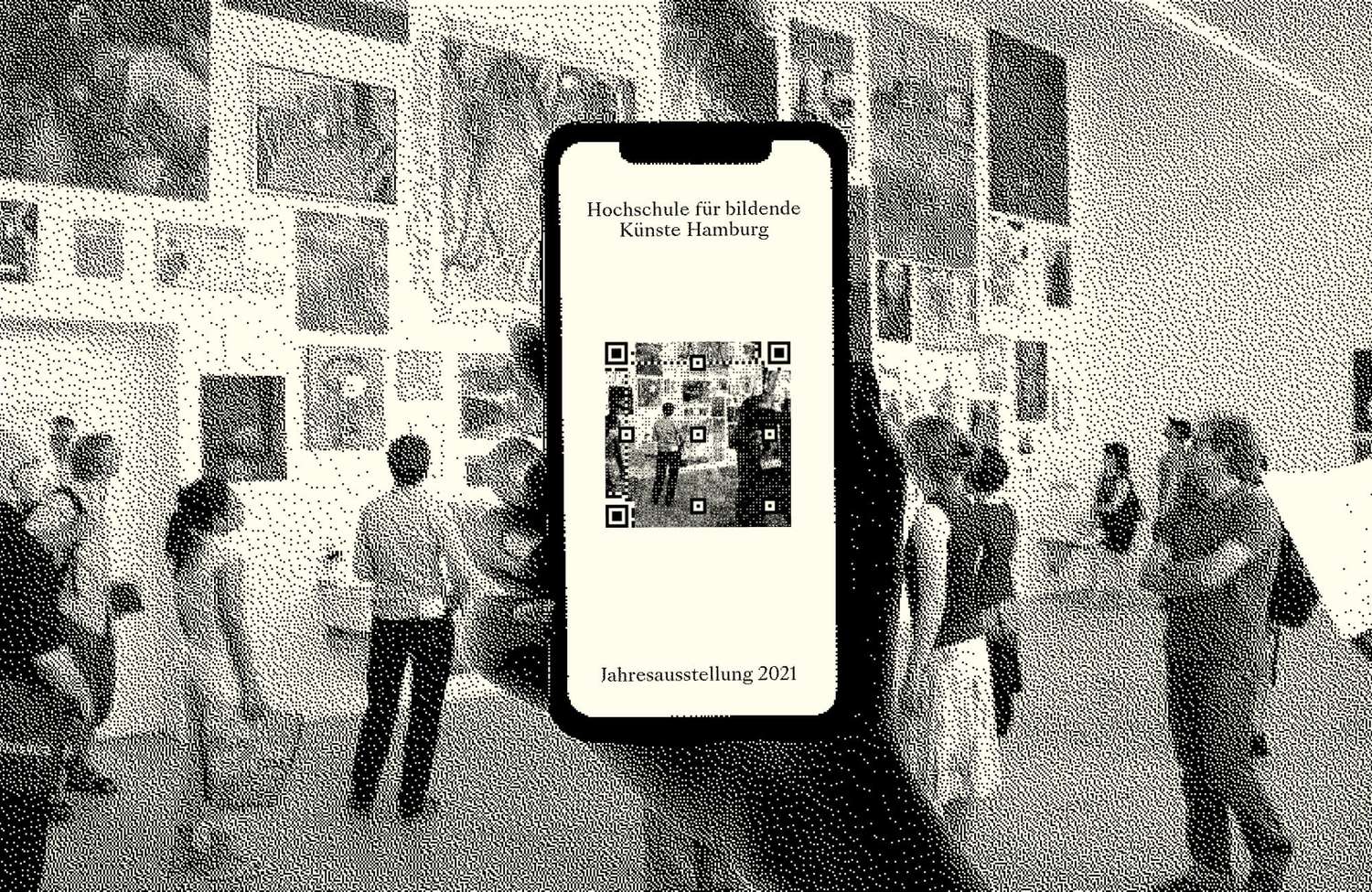
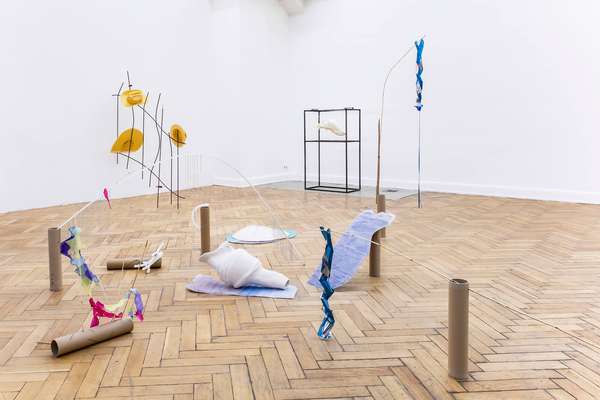
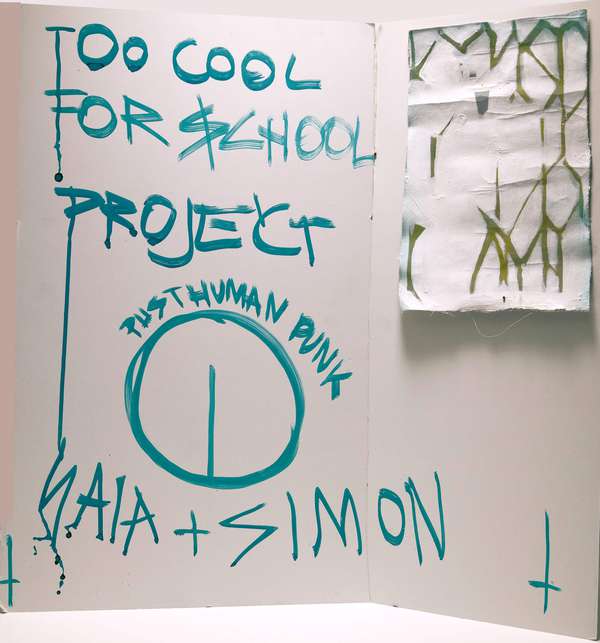
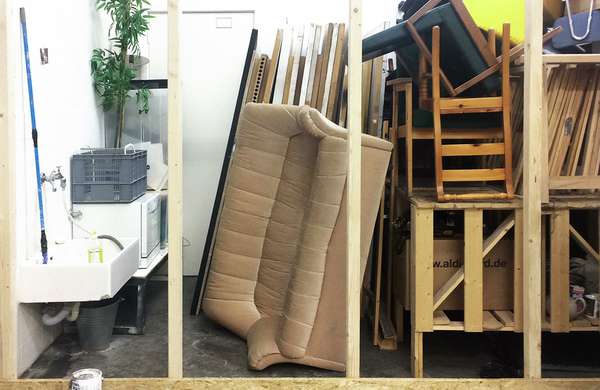
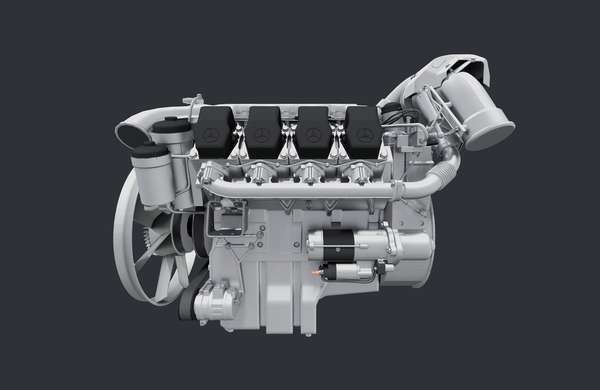
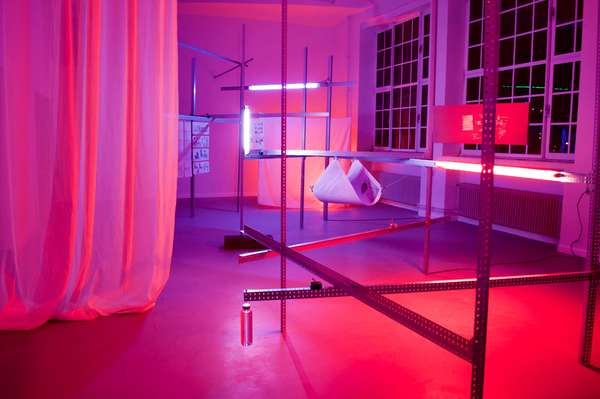
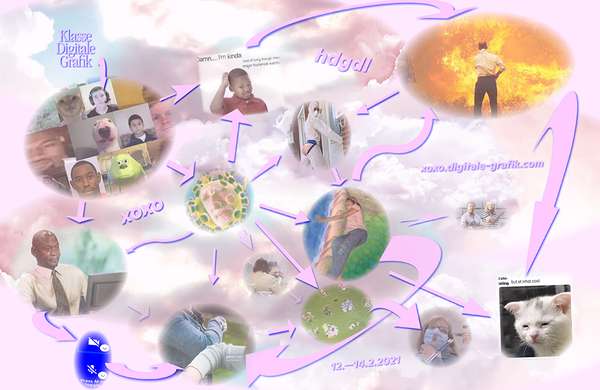
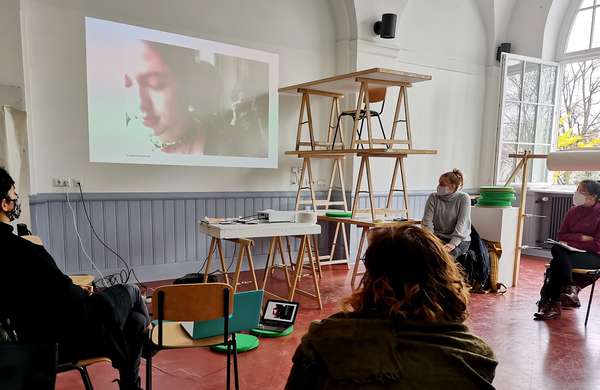
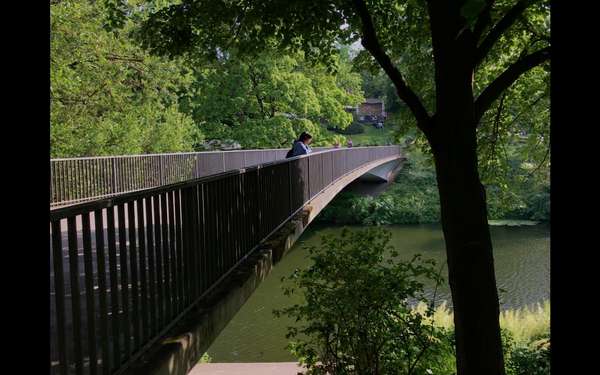
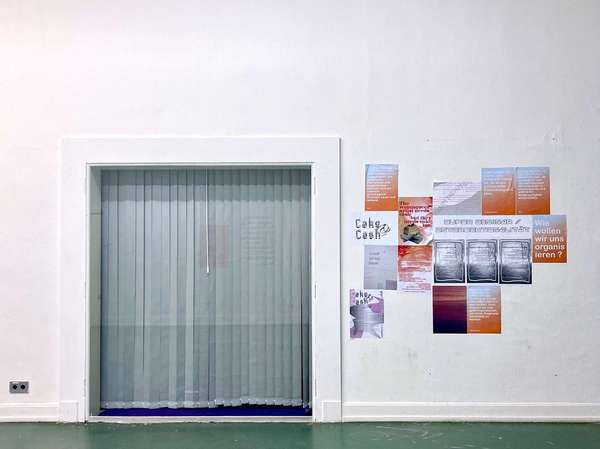
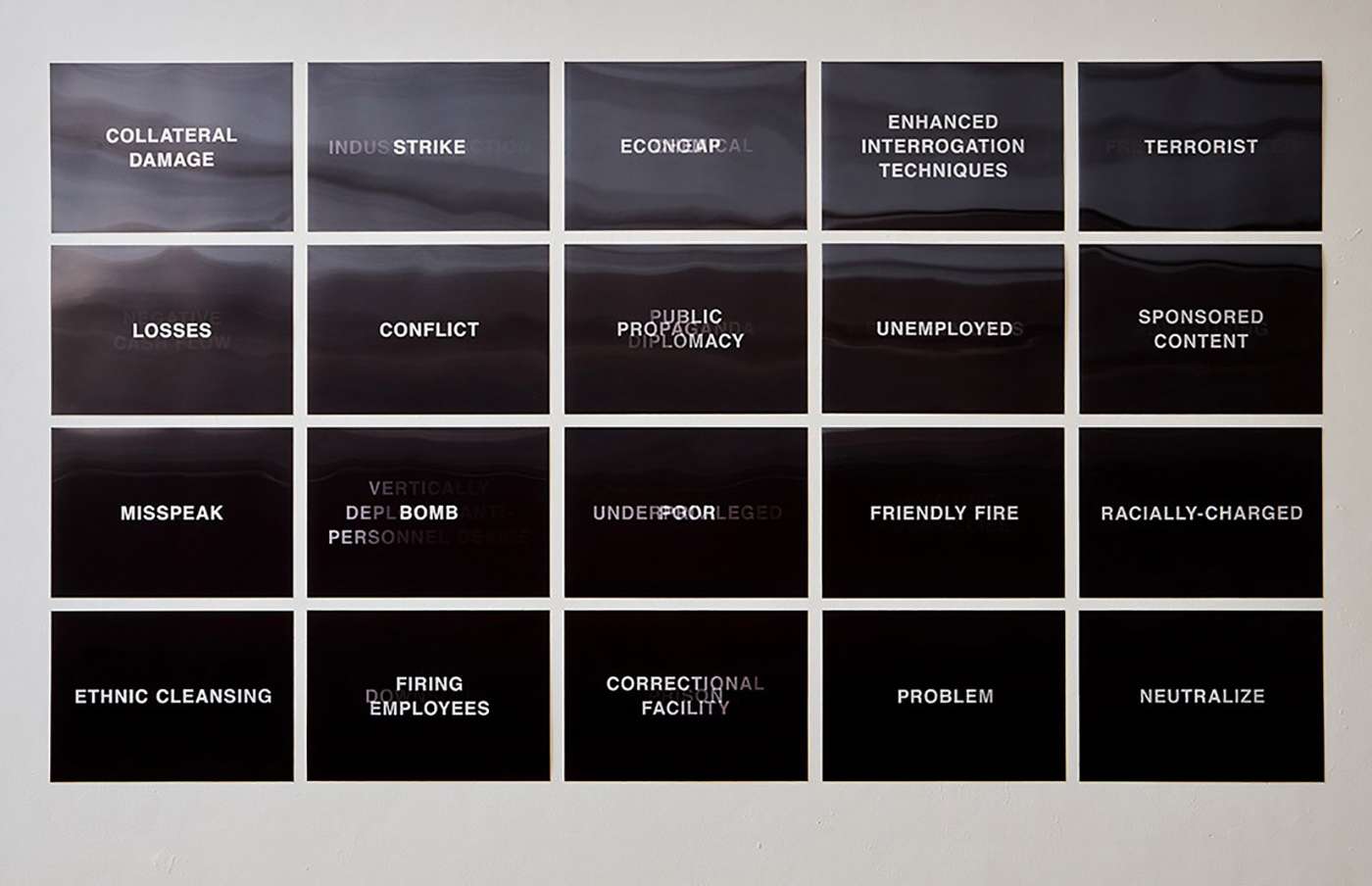
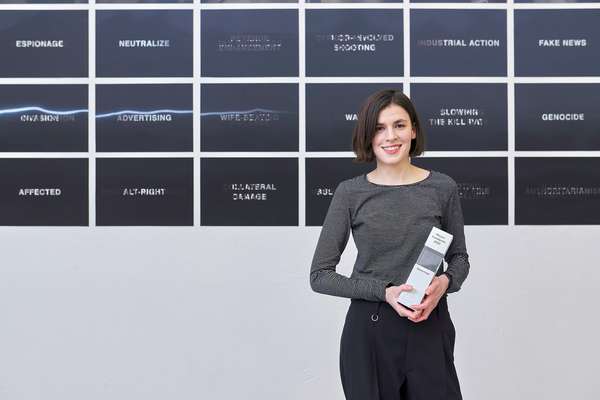
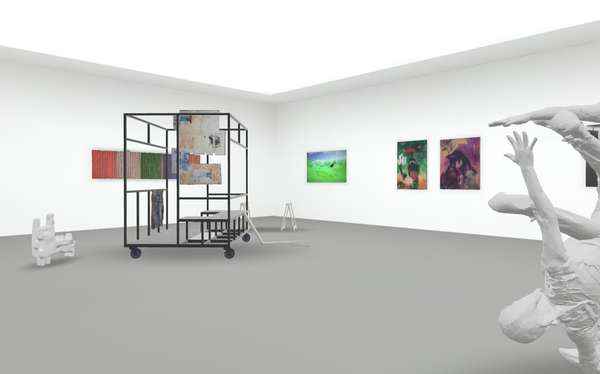
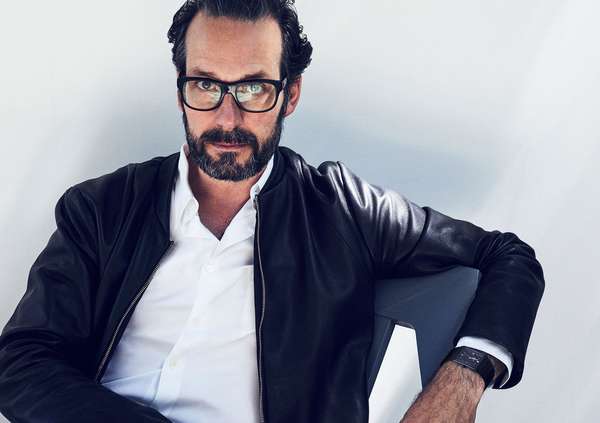
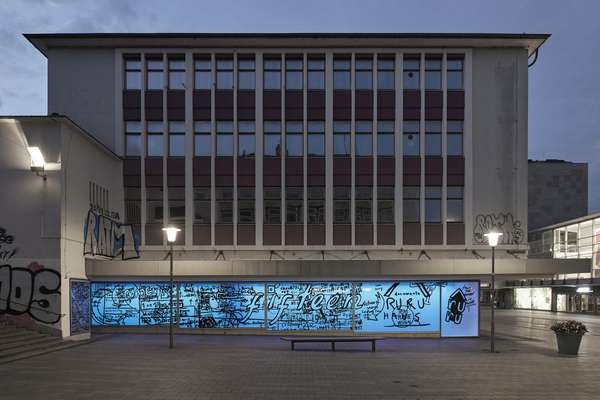
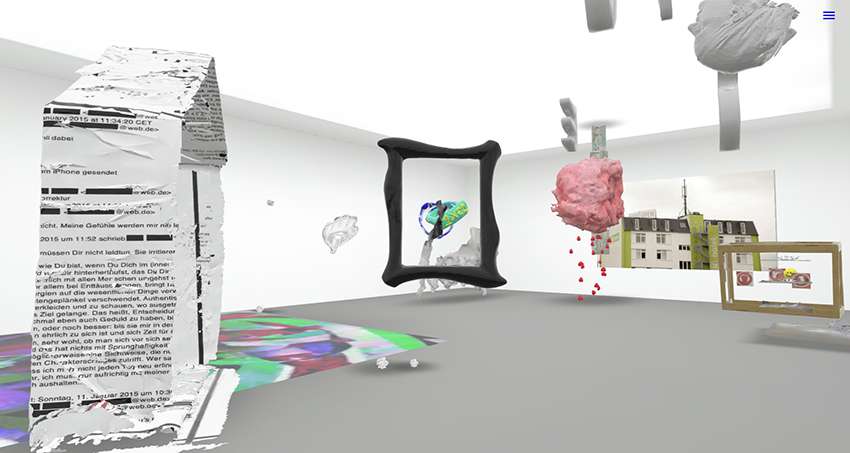
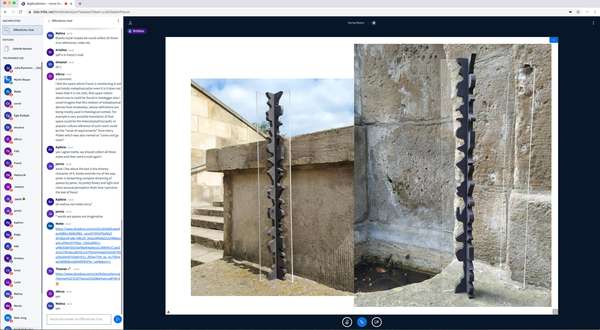
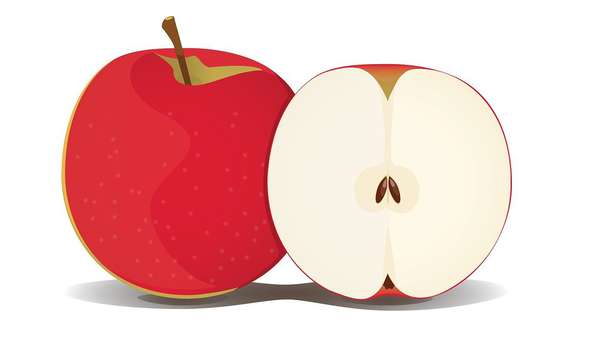
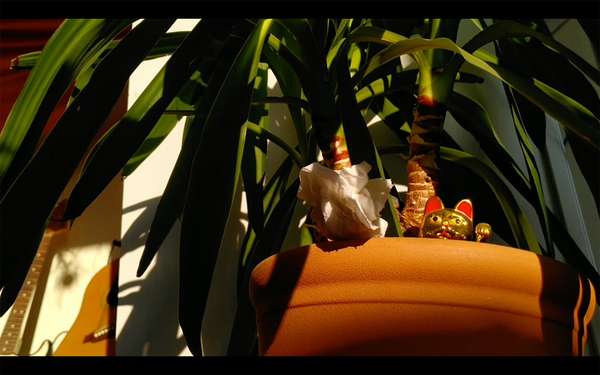
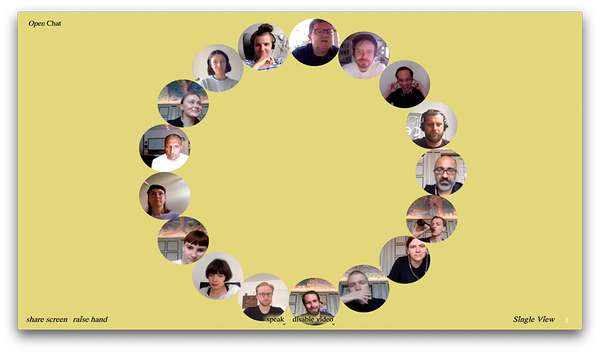
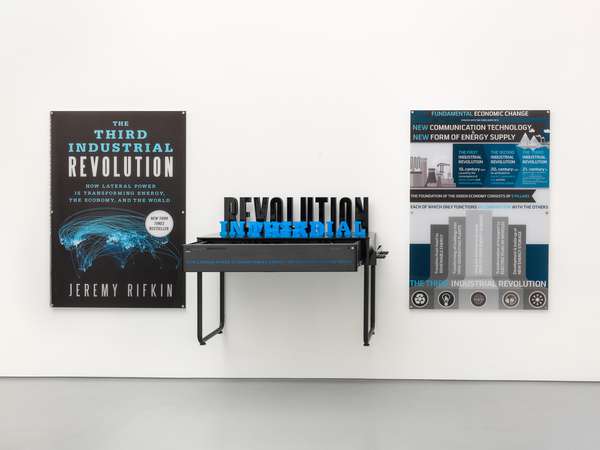
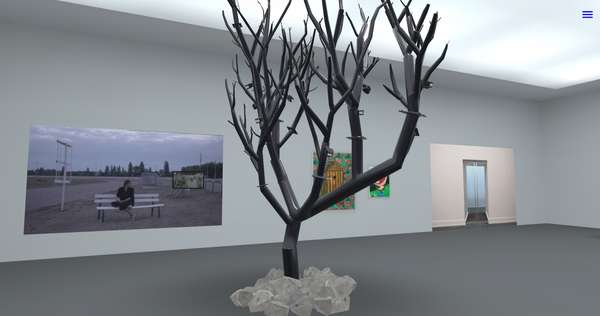
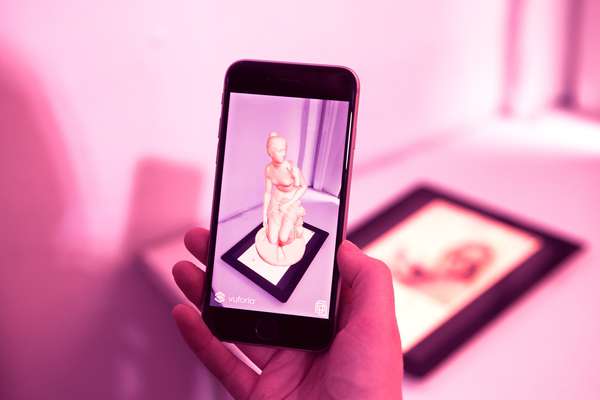
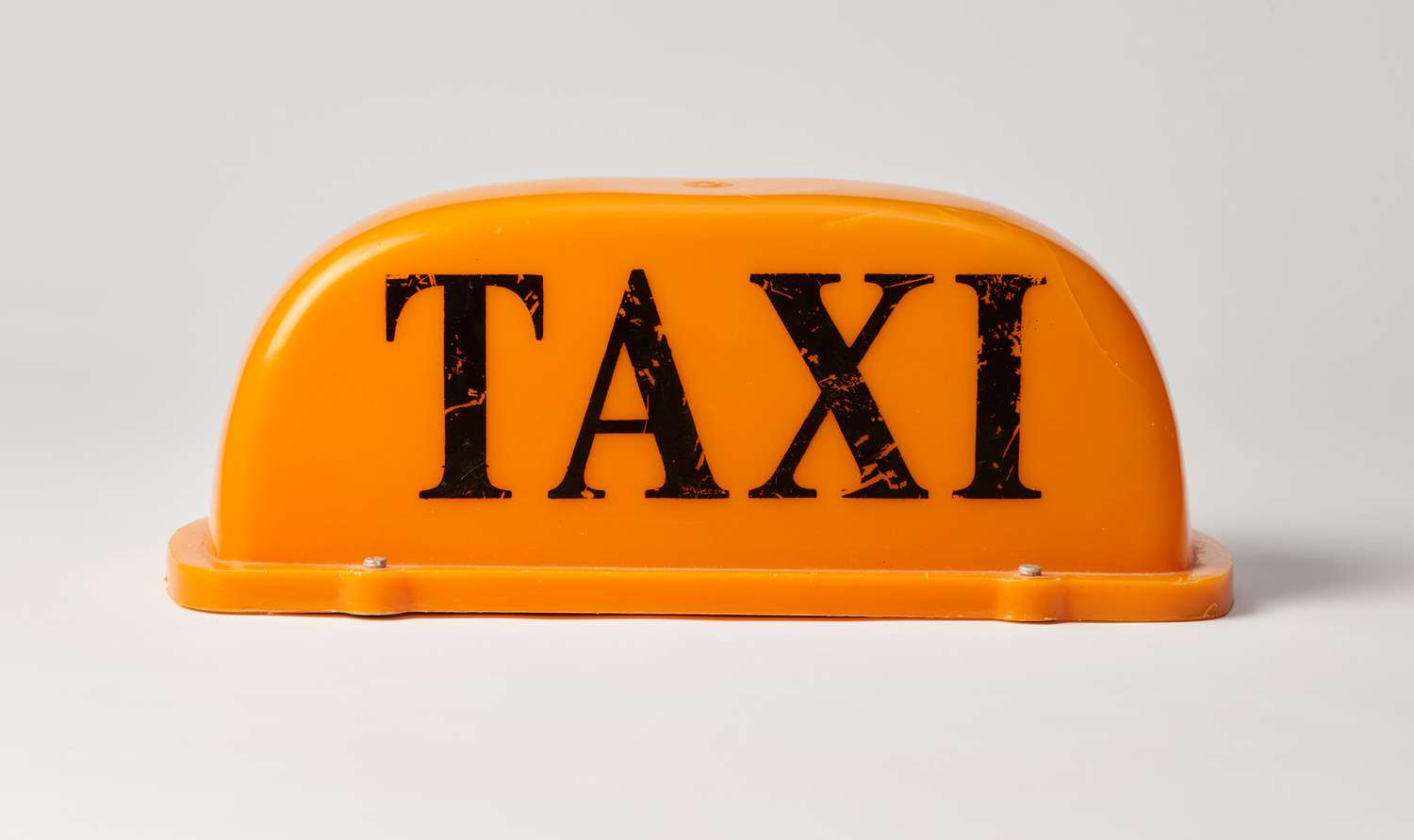
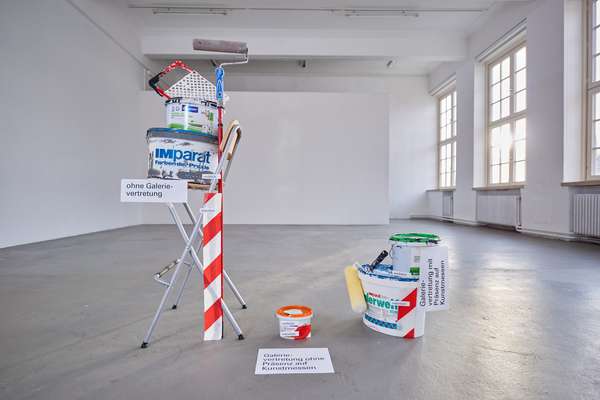
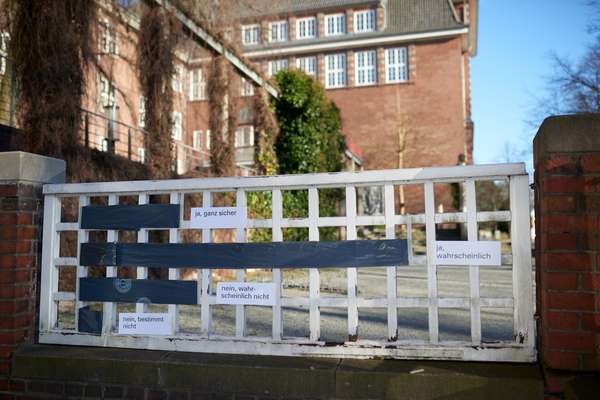
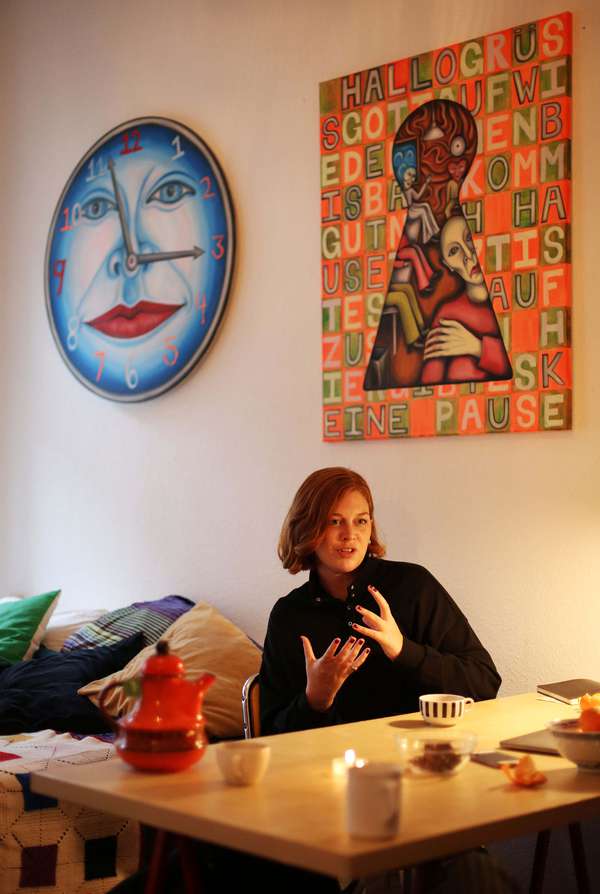
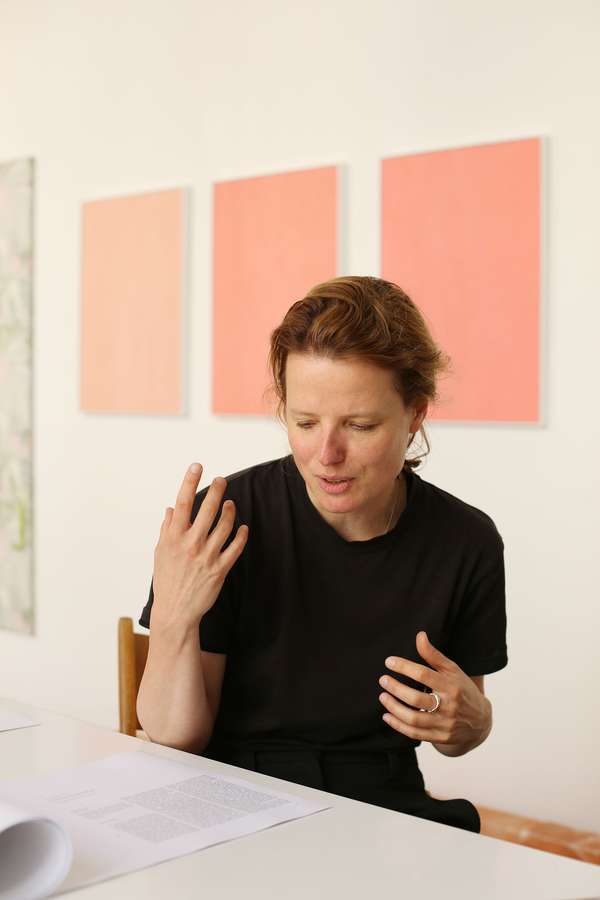
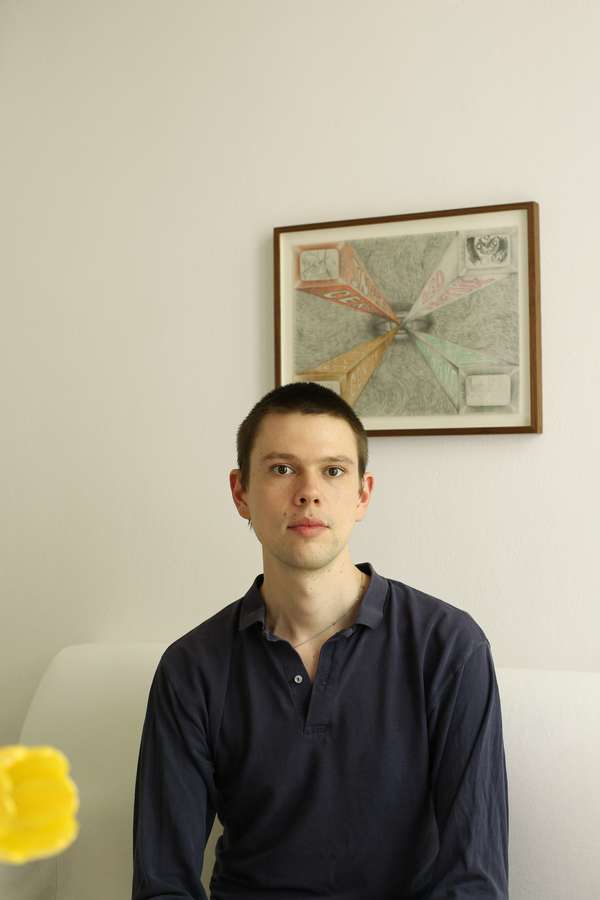
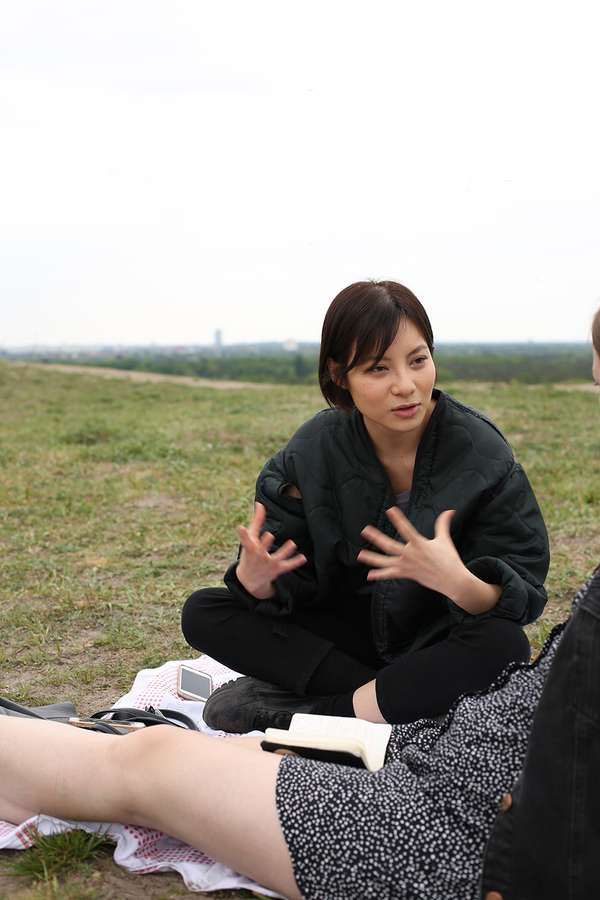
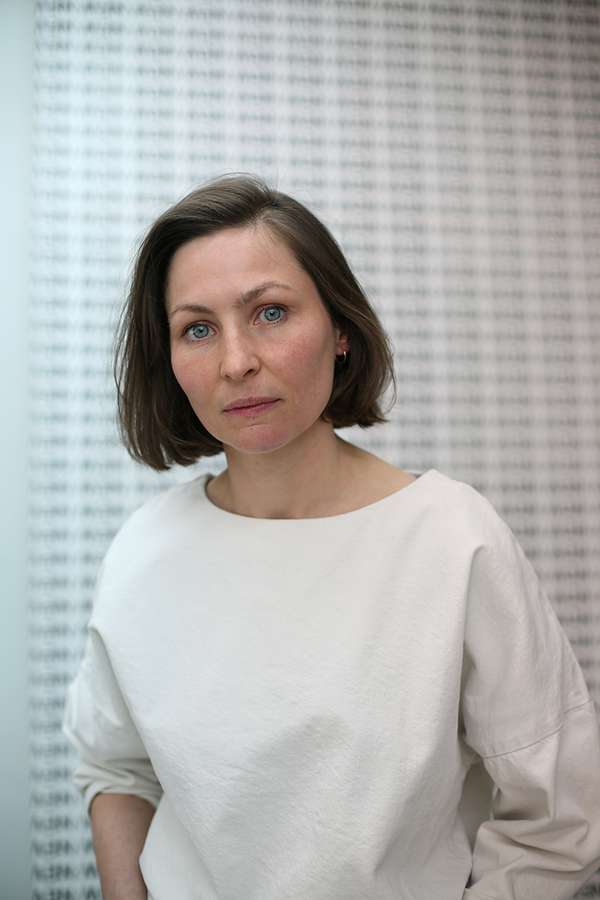
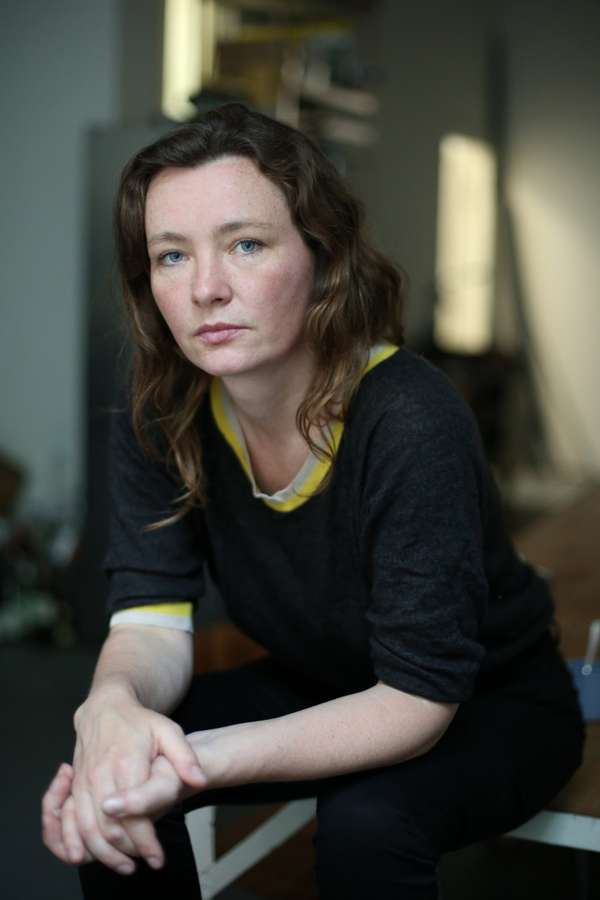
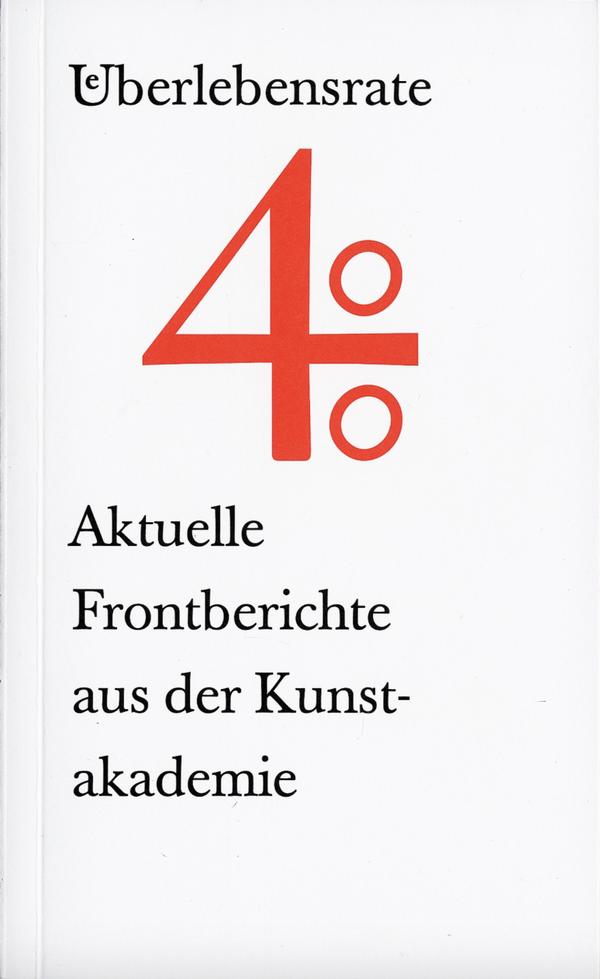
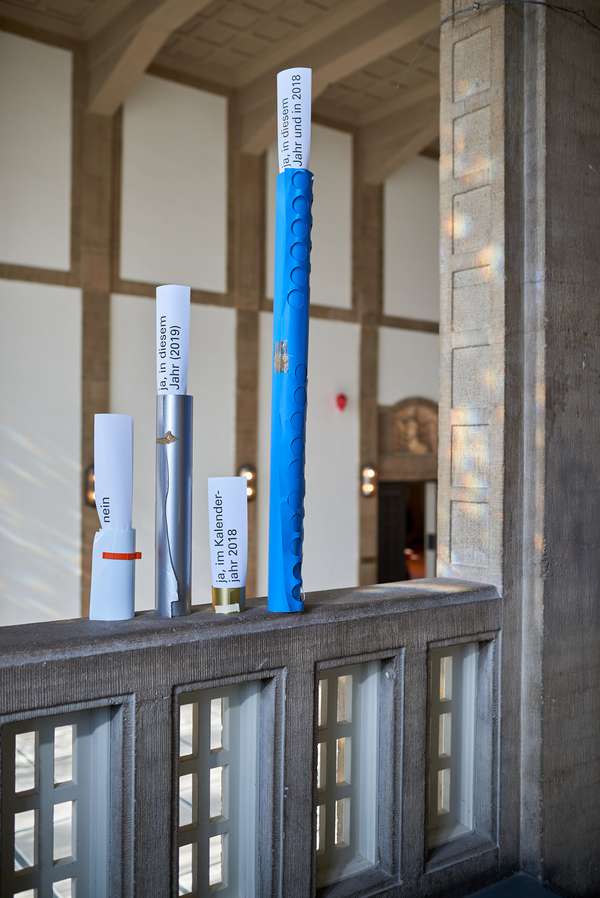
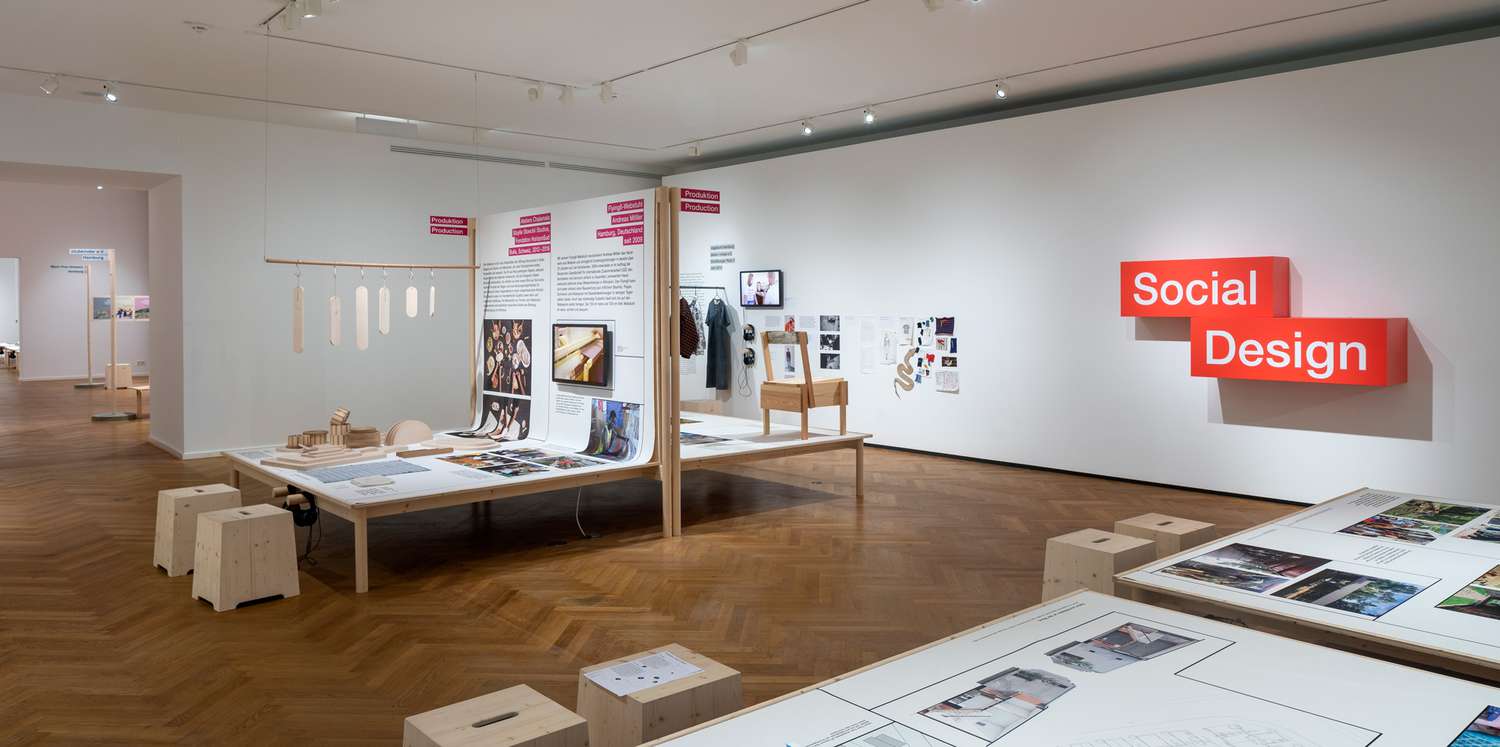
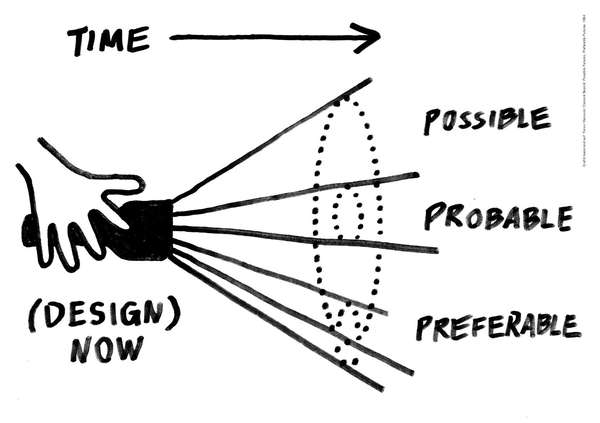
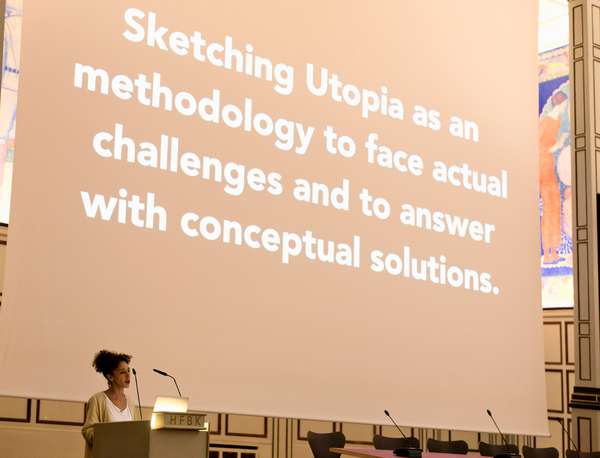
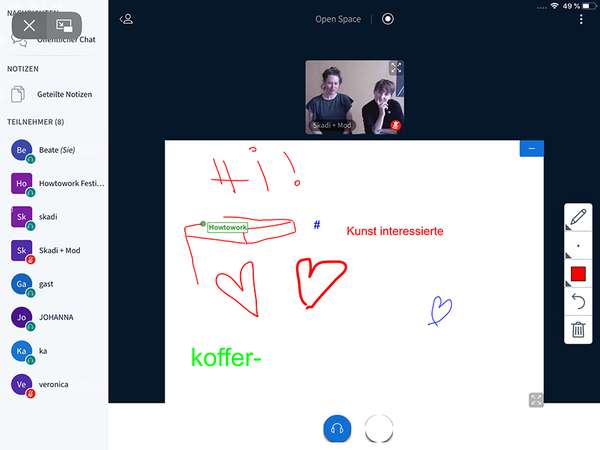
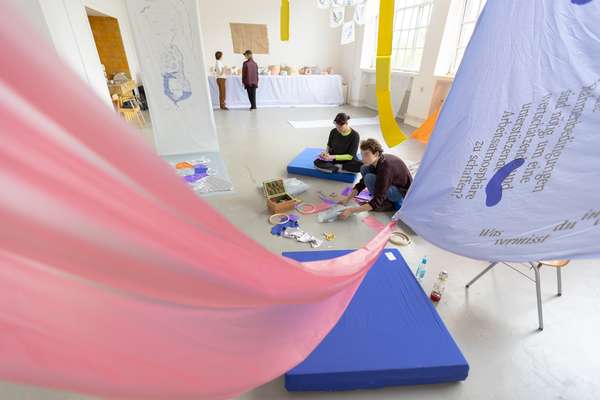
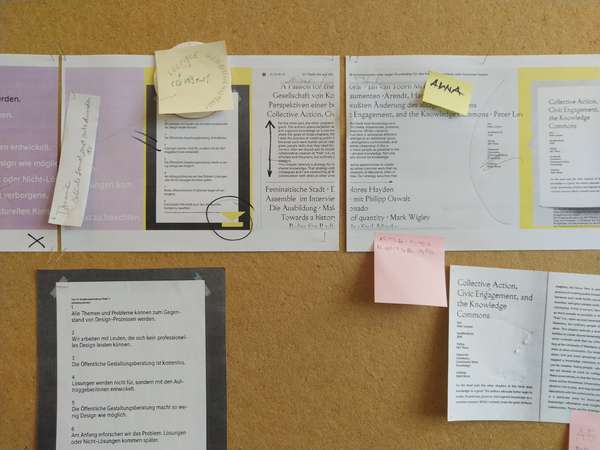
 Graduate Show 2025: Don't stop me now
Graduate Show 2025: Don't stop me now
 Long days, lots to do
Long days, lots to do
 Cine*Ami*es
Cine*Ami*es
 Redesign Democracy – competition for the ballot box of the democratic future
Redesign Democracy – competition for the ballot box of the democratic future
 Art in public space
Art in public space
 How to apply: study at HFBK Hamburg
How to apply: study at HFBK Hamburg
 Annual Exhibition 2025 at the HFBK Hamburg
Annual Exhibition 2025 at the HFBK Hamburg
 The Elephant in The Room – Sculpture today
The Elephant in The Room – Sculpture today
 Hiscox Art Prize 2024
Hiscox Art Prize 2024
 The New Woman
The New Woman
 Doing a PhD at the HFBK Hamburg
Doing a PhD at the HFBK Hamburg
 Graduate Show 2024 - Letting Go
Graduate Show 2024 - Letting Go
 Finkenwerder Art Prize 2024
Finkenwerder Art Prize 2024
 Archives of the Body - The Body in Archiving
Archives of the Body - The Body in Archiving
 New partnership with the School of Arts at the University of Haifa
New partnership with the School of Arts at the University of Haifa
 Annual Exhibition 2024 at the HFBK Hamburg
Annual Exhibition 2024 at the HFBK Hamburg
 (Ex)Changes of / in Art
(Ex)Changes of / in Art
 Extended Libraries
Extended Libraries
 And Still I Rise
And Still I Rise
 Let's talk about language
Let's talk about language
 Graduate Show 2023: Unfinished Business
Graduate Show 2023: Unfinished Business
 Let`s work together
Let`s work together
 Annual Exhibition 2023 at HFBK Hamburg
Annual Exhibition 2023 at HFBK Hamburg
 Symposium: Controversy over documenta fifteen
Symposium: Controversy over documenta fifteen
 Festival and Symposium: Non-Knowledge, Laughter and the Moving Image
Festival and Symposium: Non-Knowledge, Laughter and the Moving Image
 Solo exhibition by Konstantin Grcic
Solo exhibition by Konstantin Grcic
 Art and war
Art and war
 Graduate Show 2022: We’ve Only Just Begun
Graduate Show 2022: We’ve Only Just Begun
 June is full of art and theory
June is full of art and theory
 Finkenwerder Art Prize 2022
Finkenwerder Art Prize 2022
 Nachhaltigkeit im Kontext von Kunst und Kunsthochschule
Nachhaltigkeit im Kontext von Kunst und Kunsthochschule
 Raum für die Kunst
Raum für die Kunst
 Annual Exhibition 2022 at the HFBK
Annual Exhibition 2022 at the HFBK
 Conference: Counter-Monuments and Para-Monuments.
Conference: Counter-Monuments and Para-Monuments.
 Diversity
Diversity
 Live und in Farbe: die ASA Open Studios im Juni 2021
Live und in Farbe: die ASA Open Studios im Juni 2021
 Unlearning: Wartenau Assemblies
Unlearning: Wartenau Assemblies
 School of No Consequences
School of No Consequences
 Annual Exhibition 2021 at the HFBK
Annual Exhibition 2021 at the HFBK
 Semestereröffnung und Hiscox-Preisverleihung 2020
Semestereröffnung und Hiscox-Preisverleihung 2020
 Teaching Art Online at the HFBK
Teaching Art Online at the HFBK
 HFBK Graduate Survey
HFBK Graduate Survey
 How political is Social Design?
How political is Social Design?